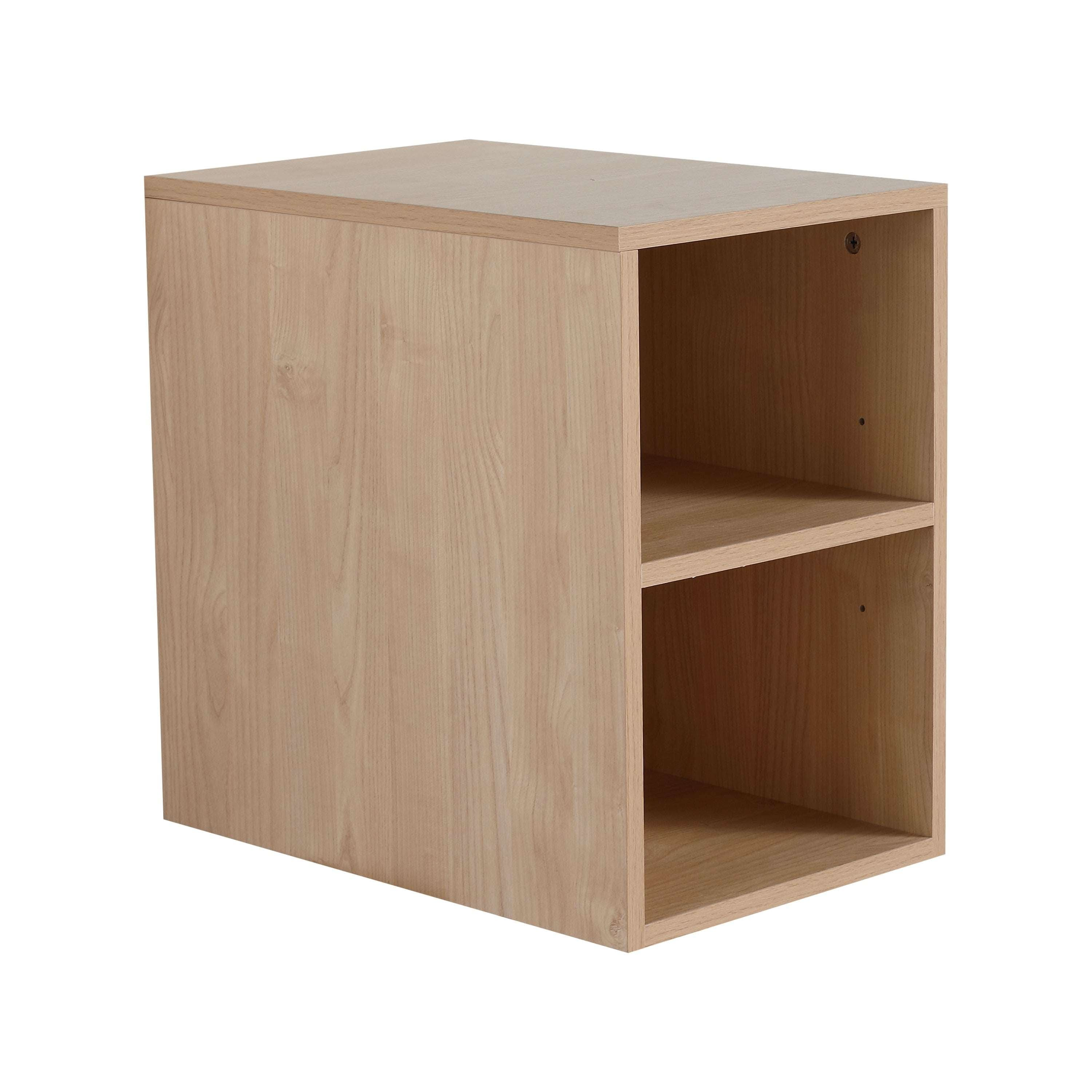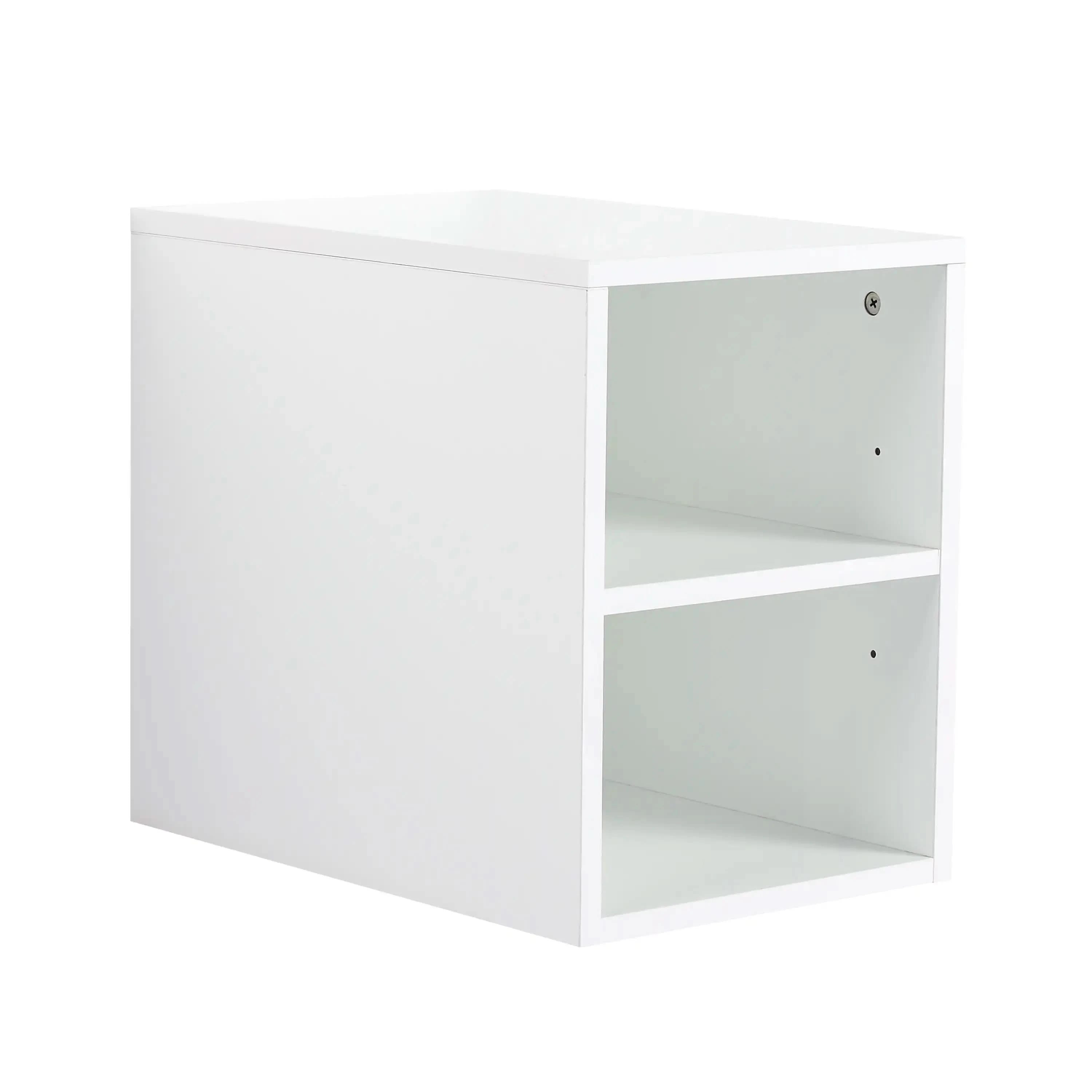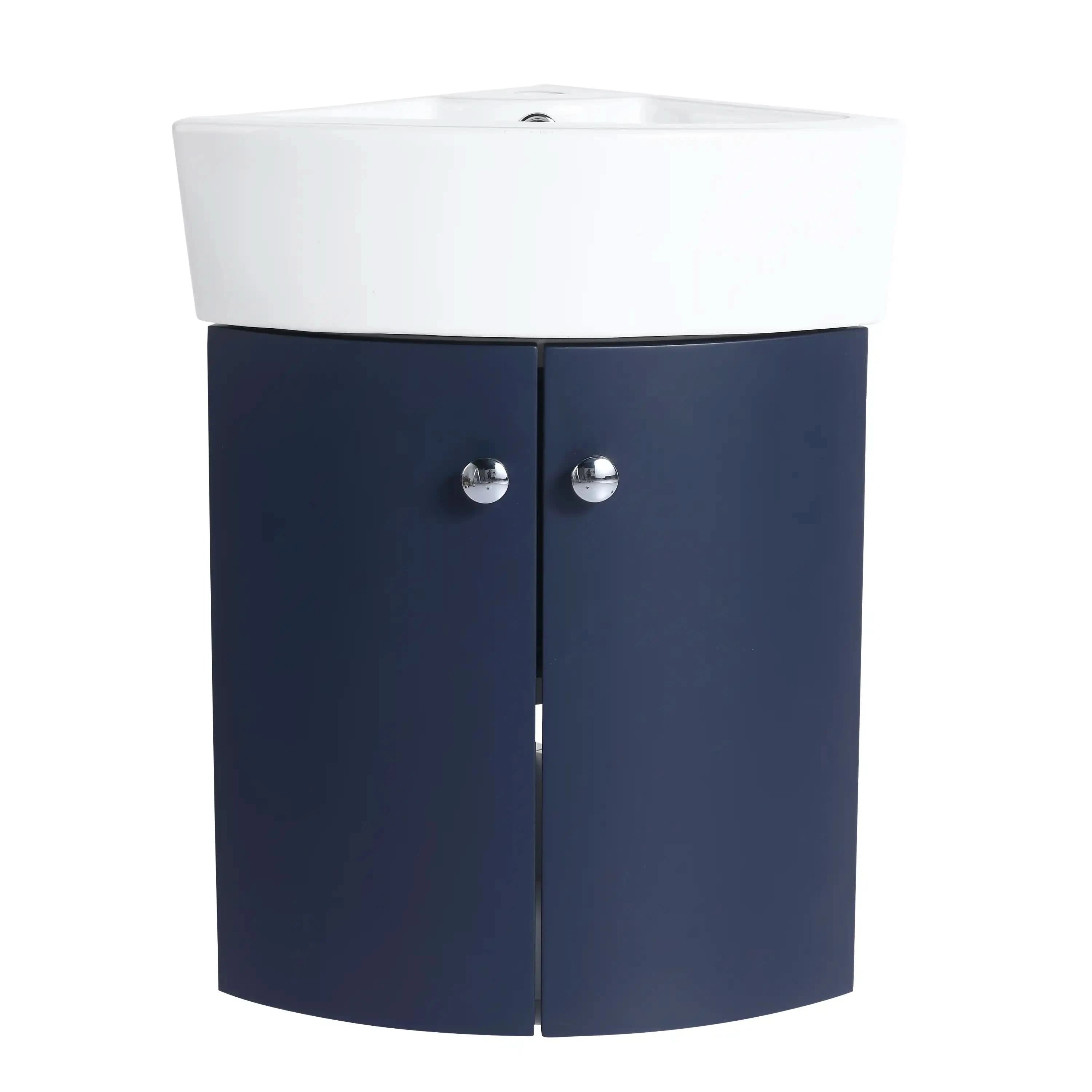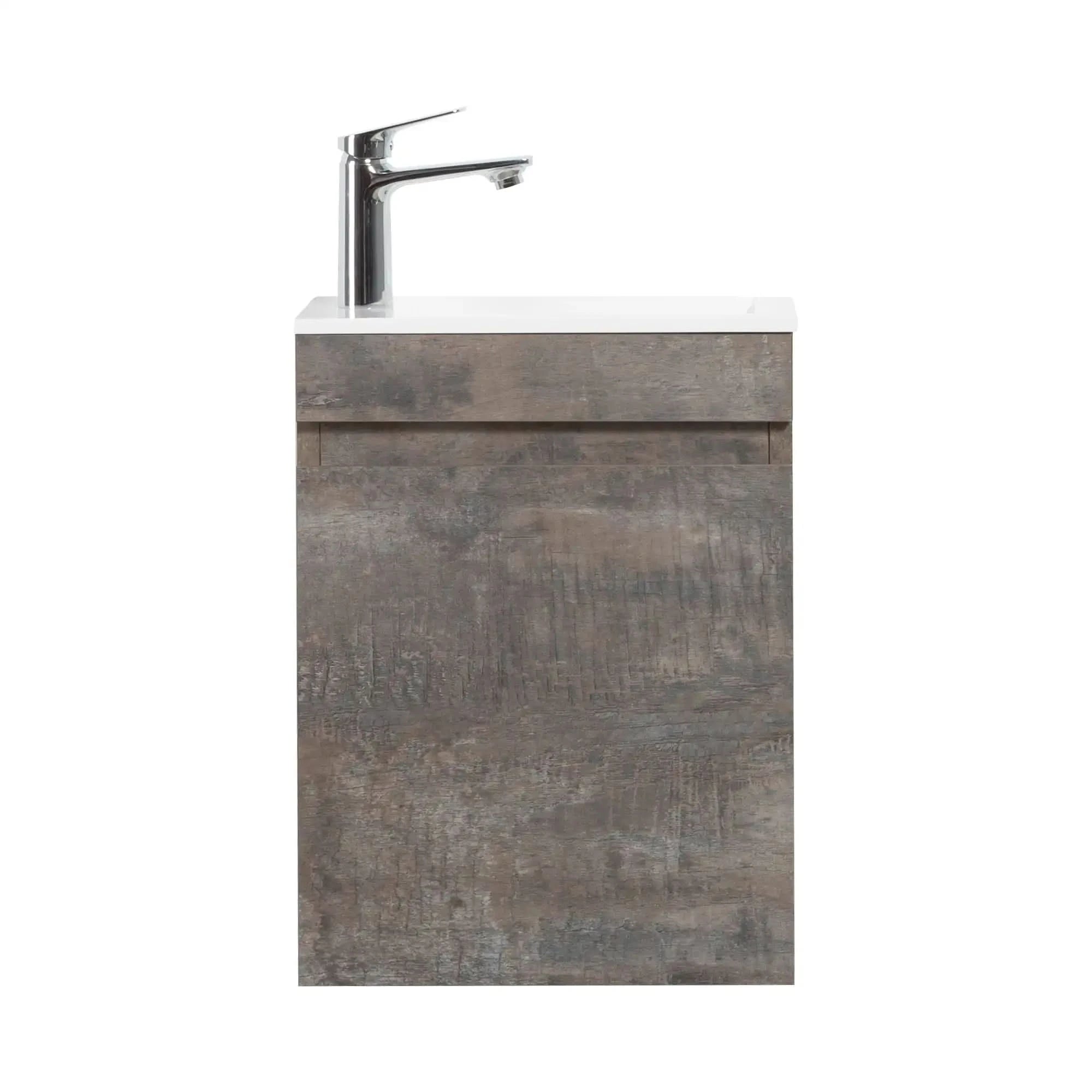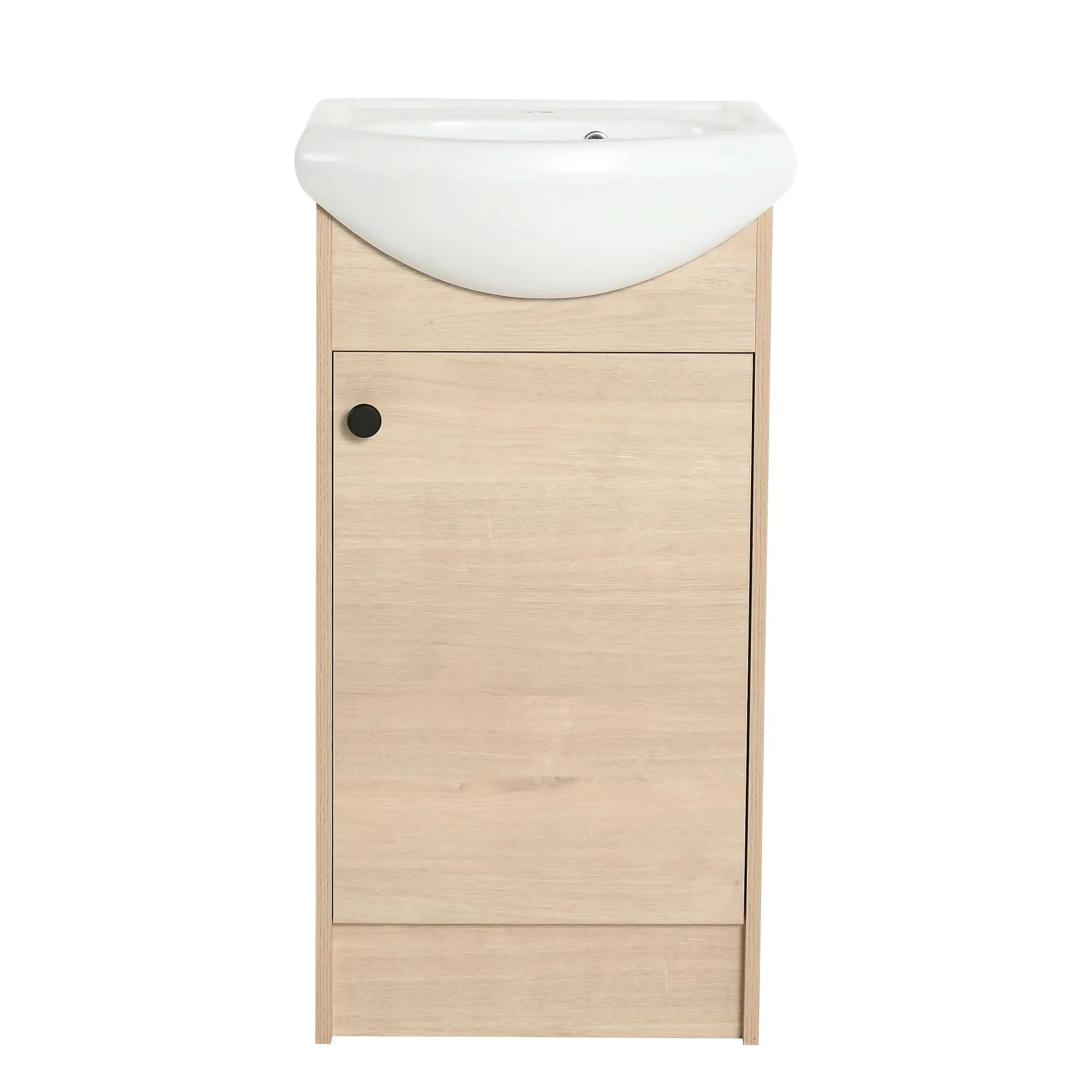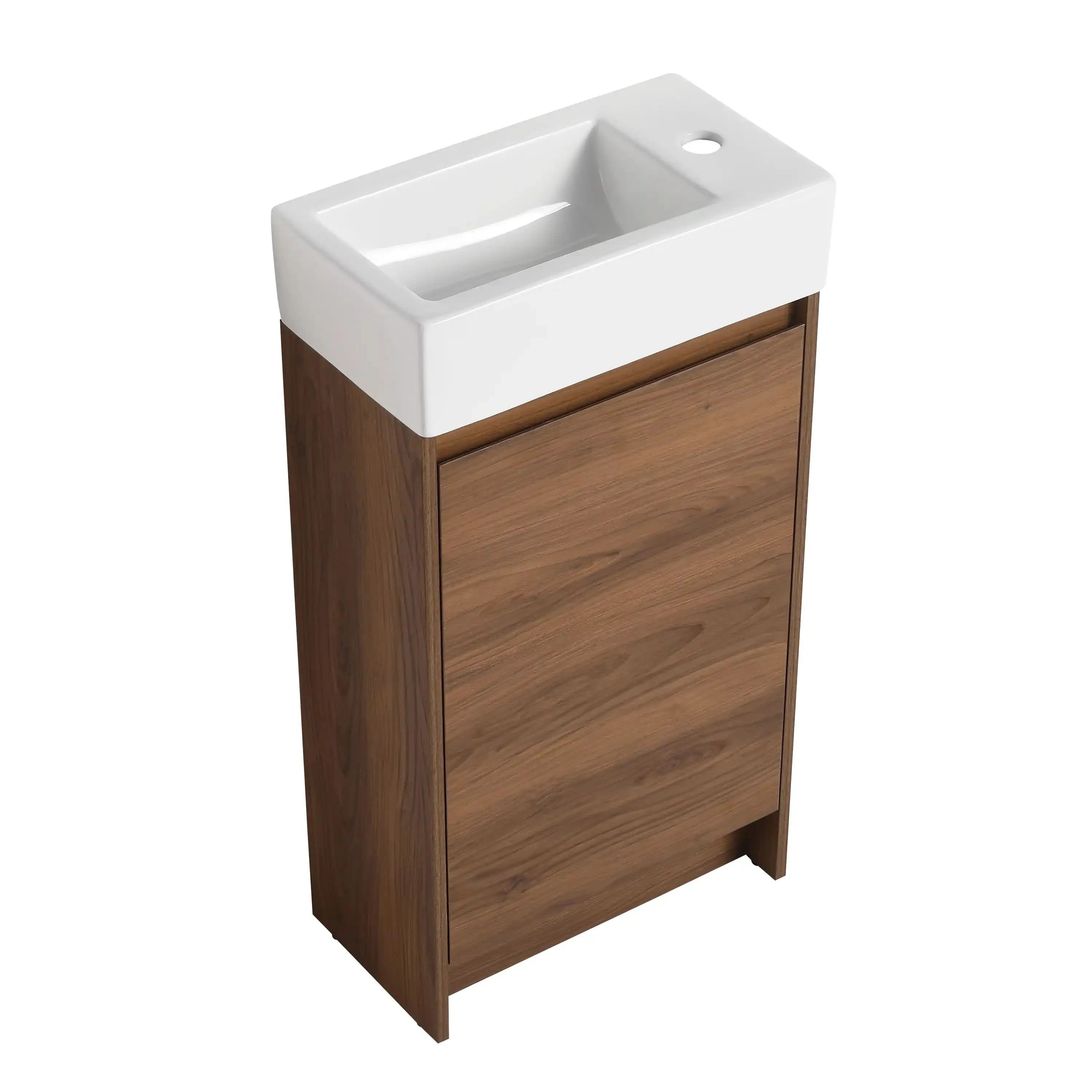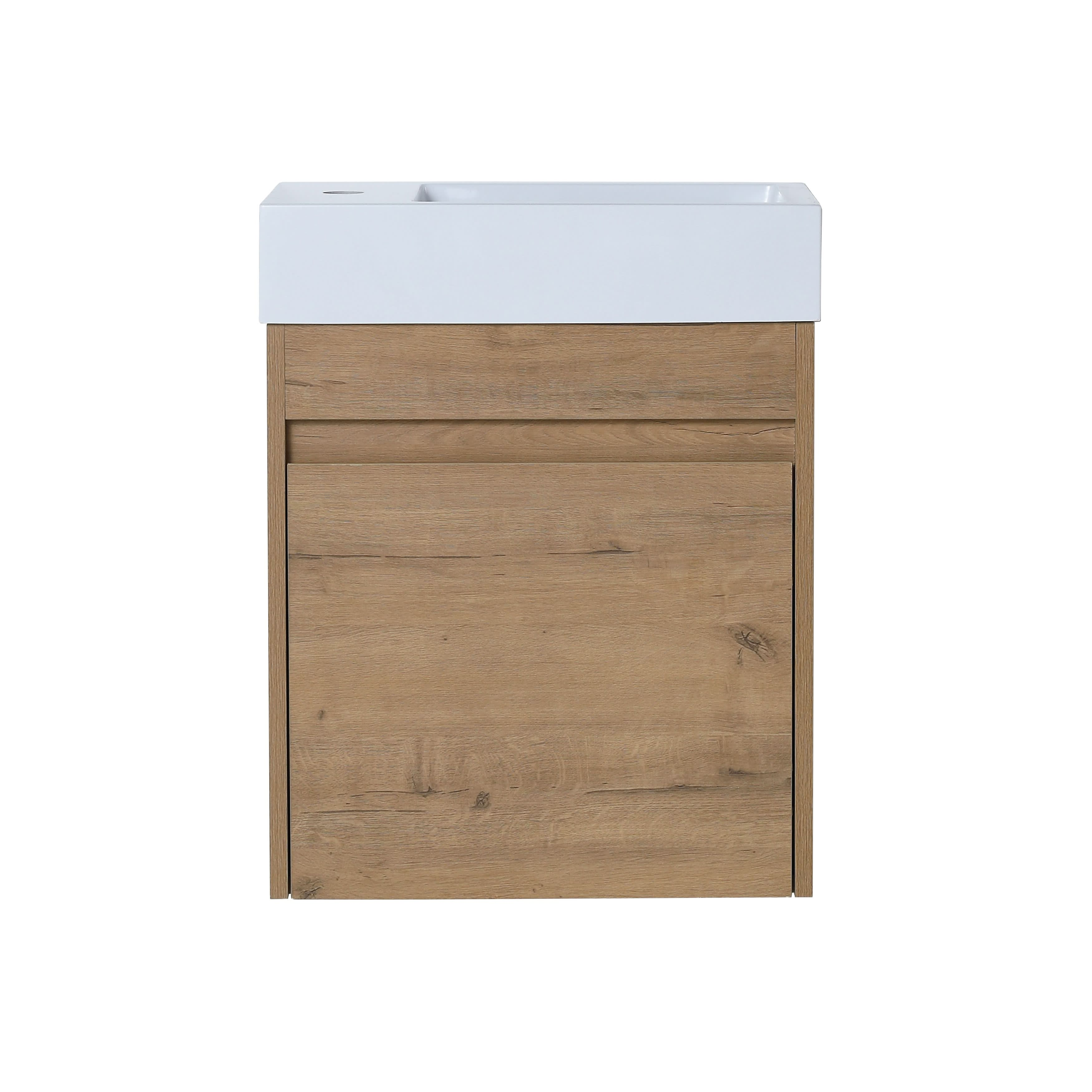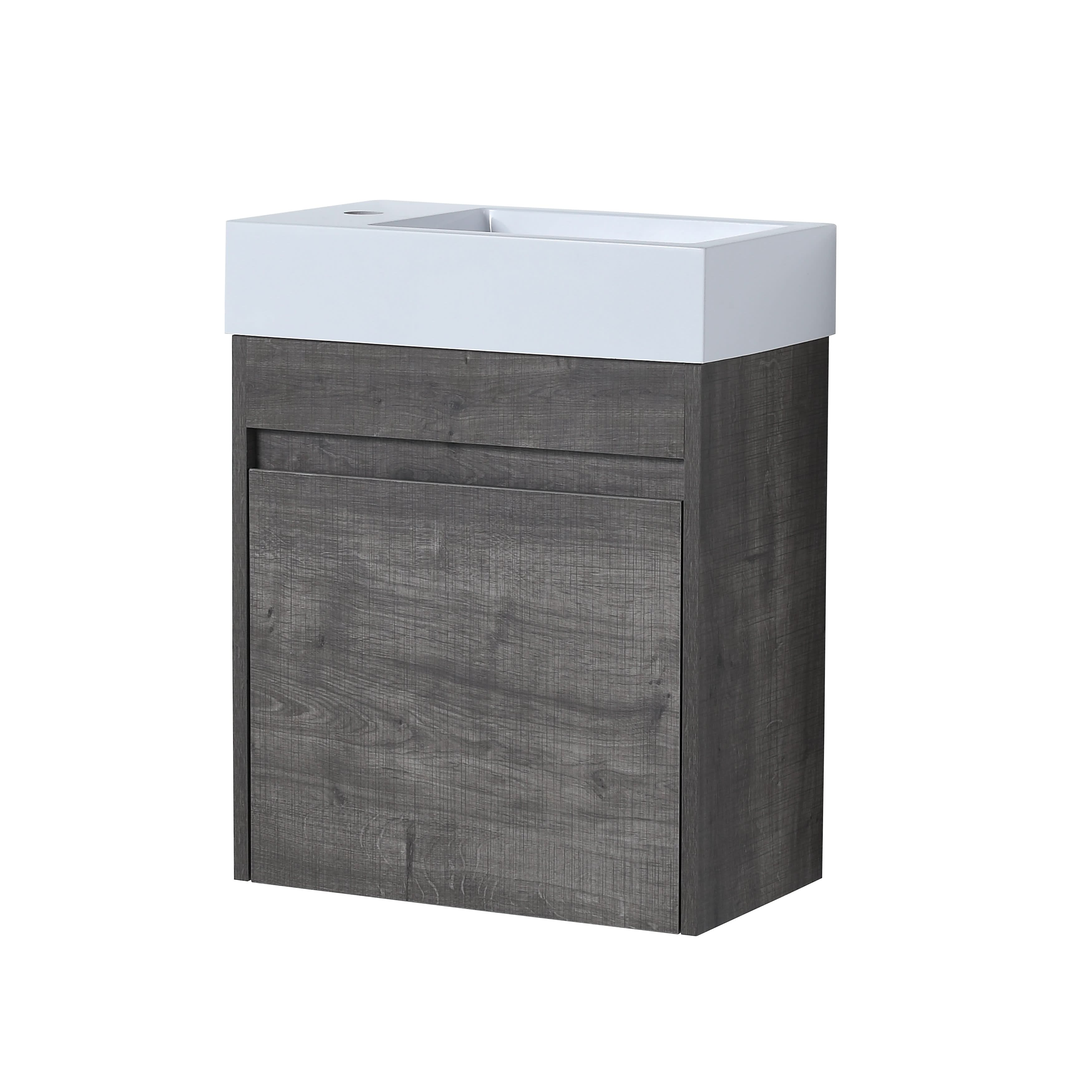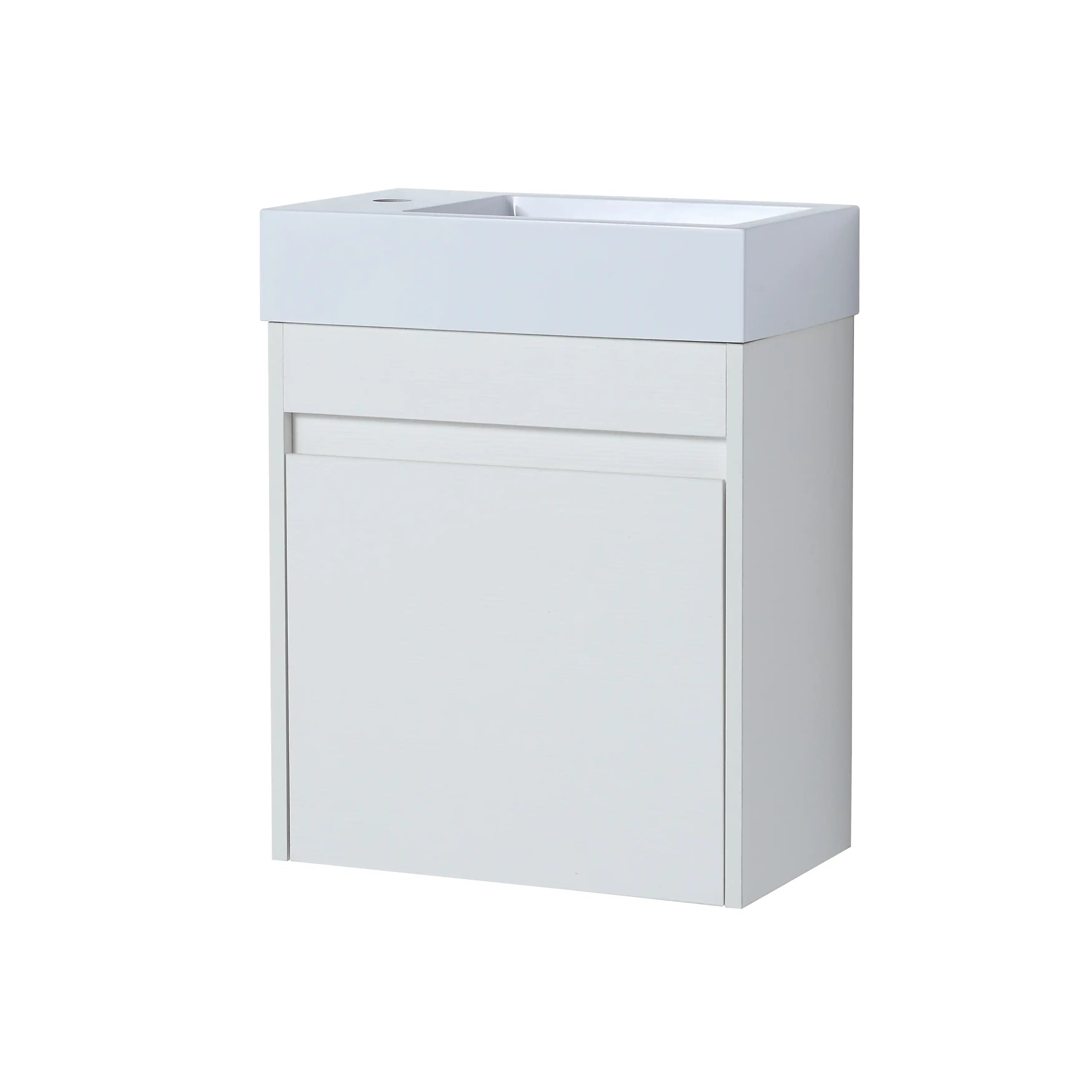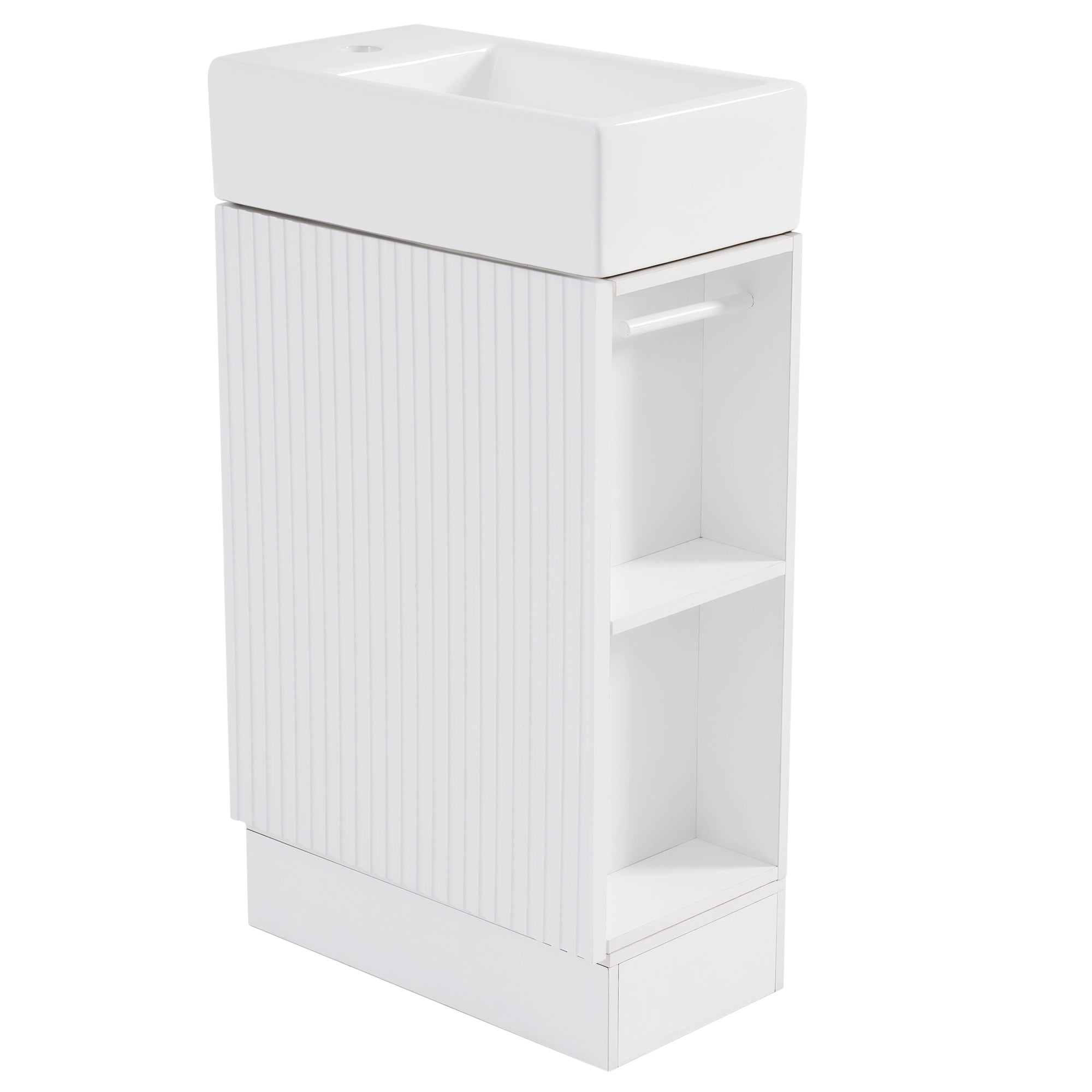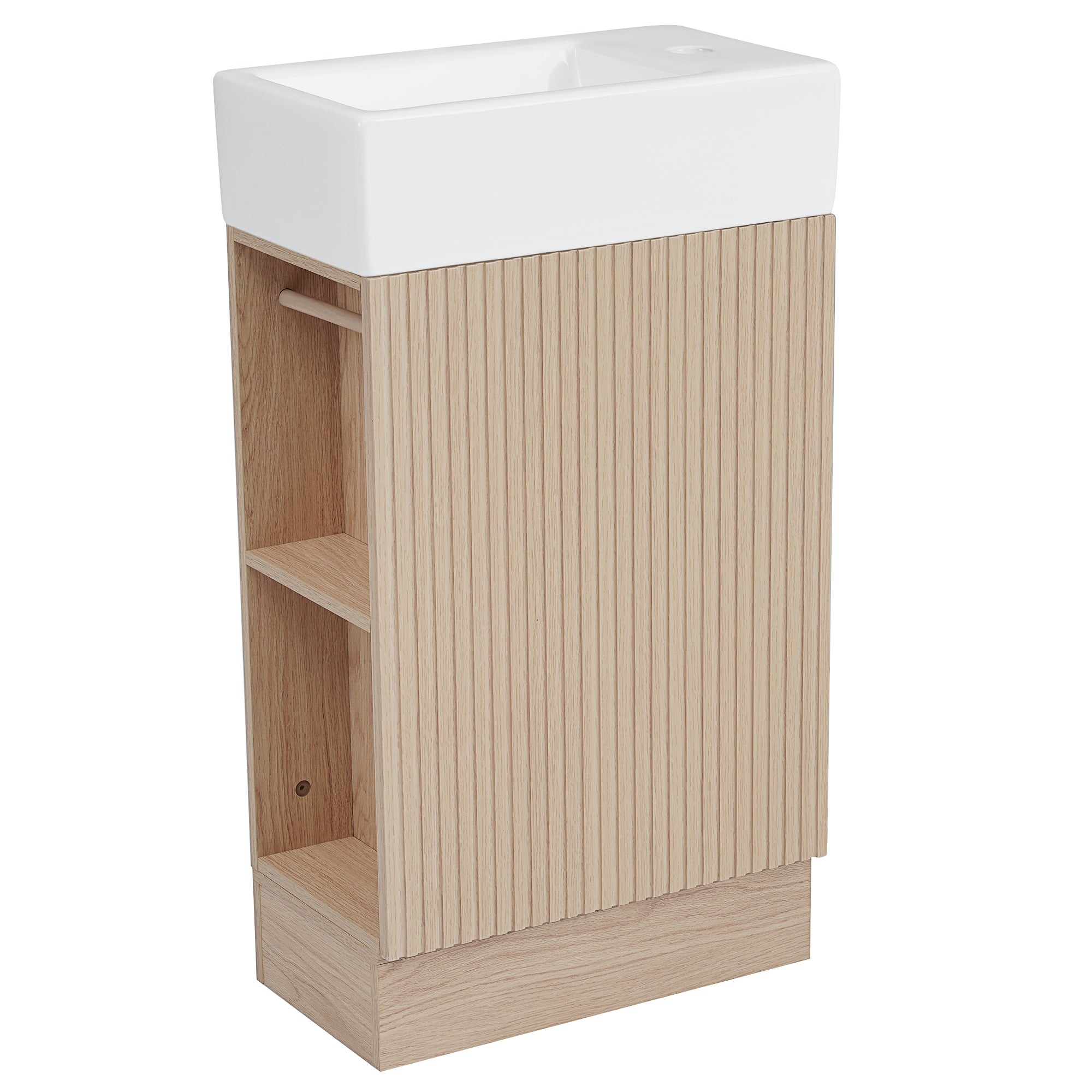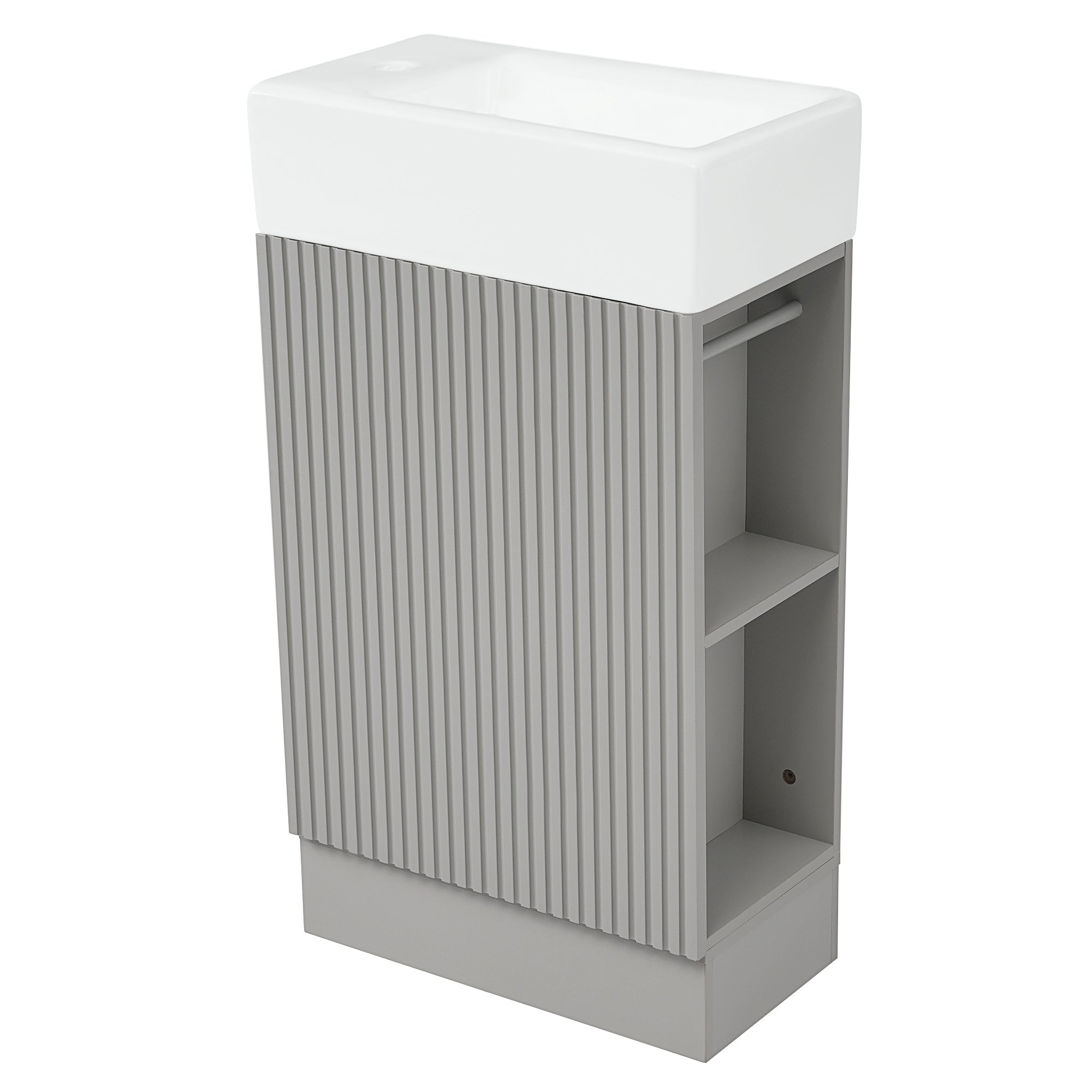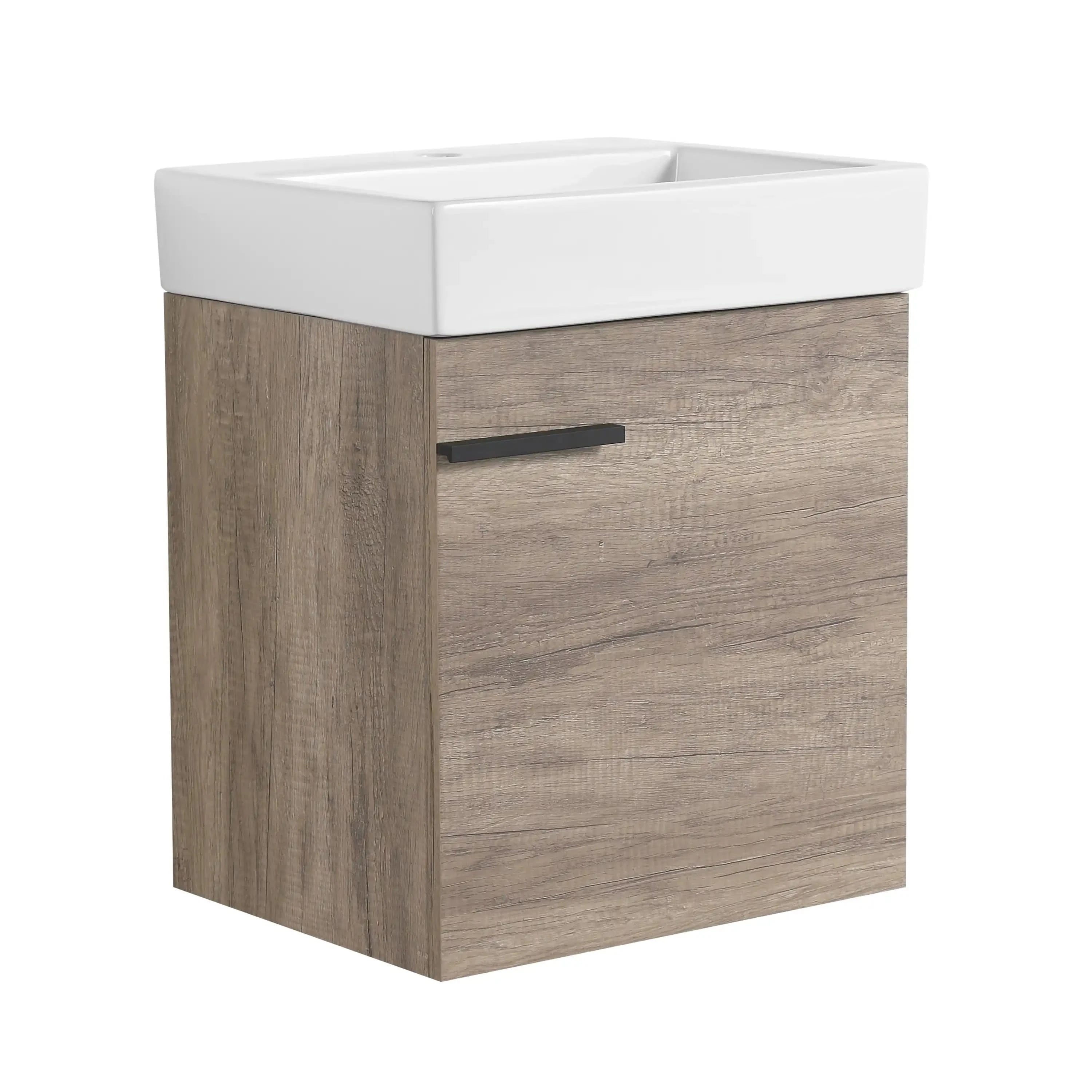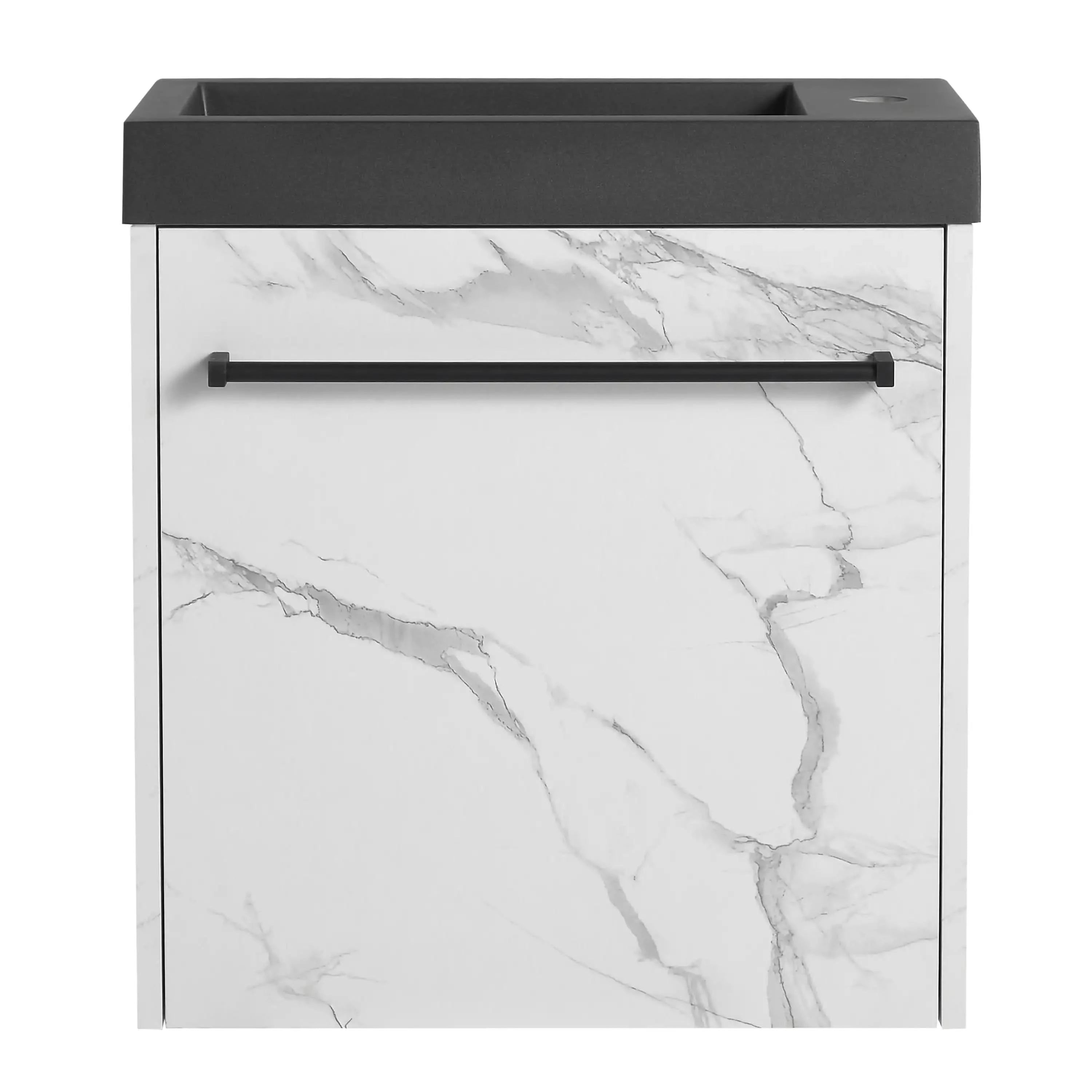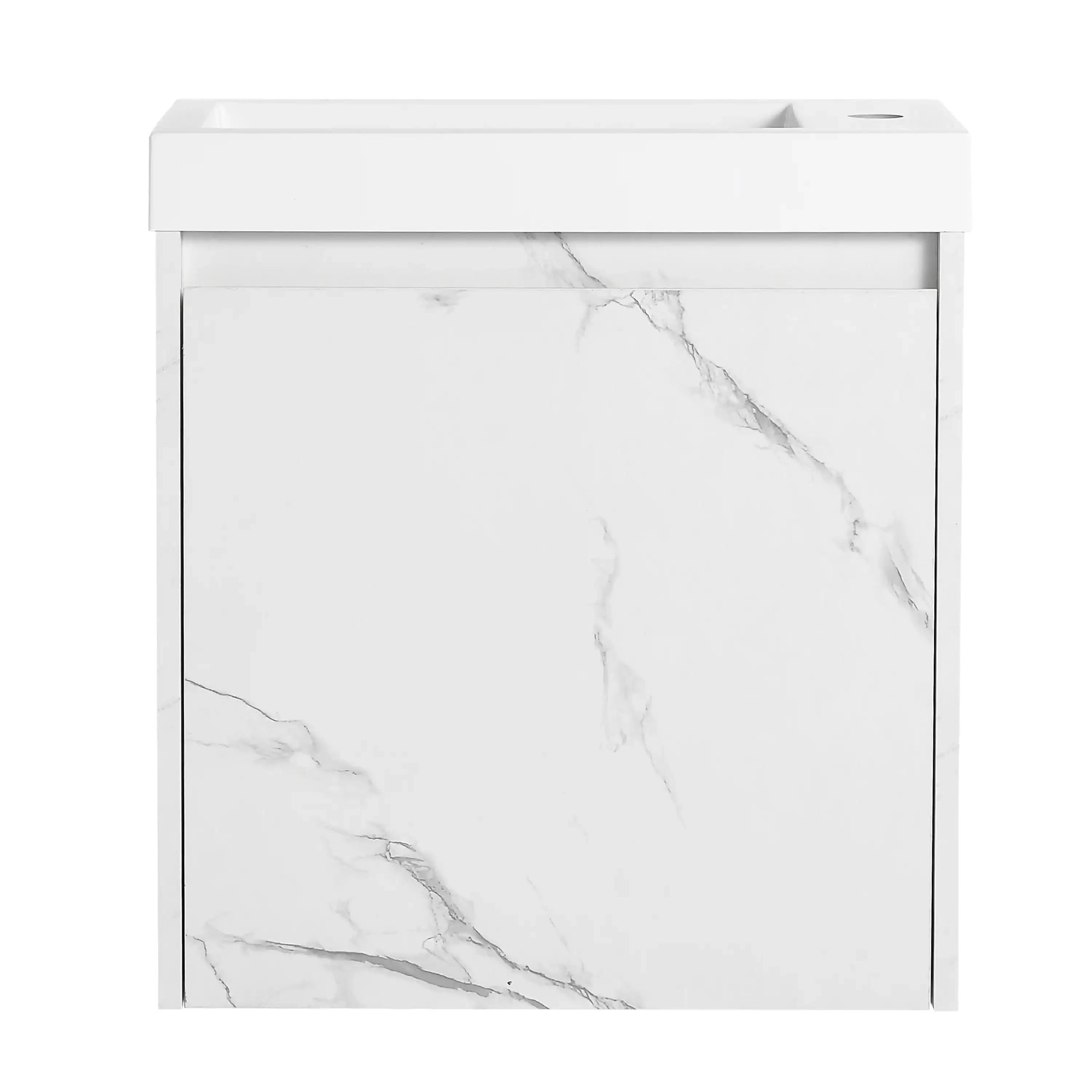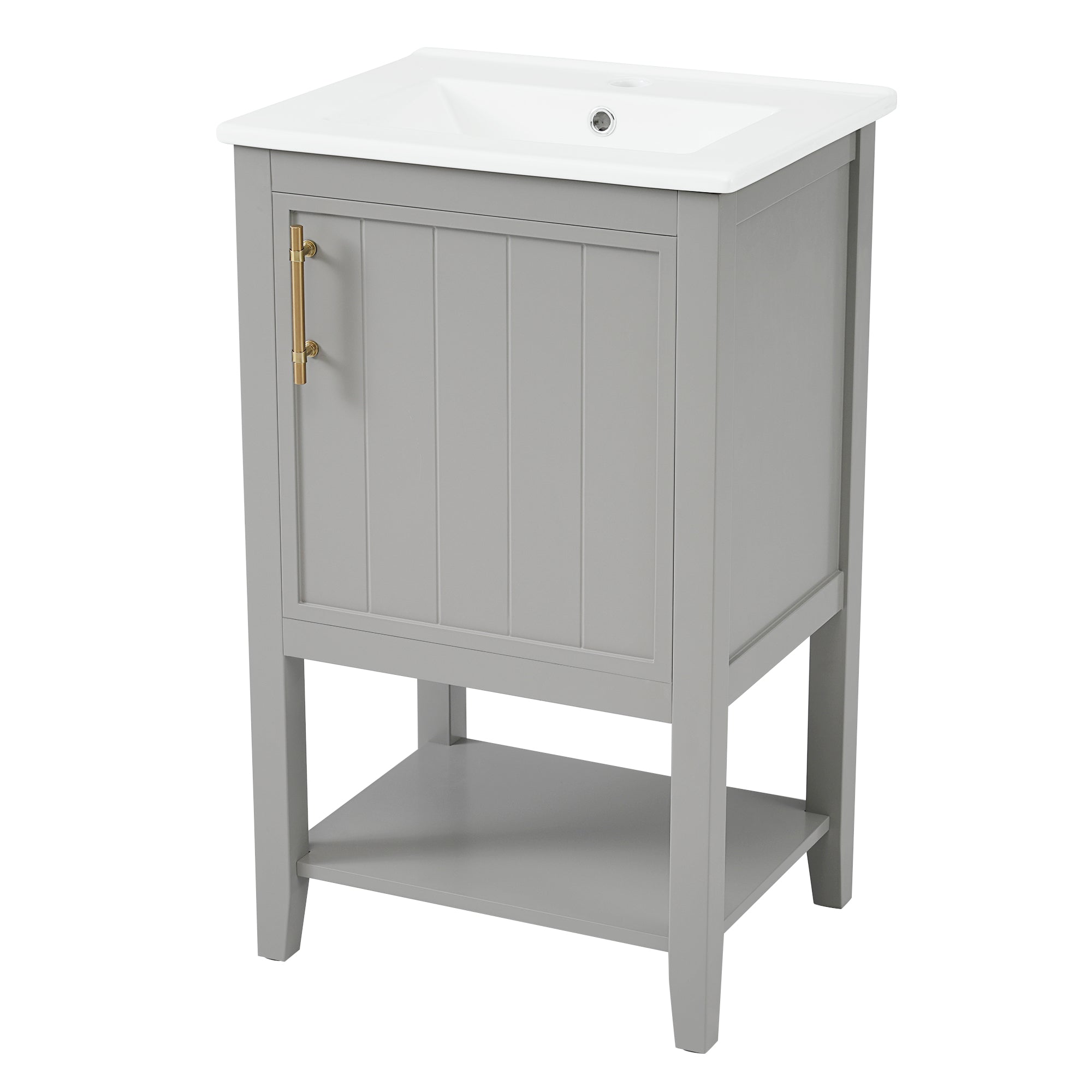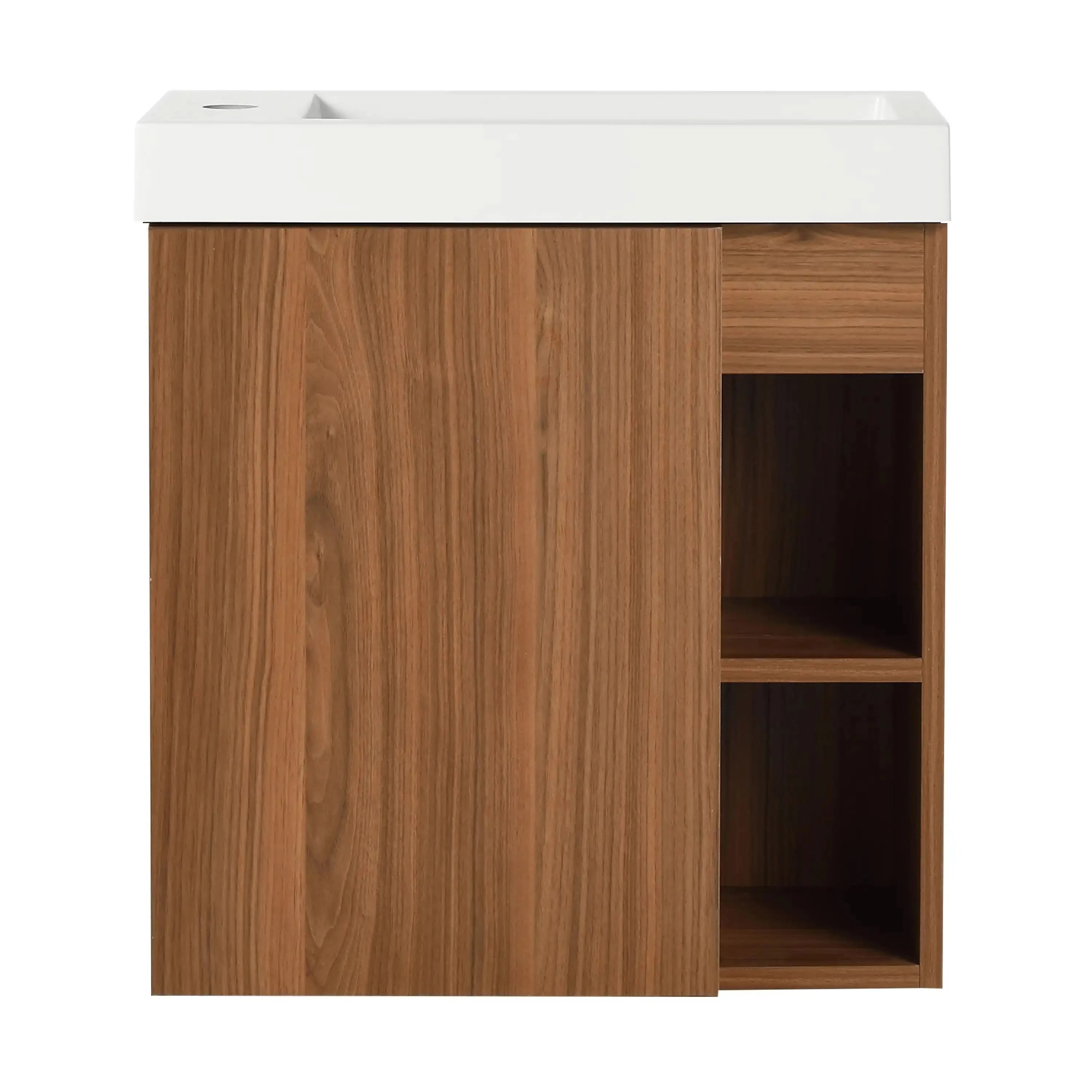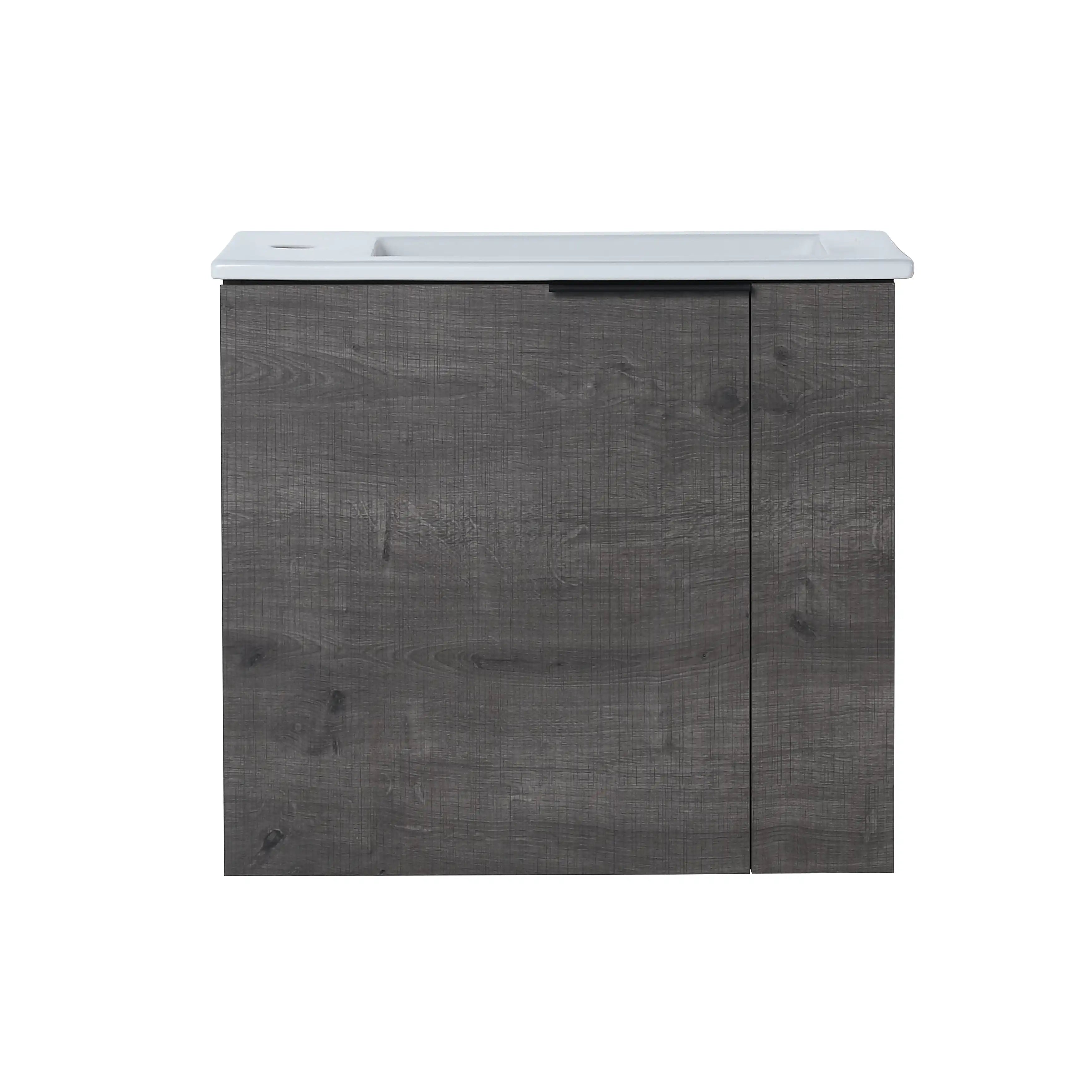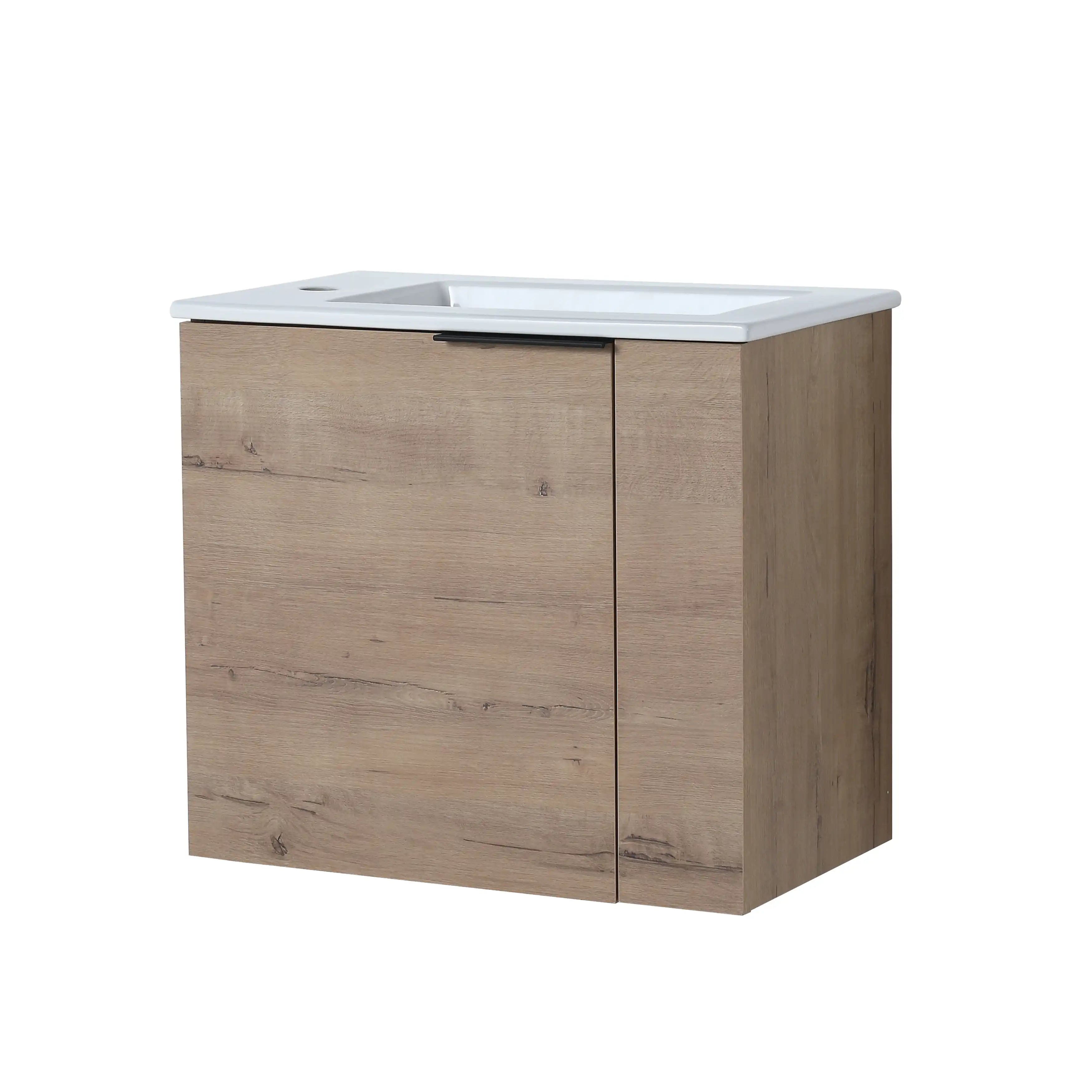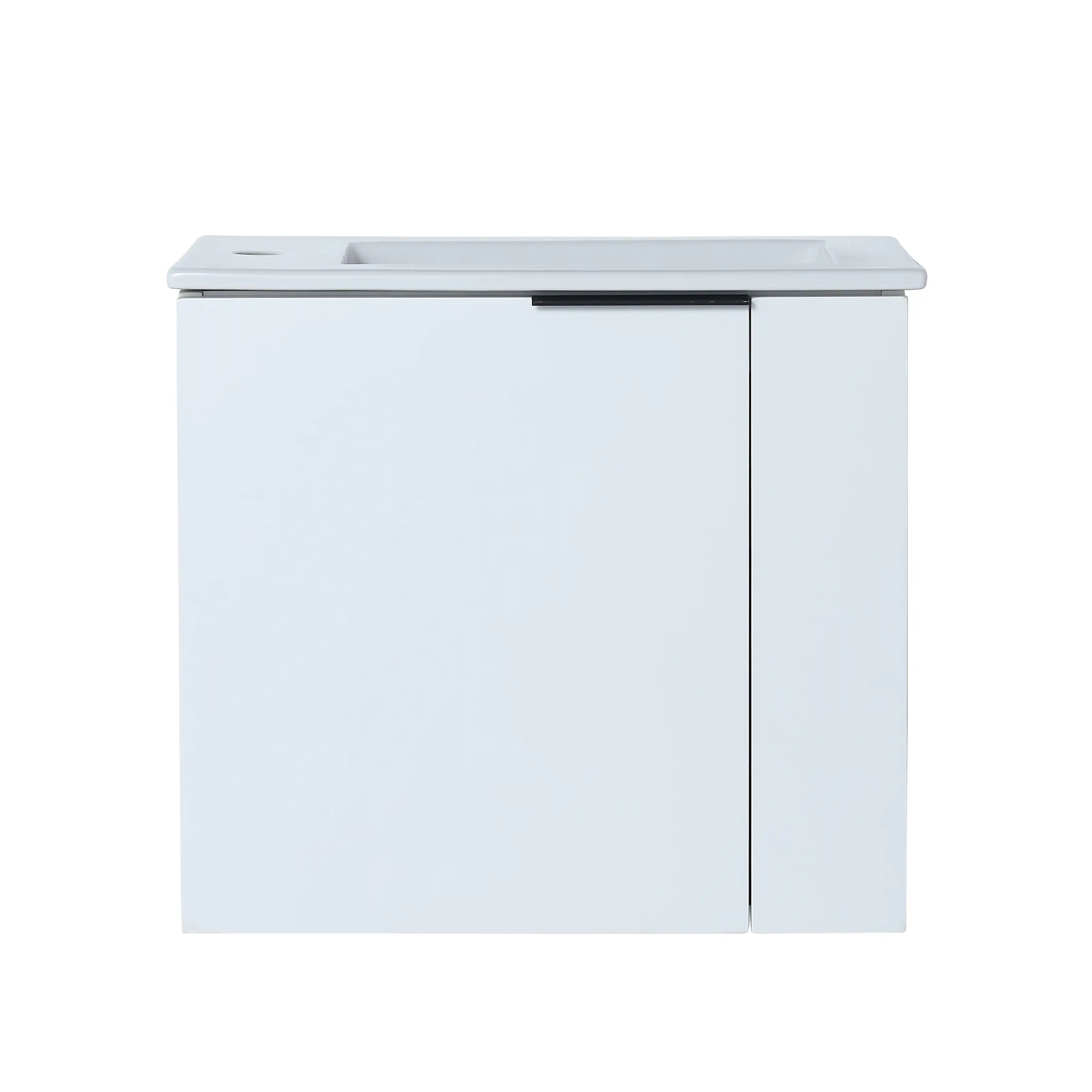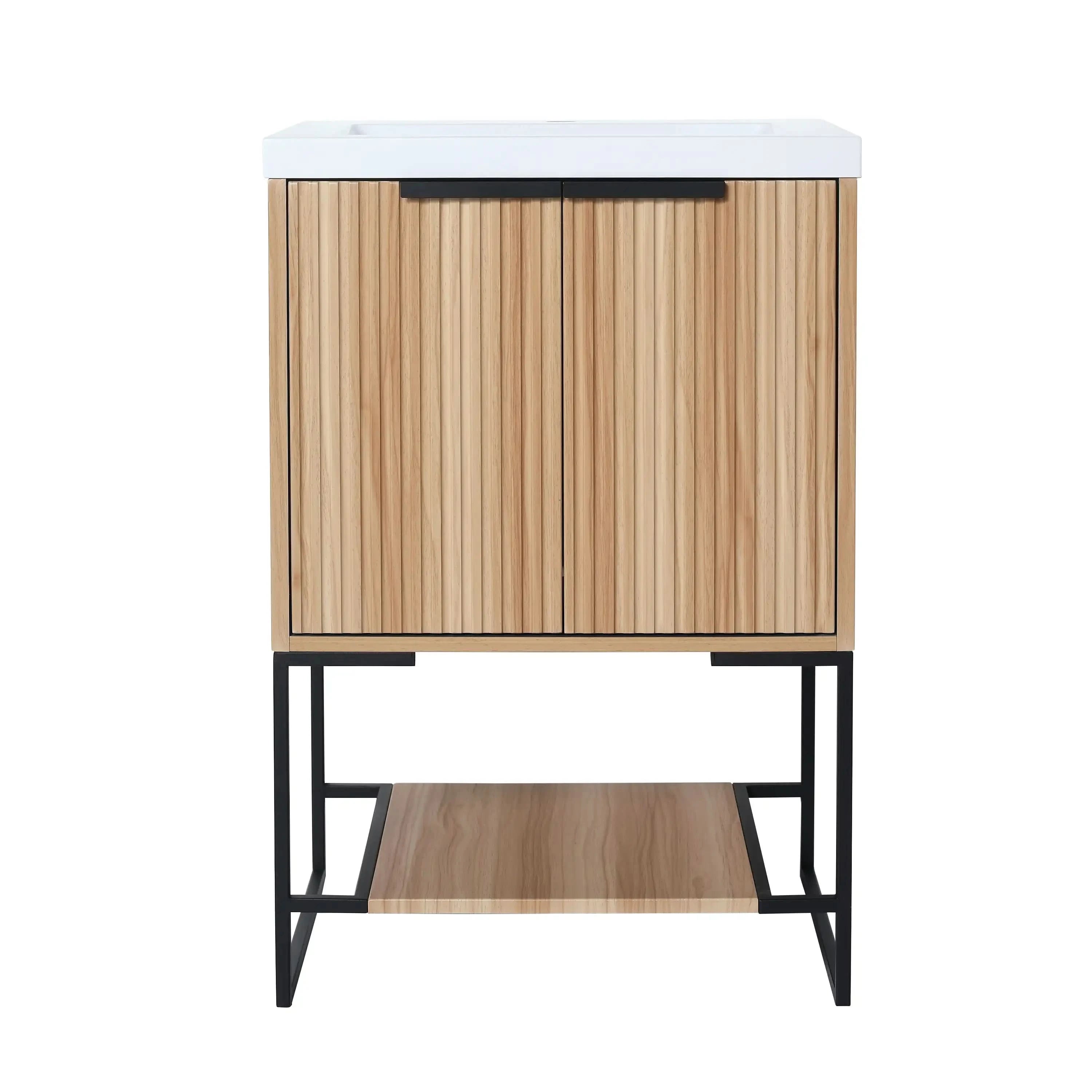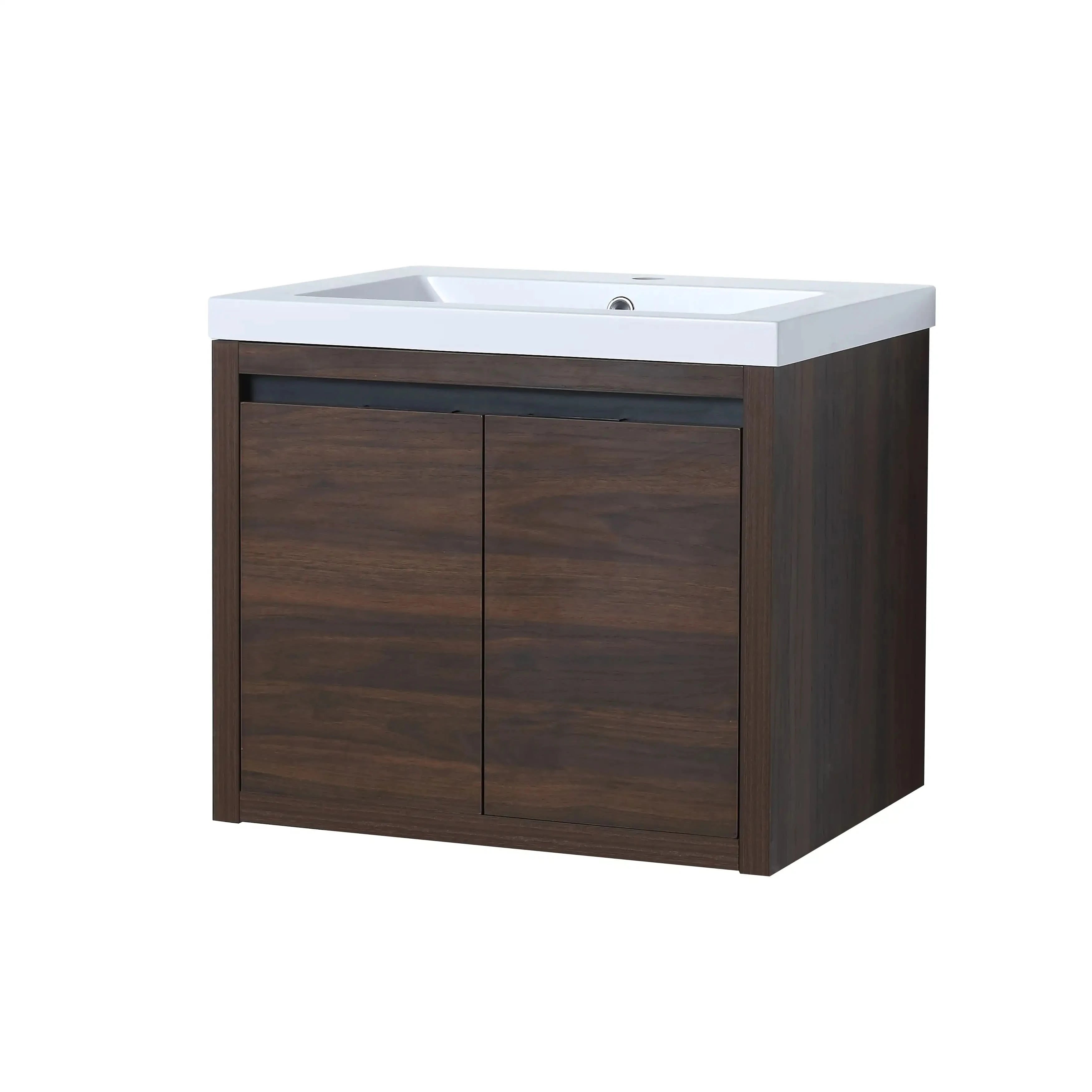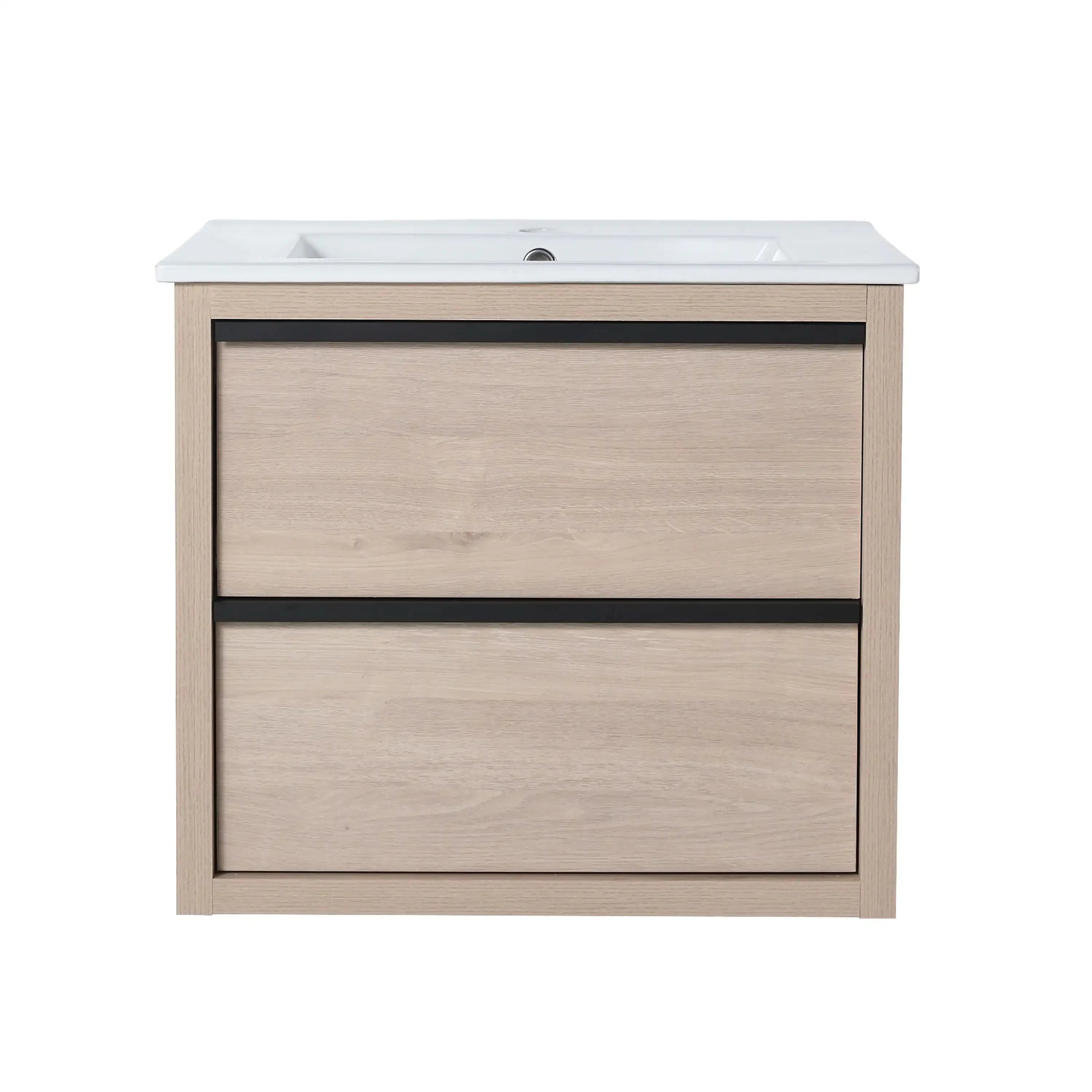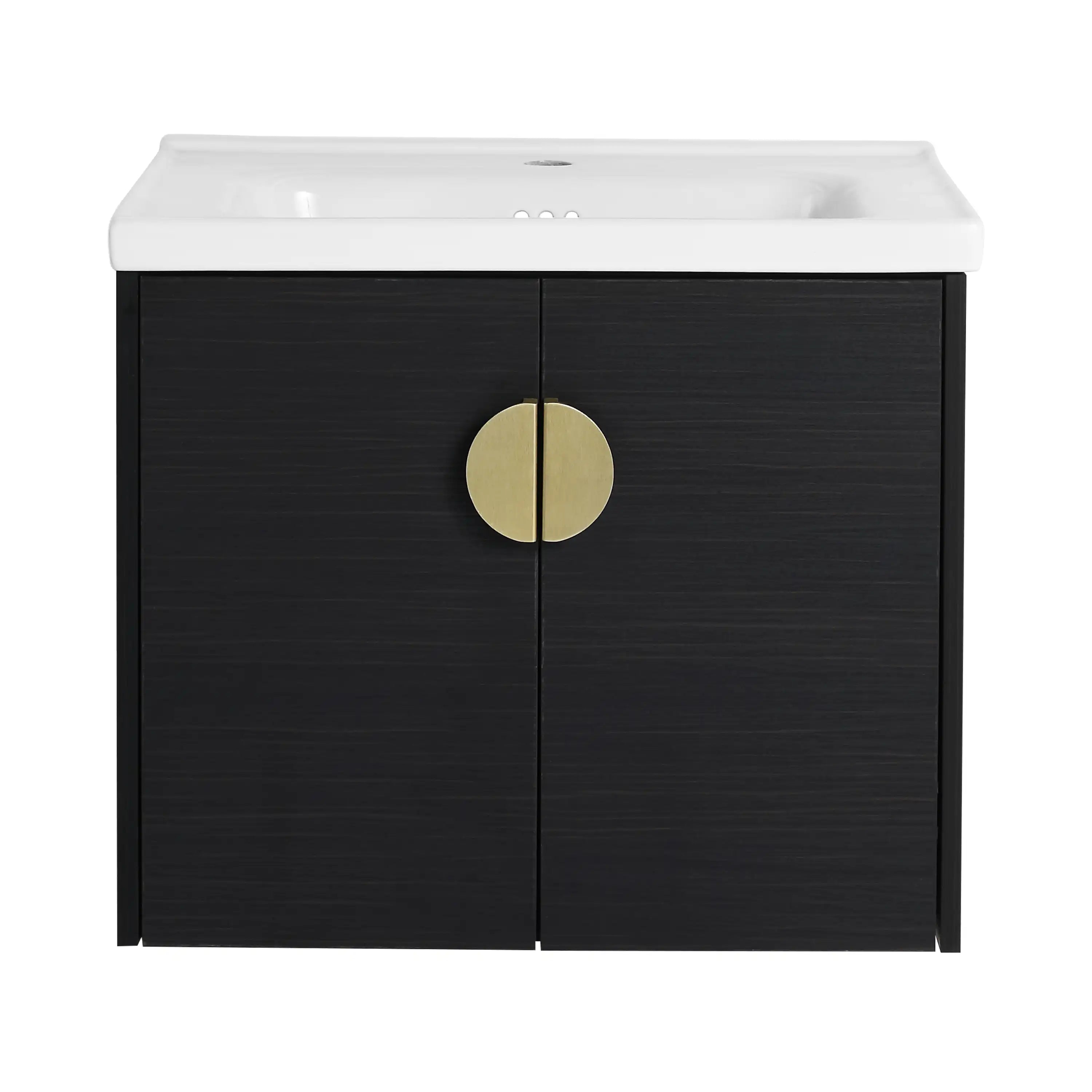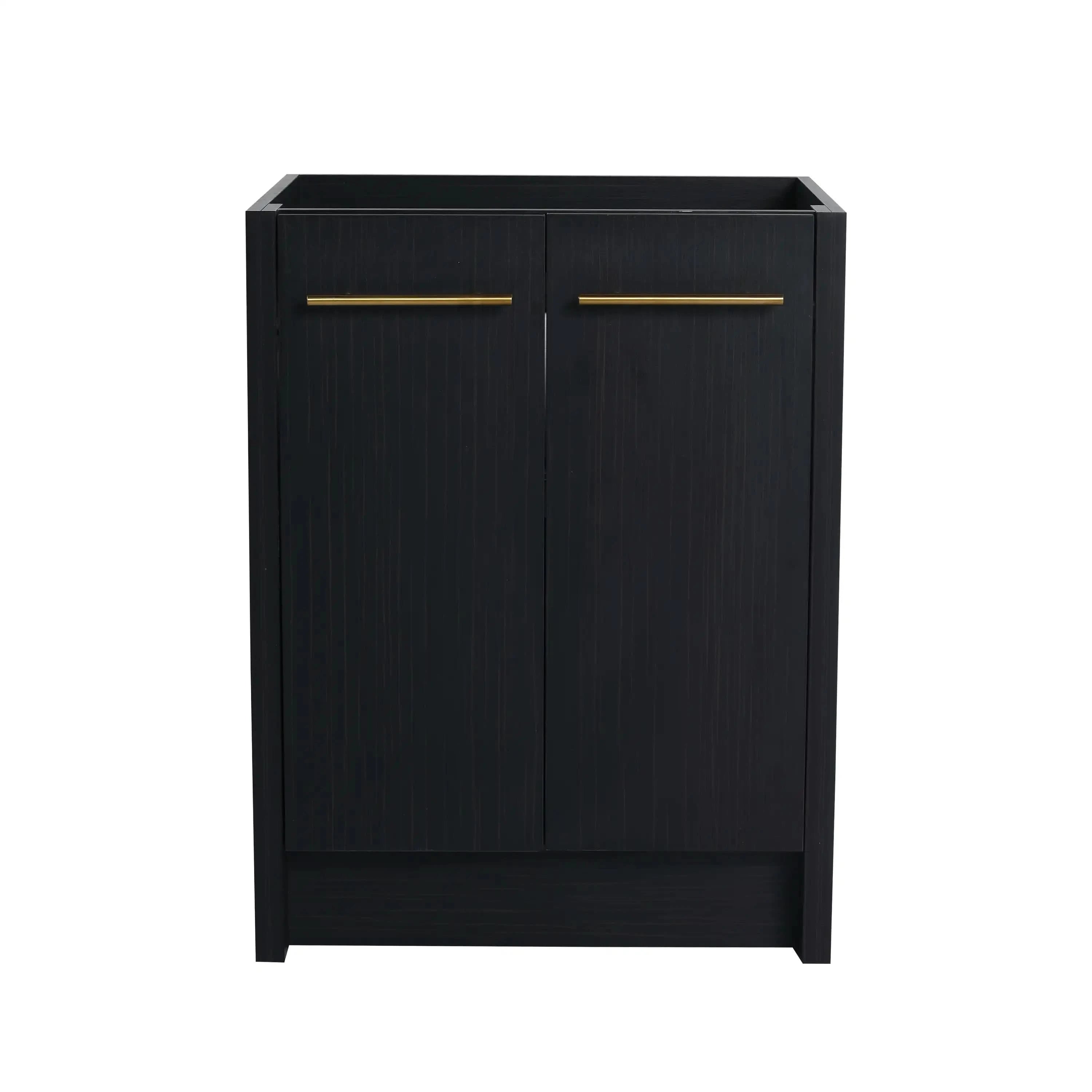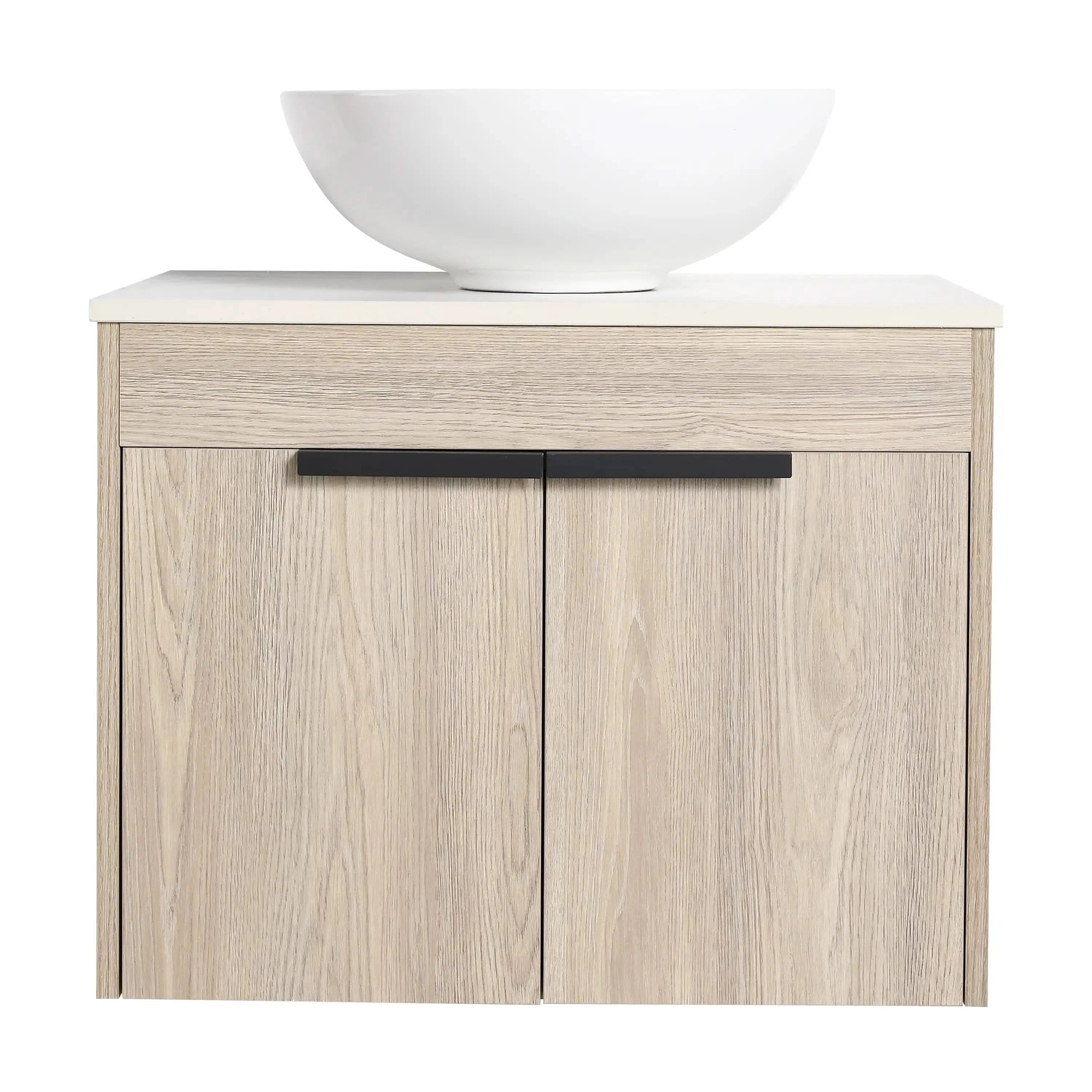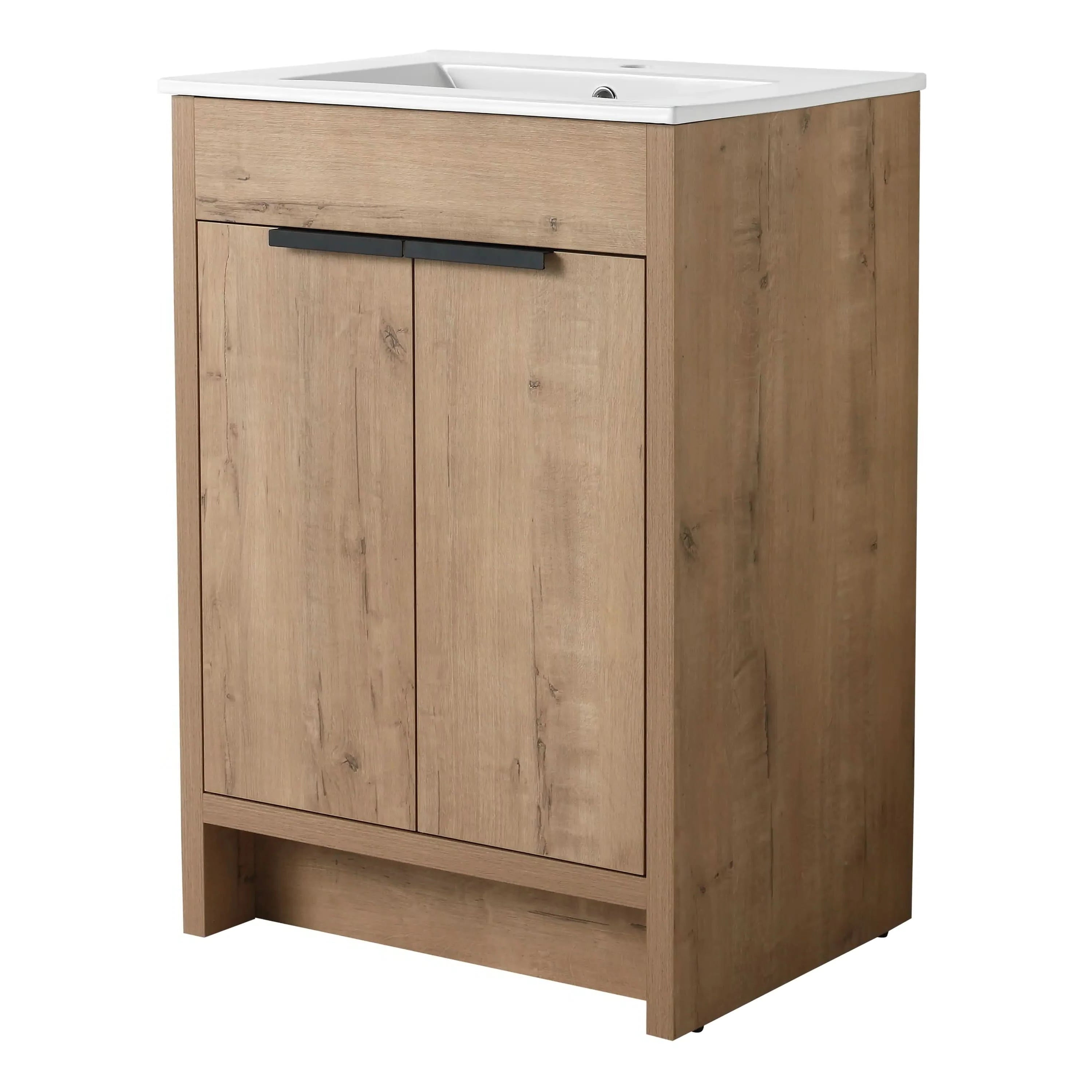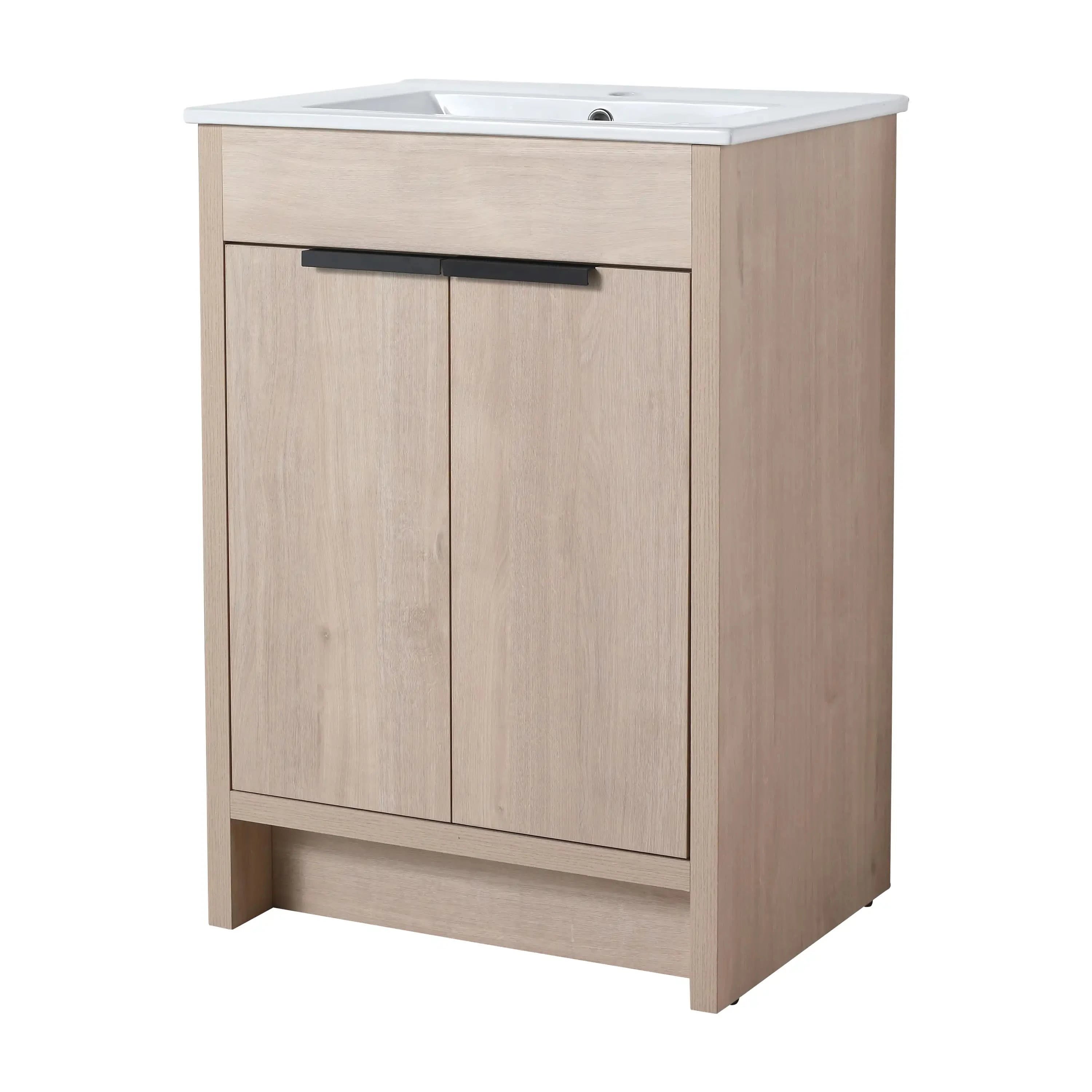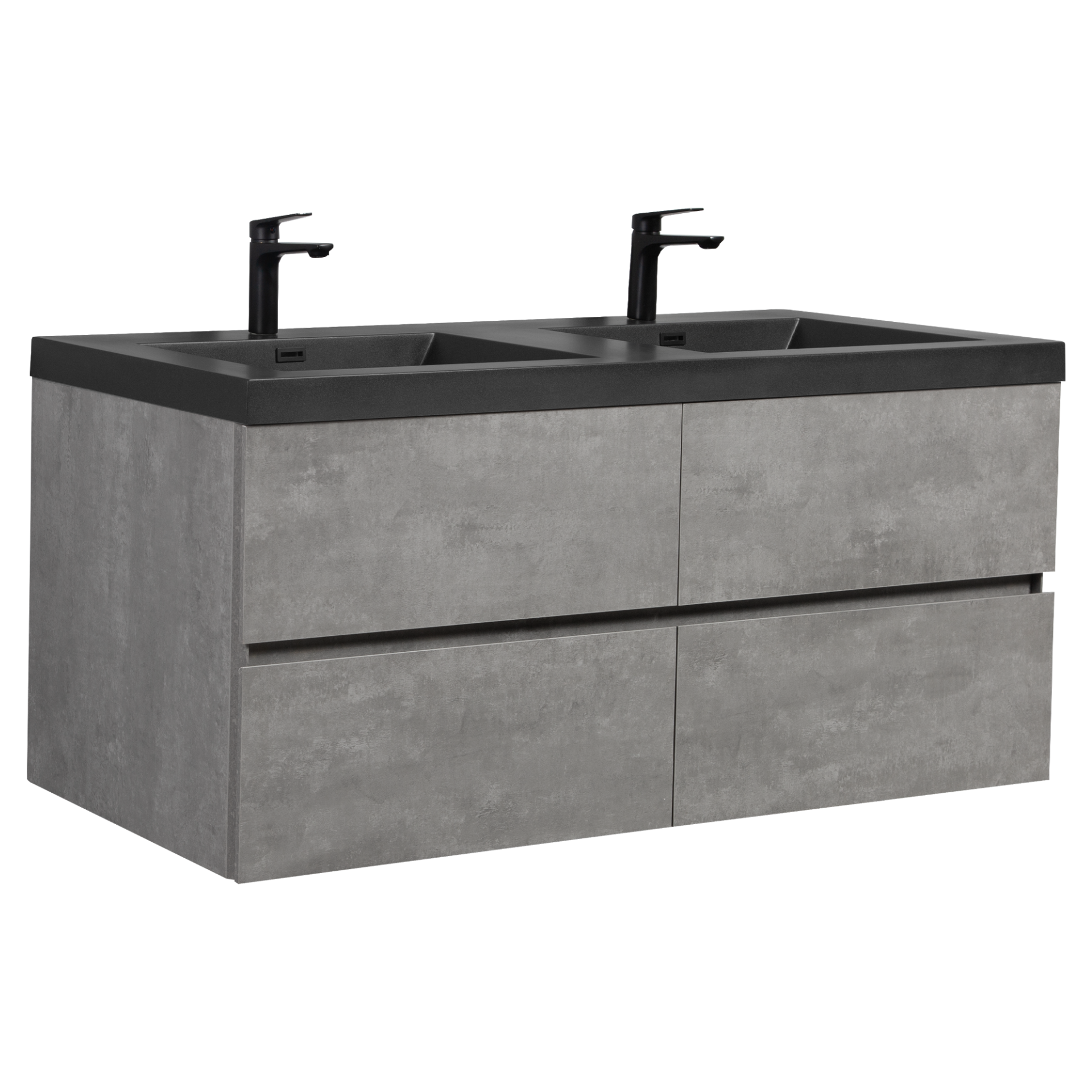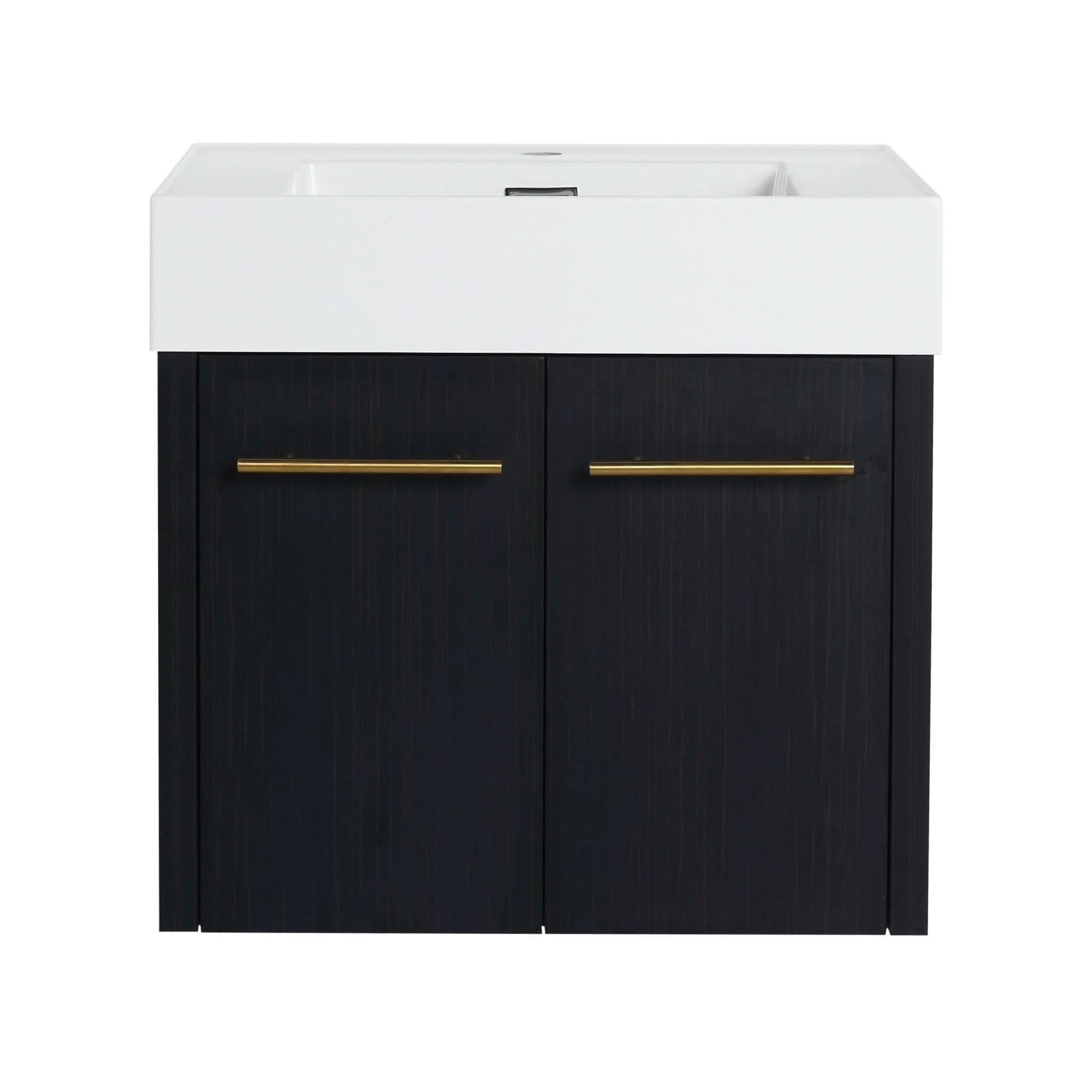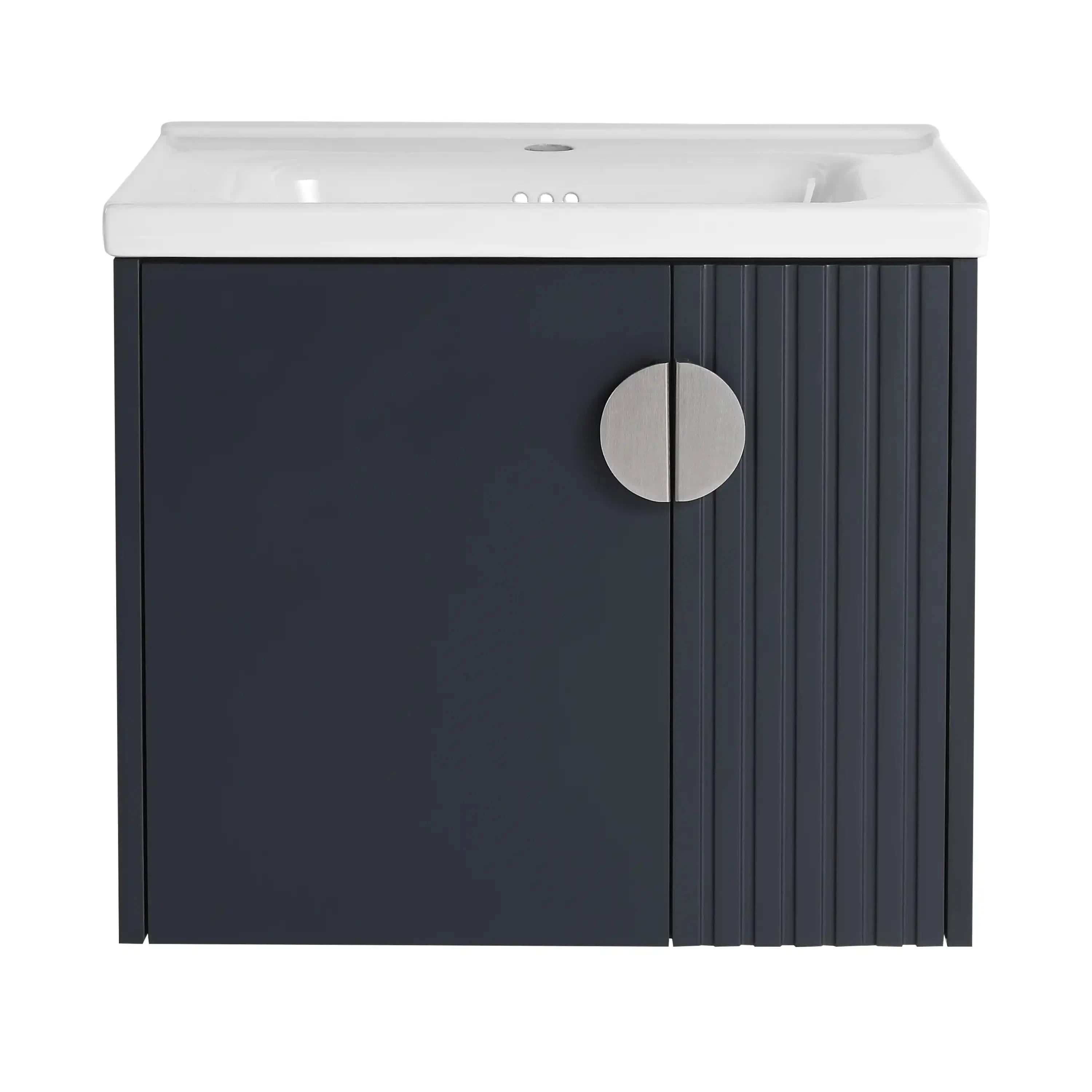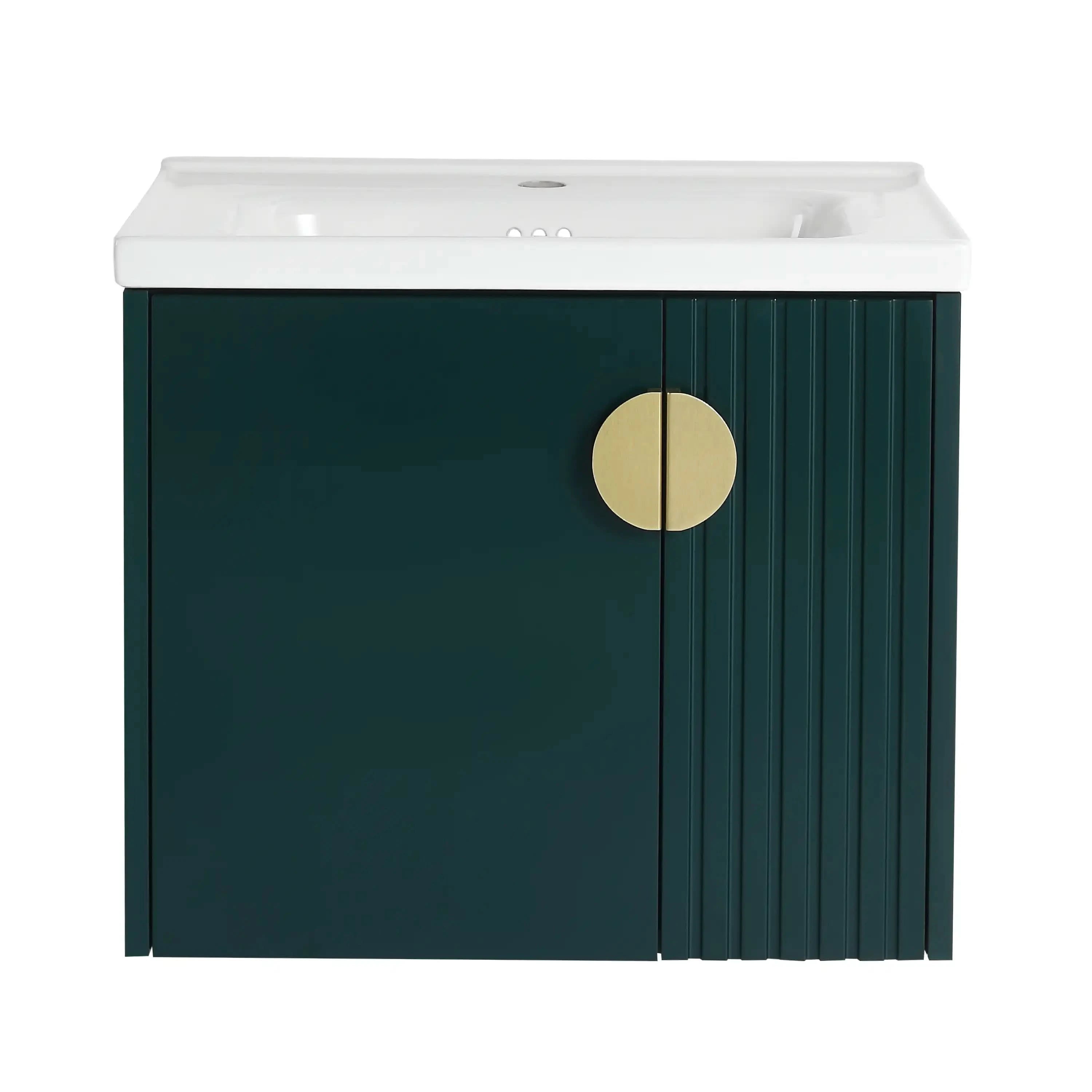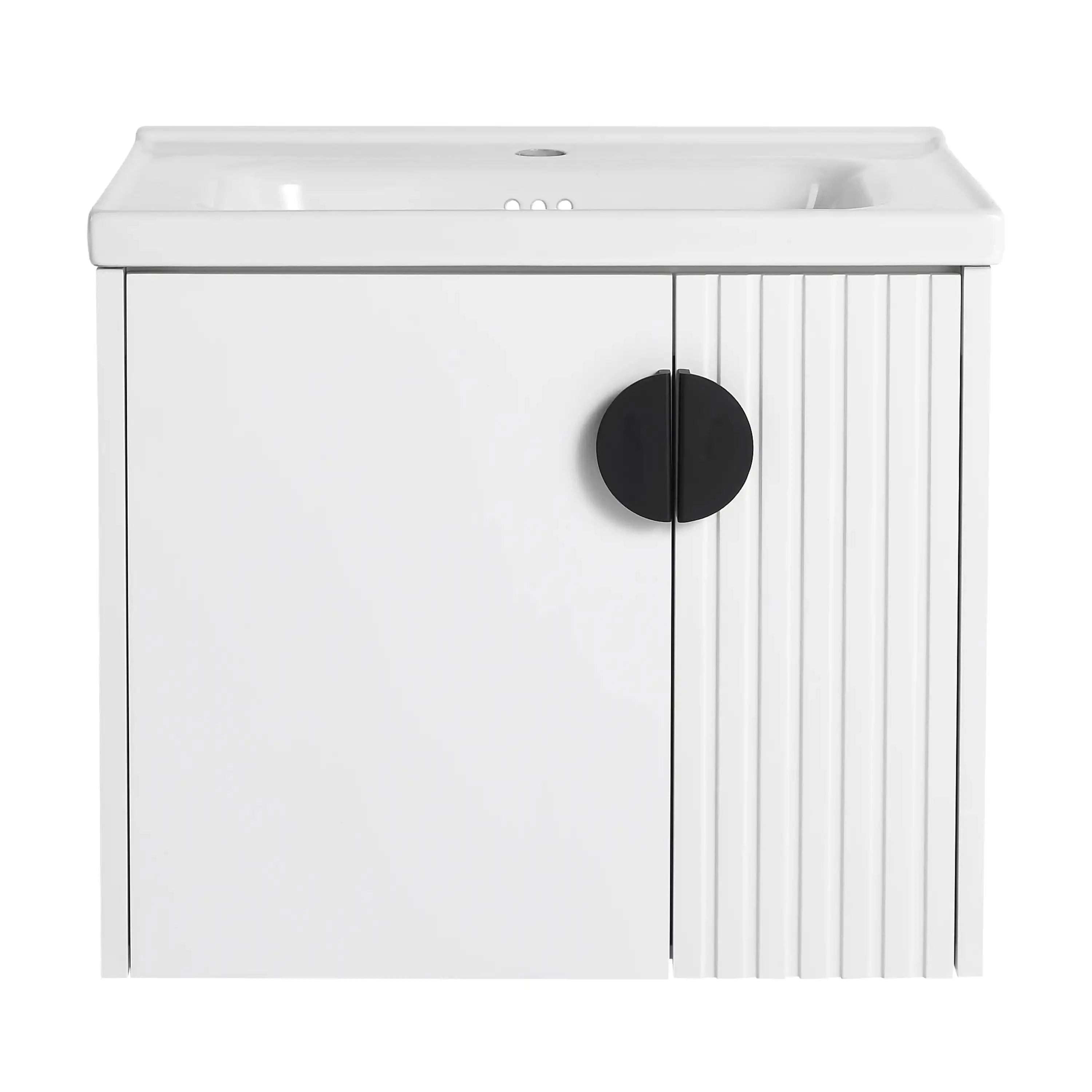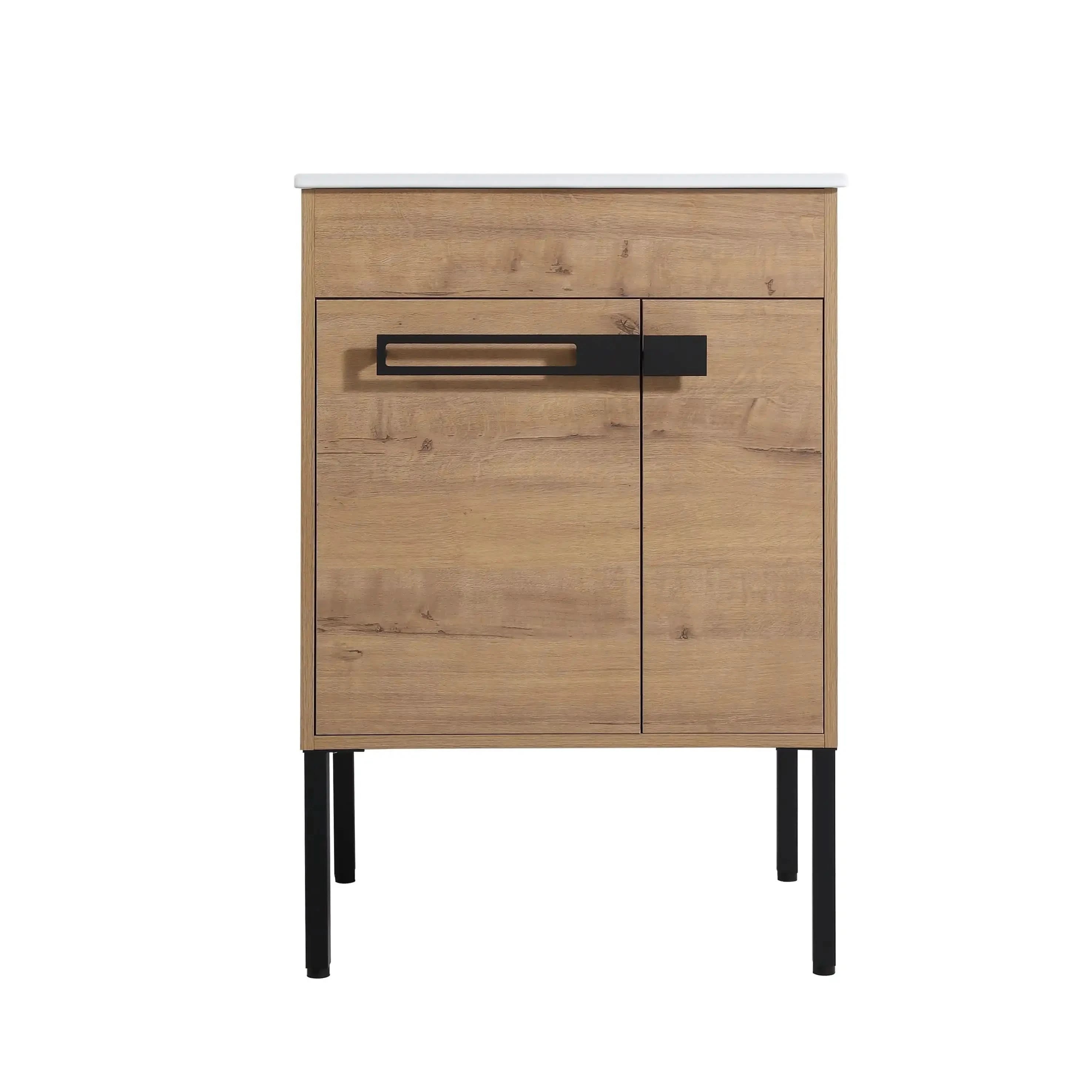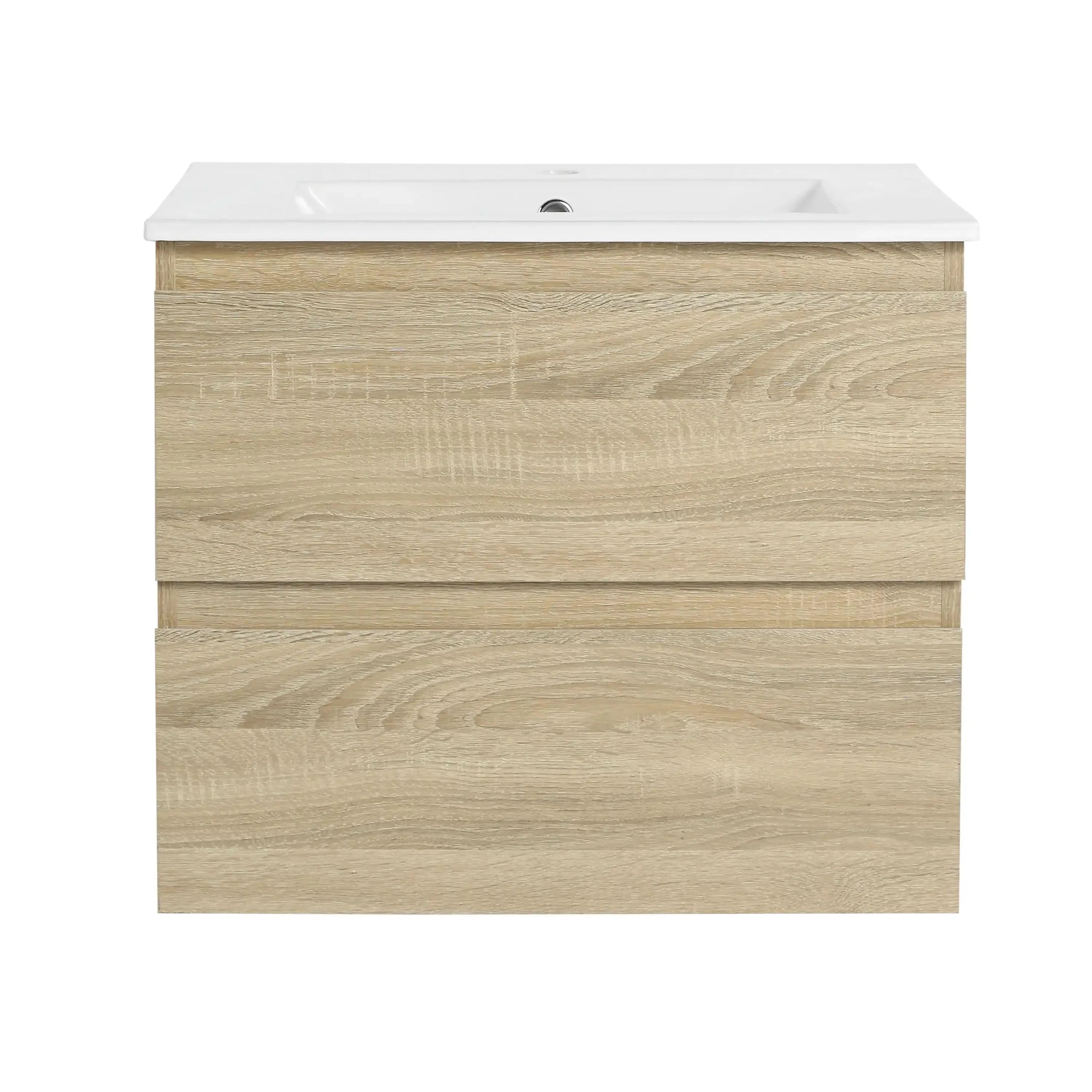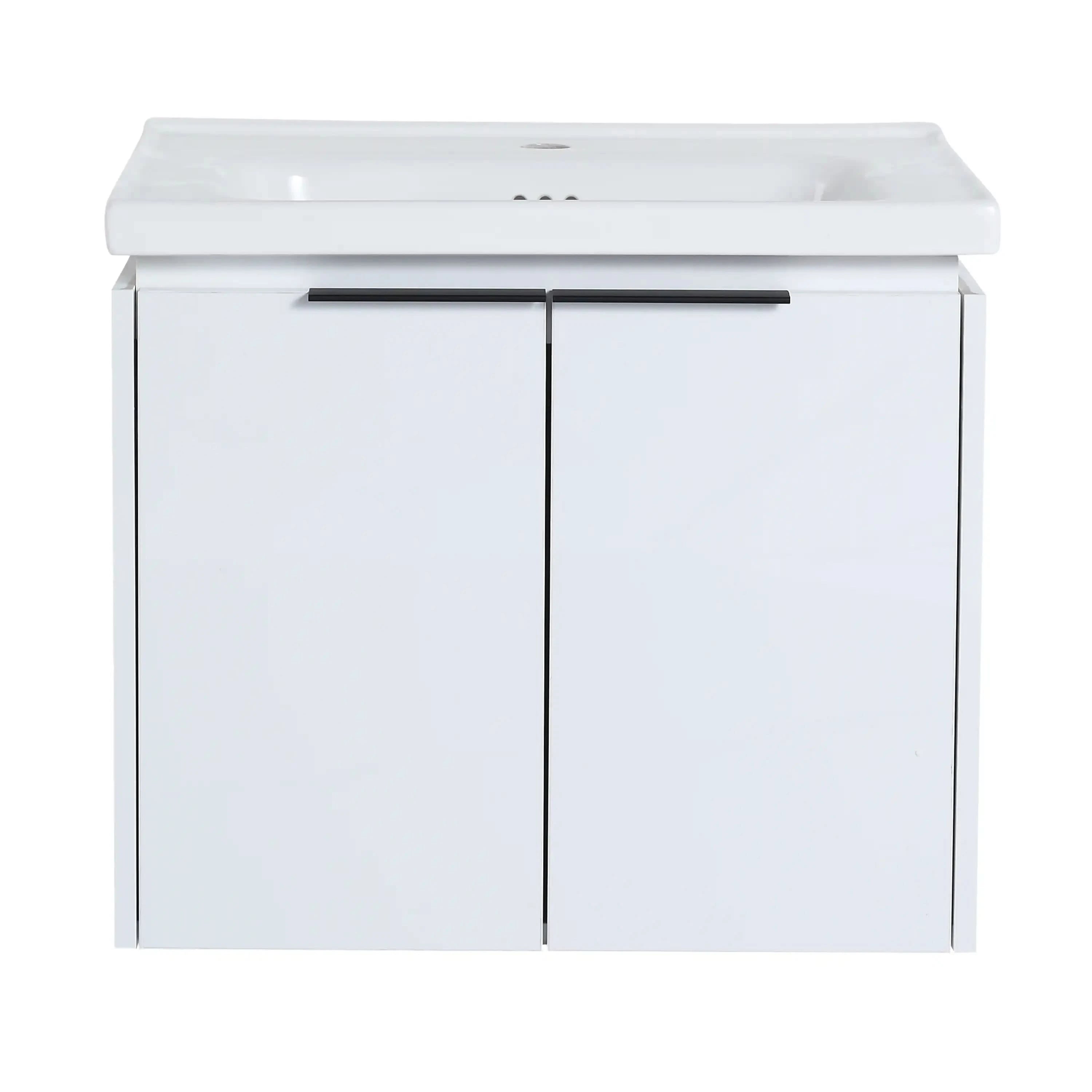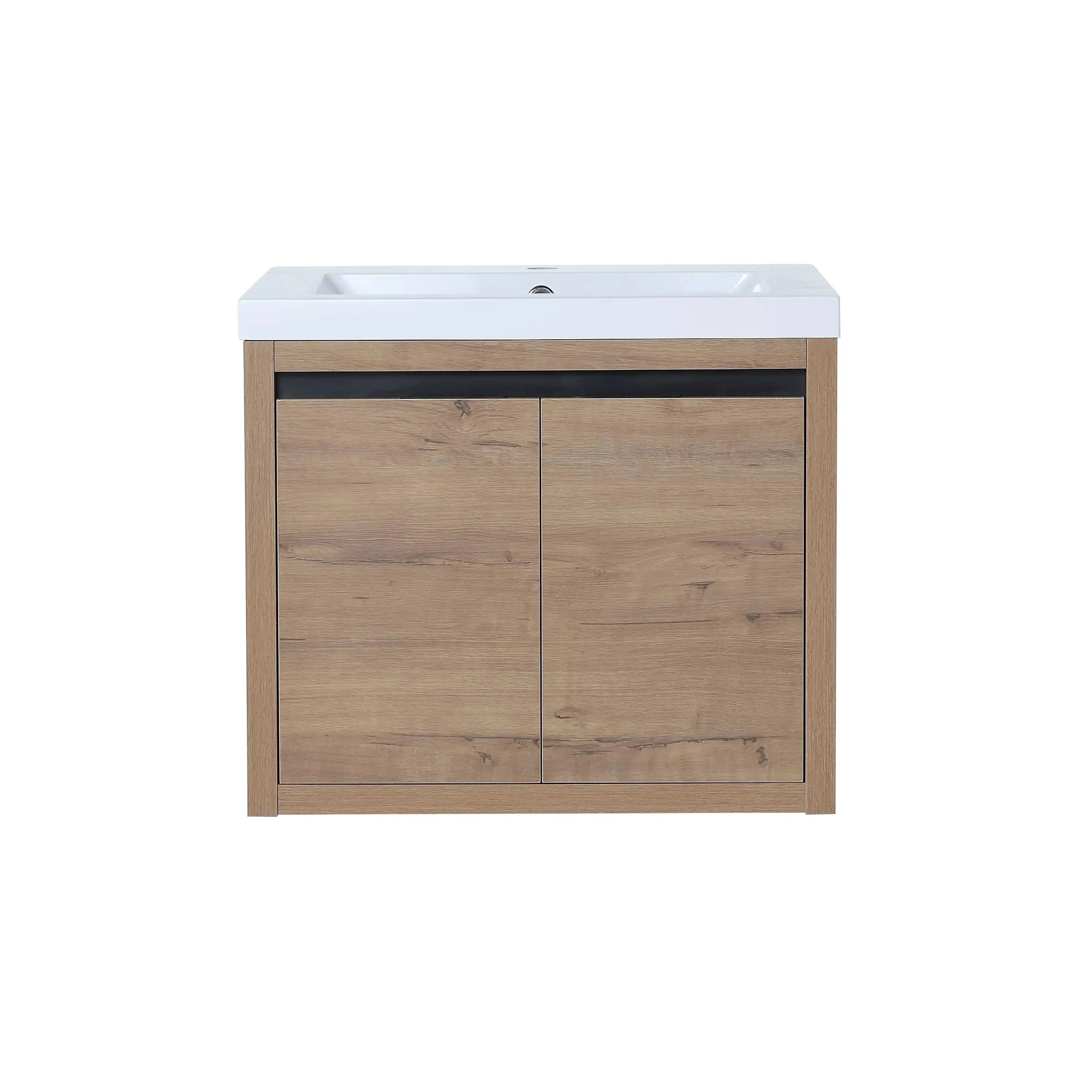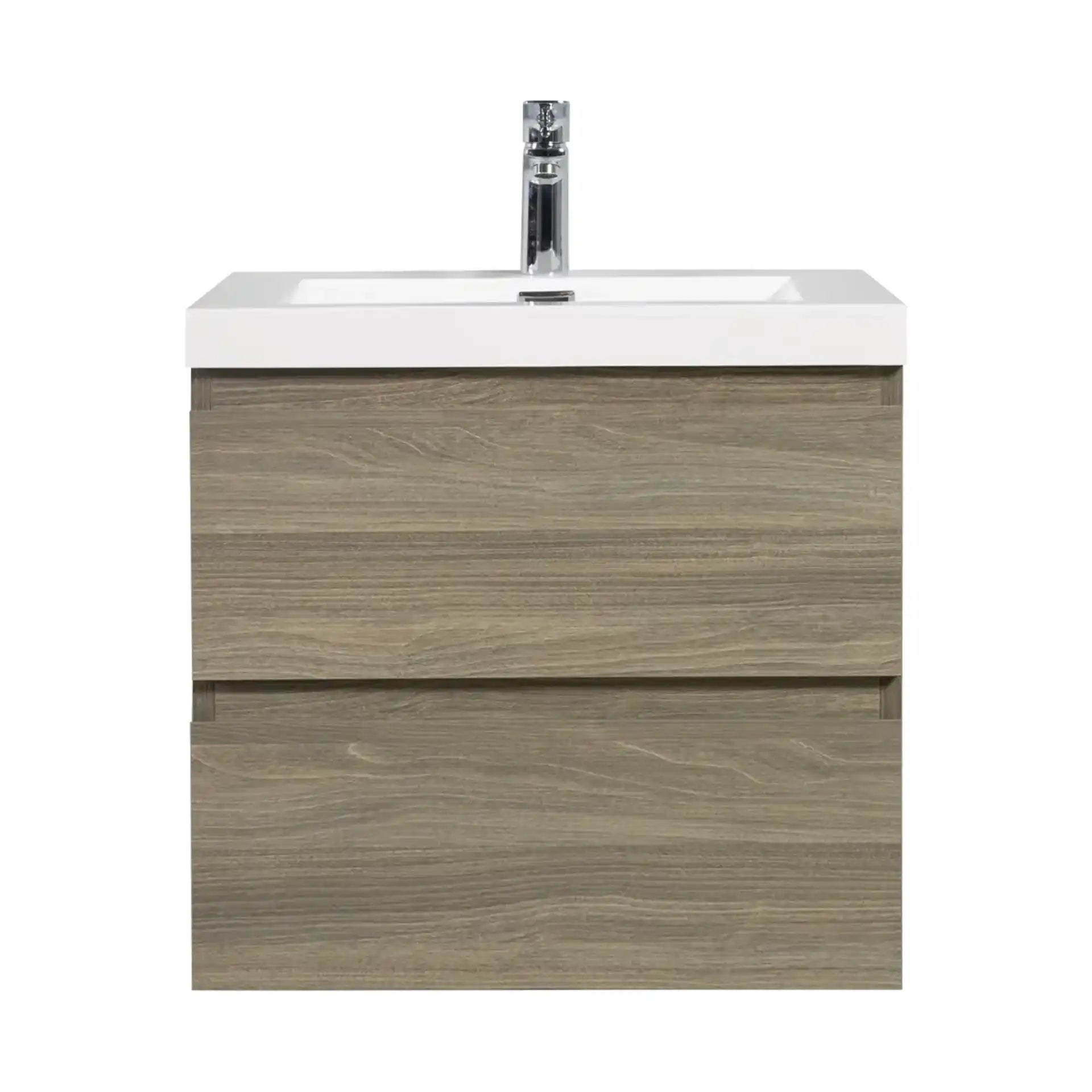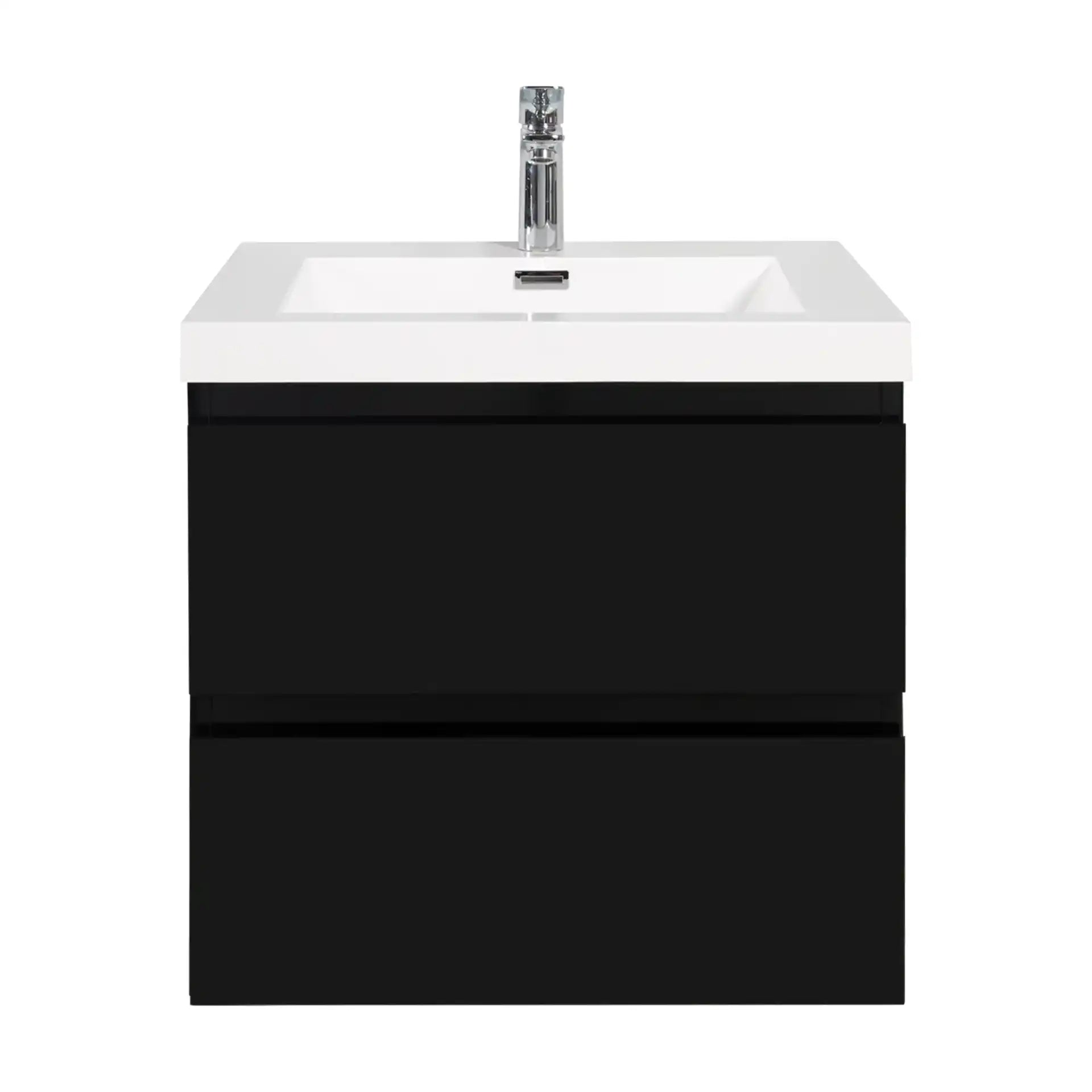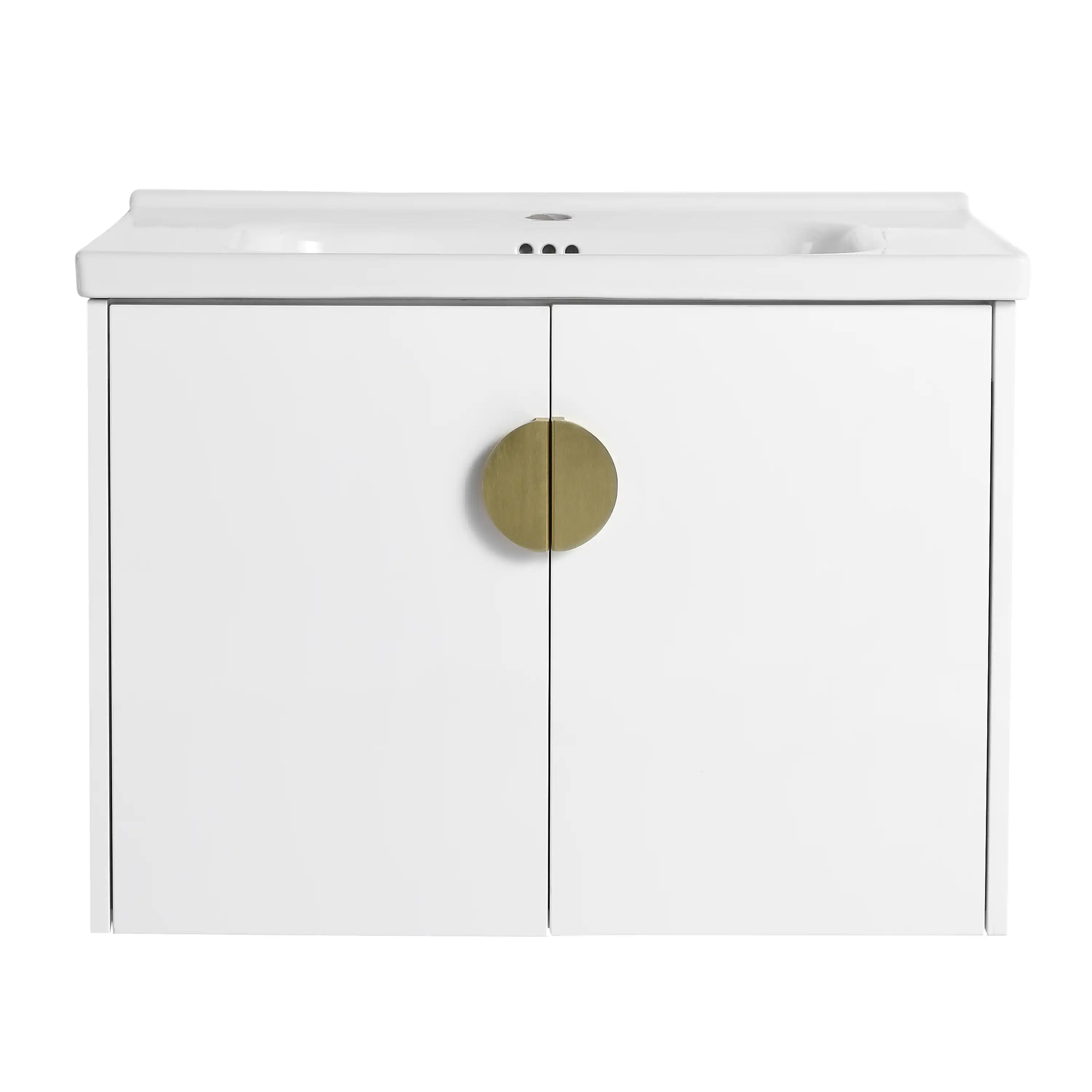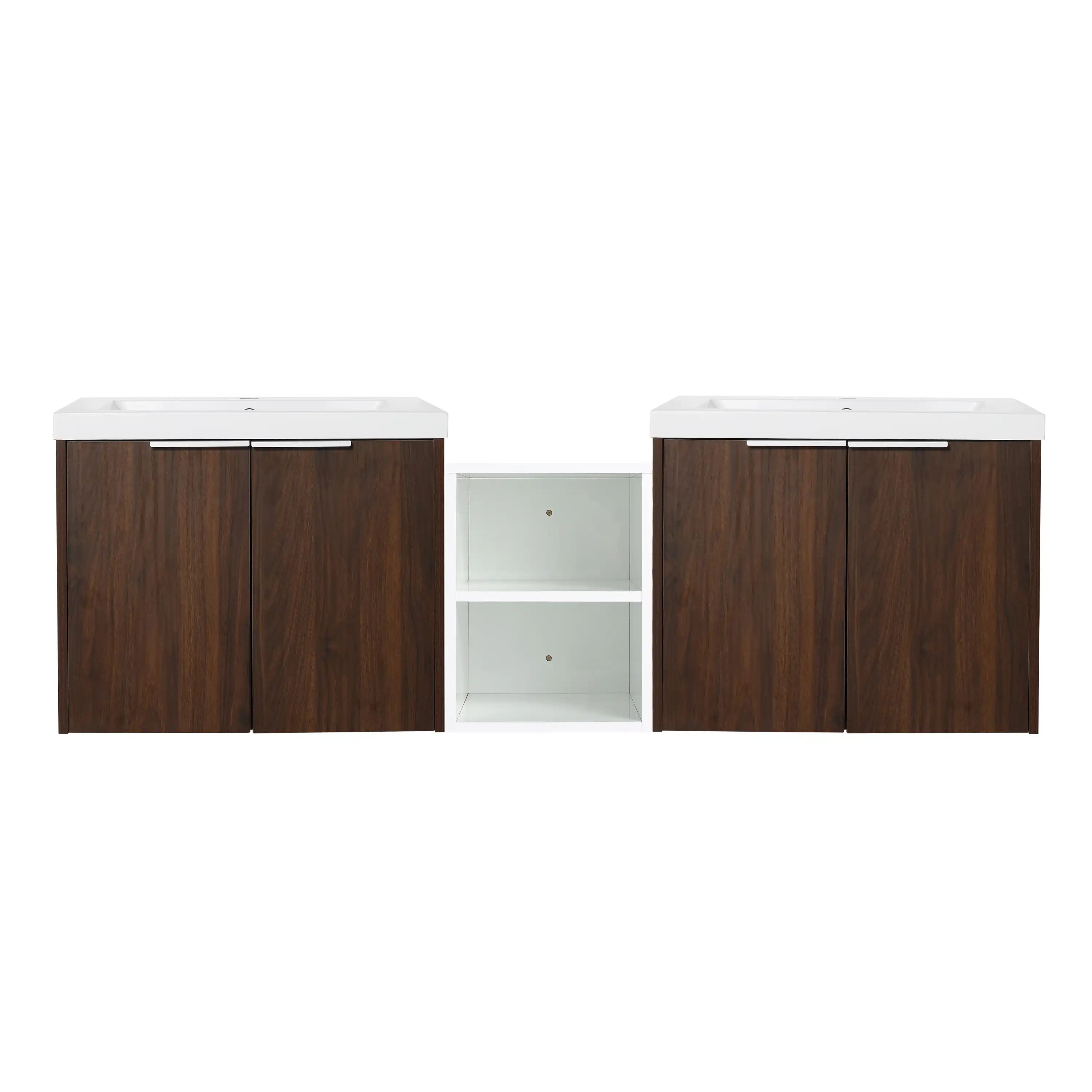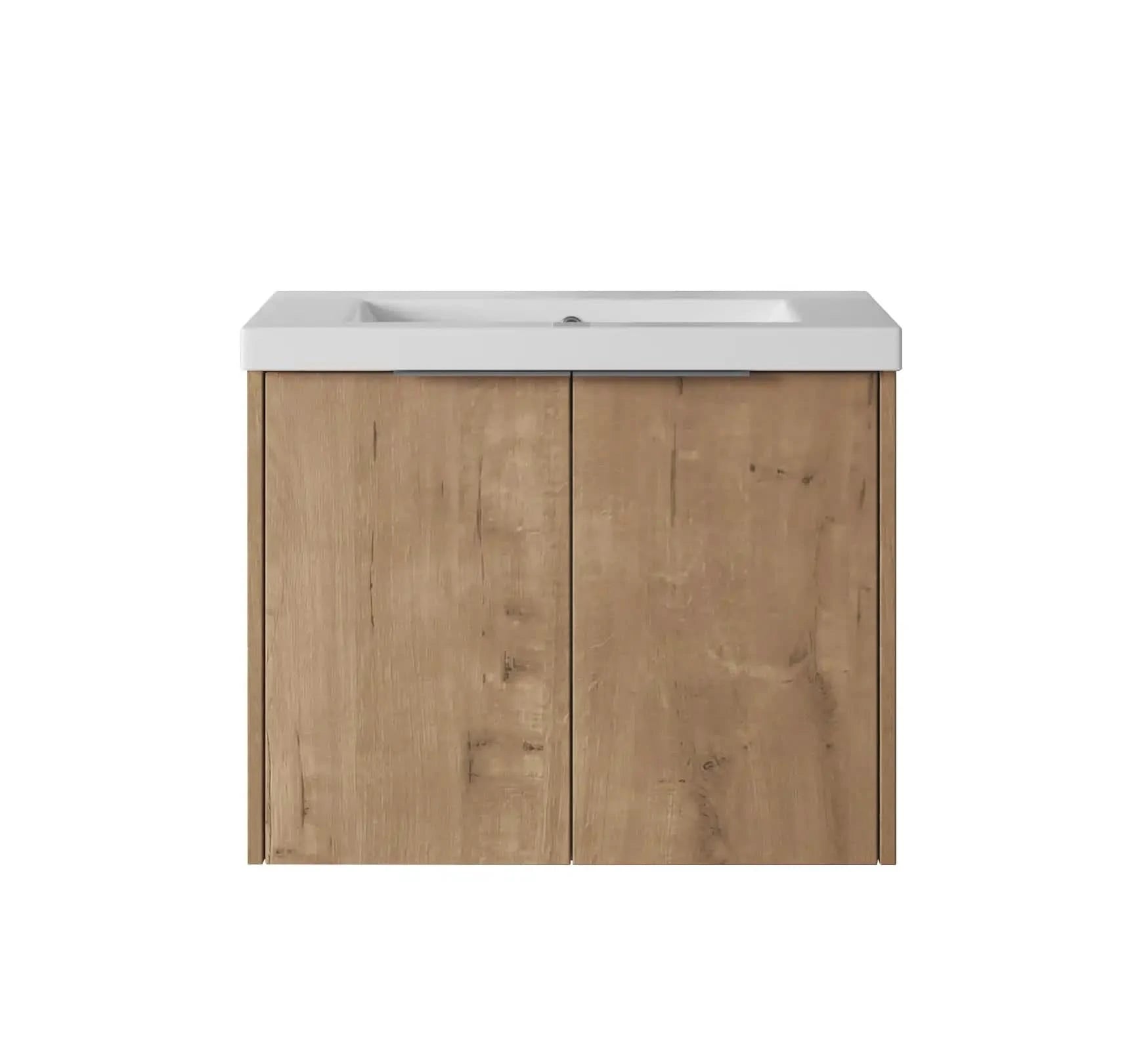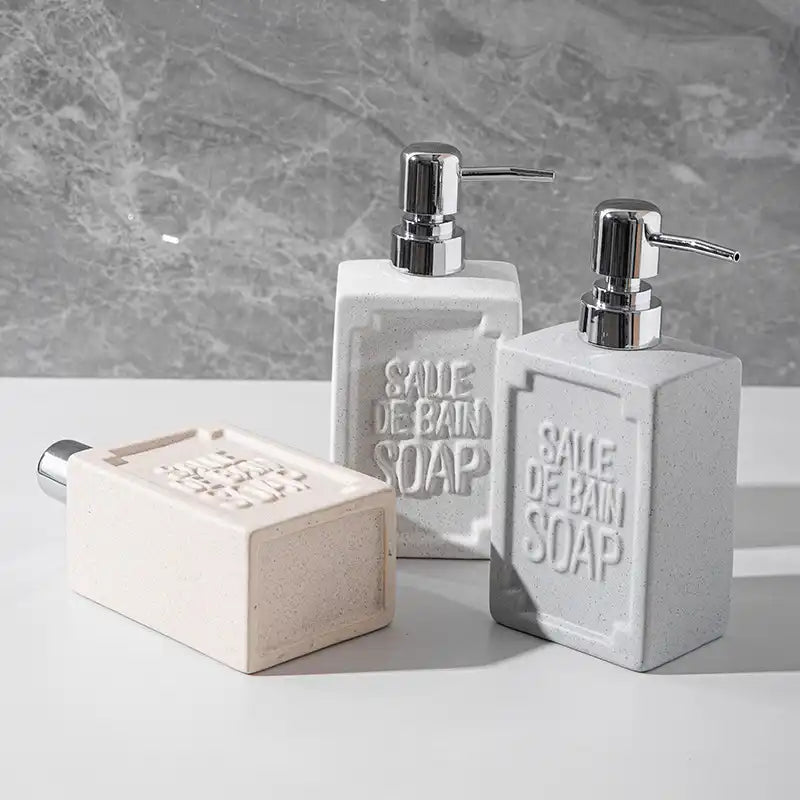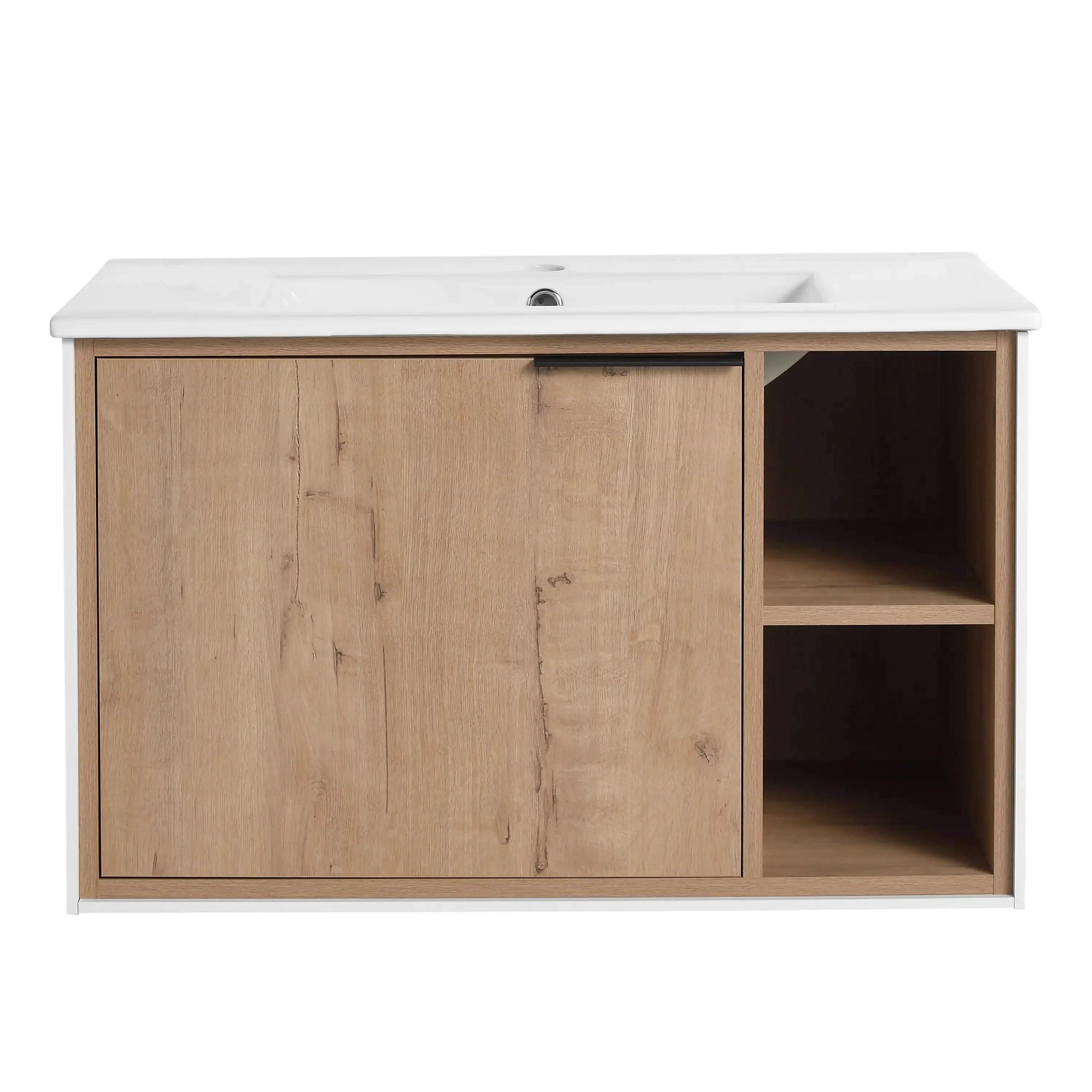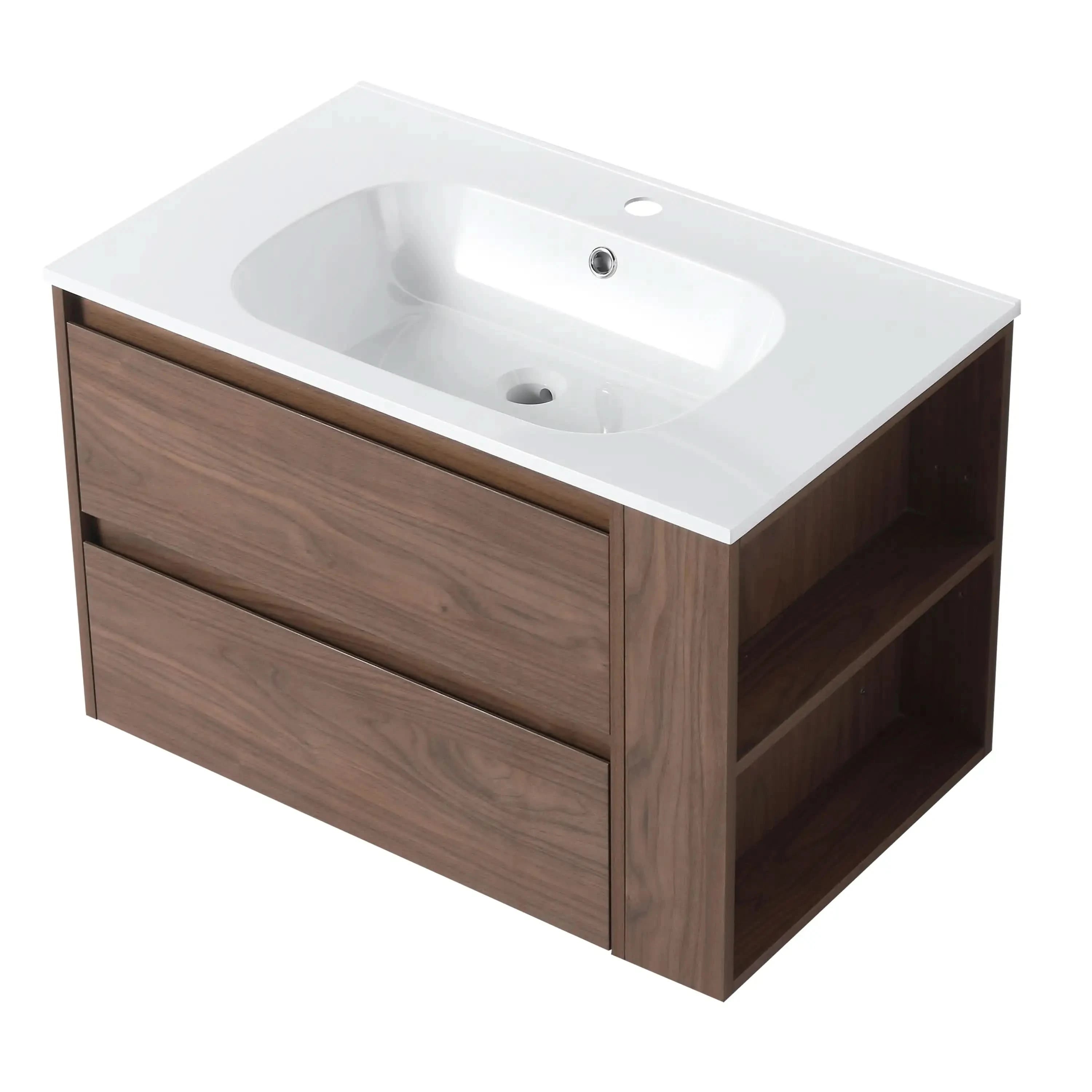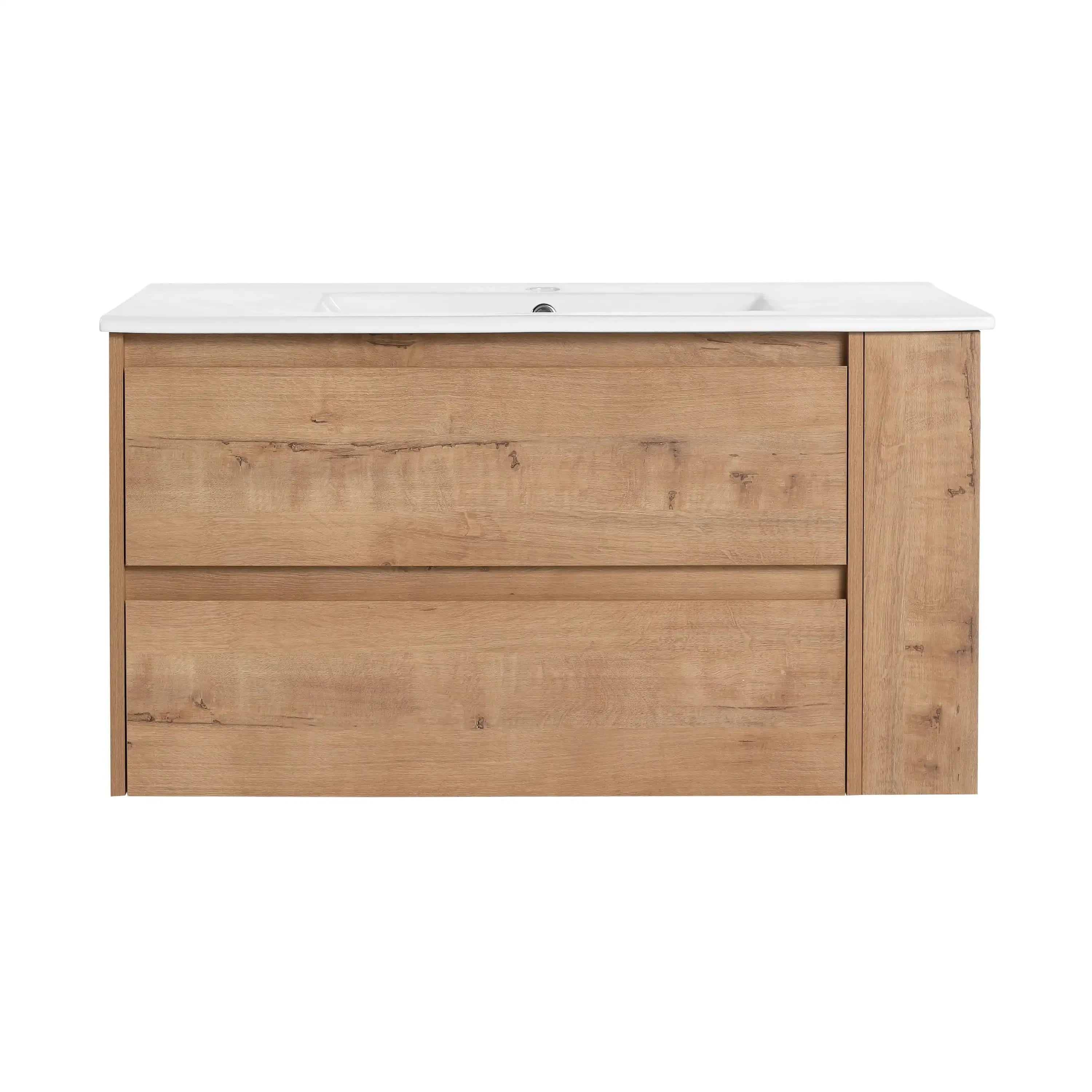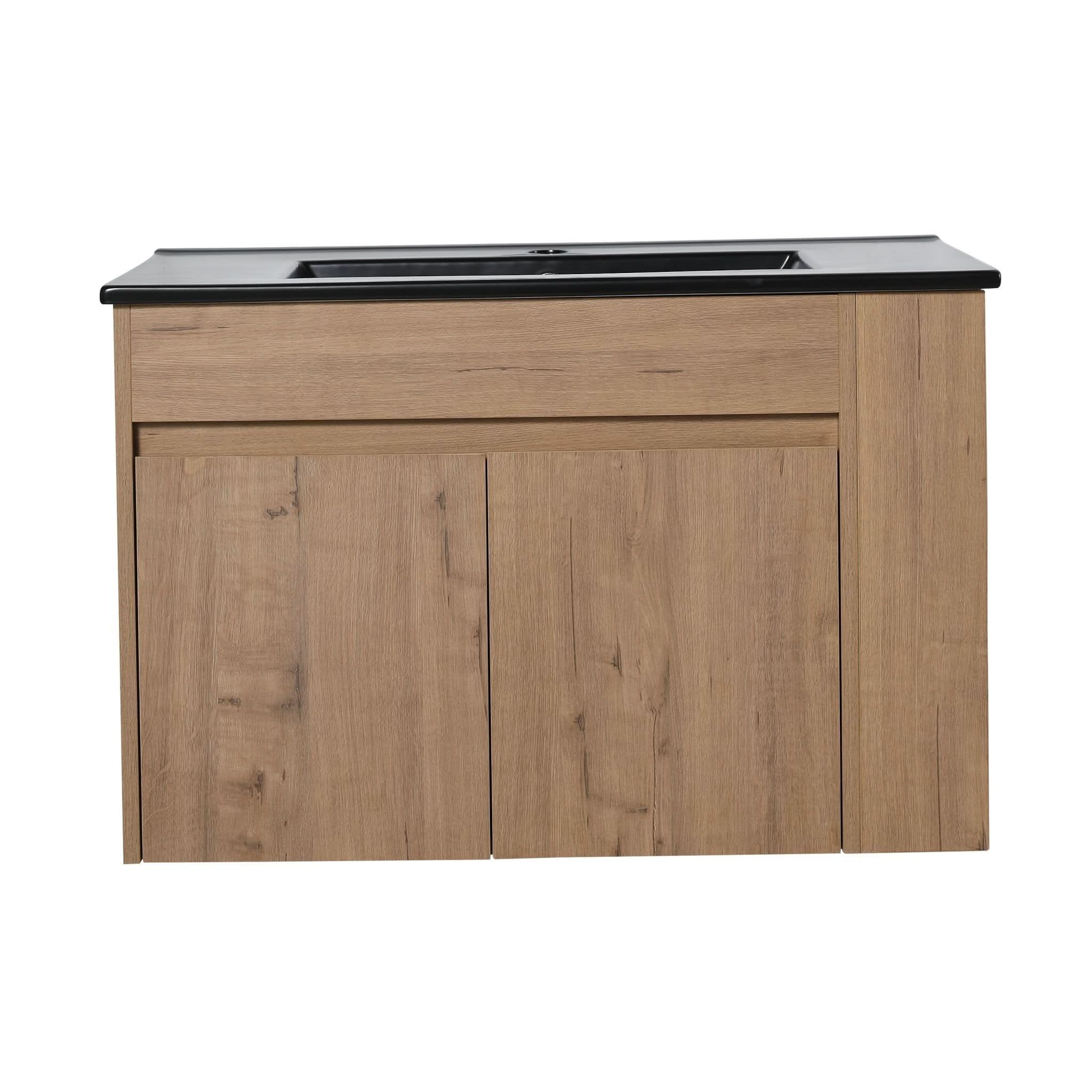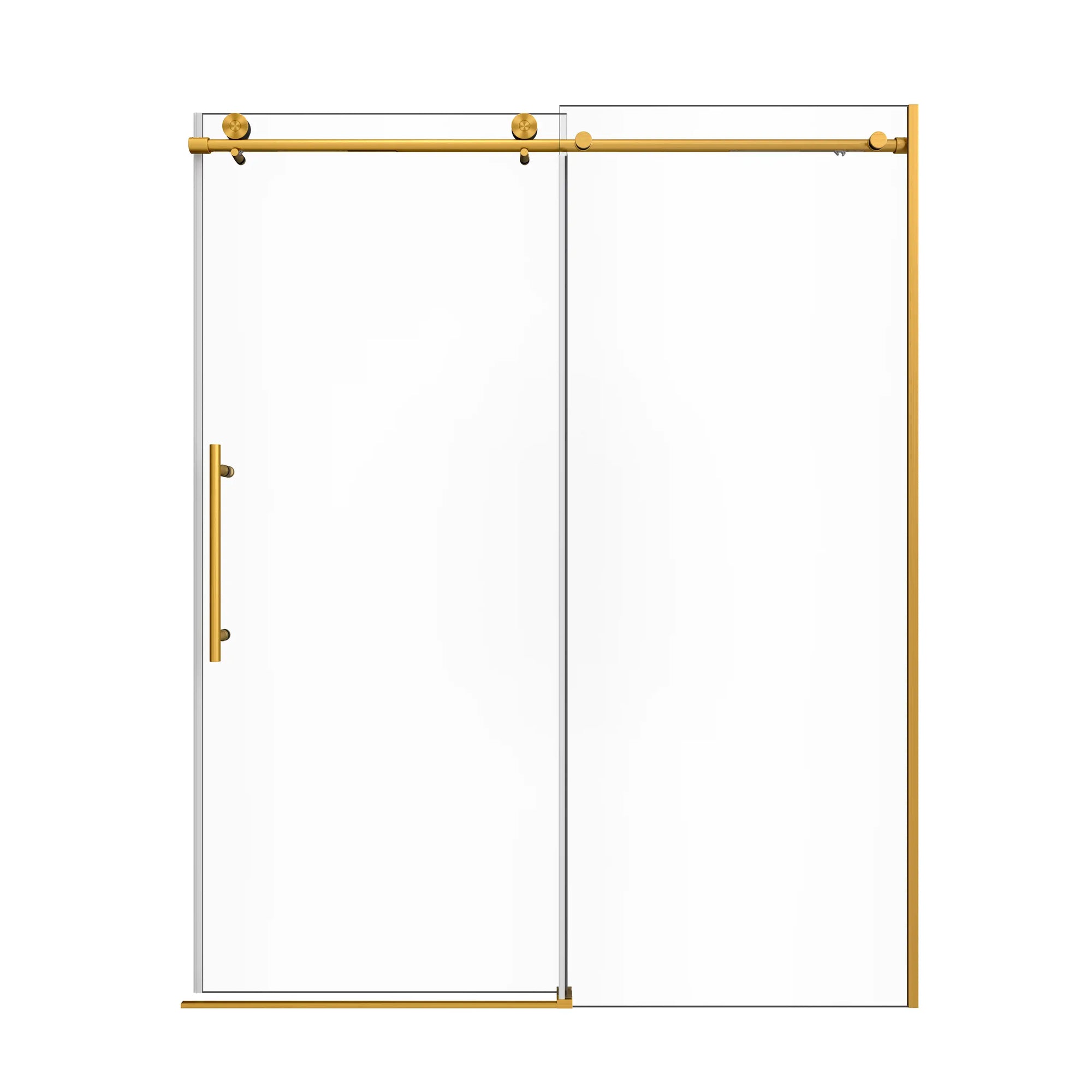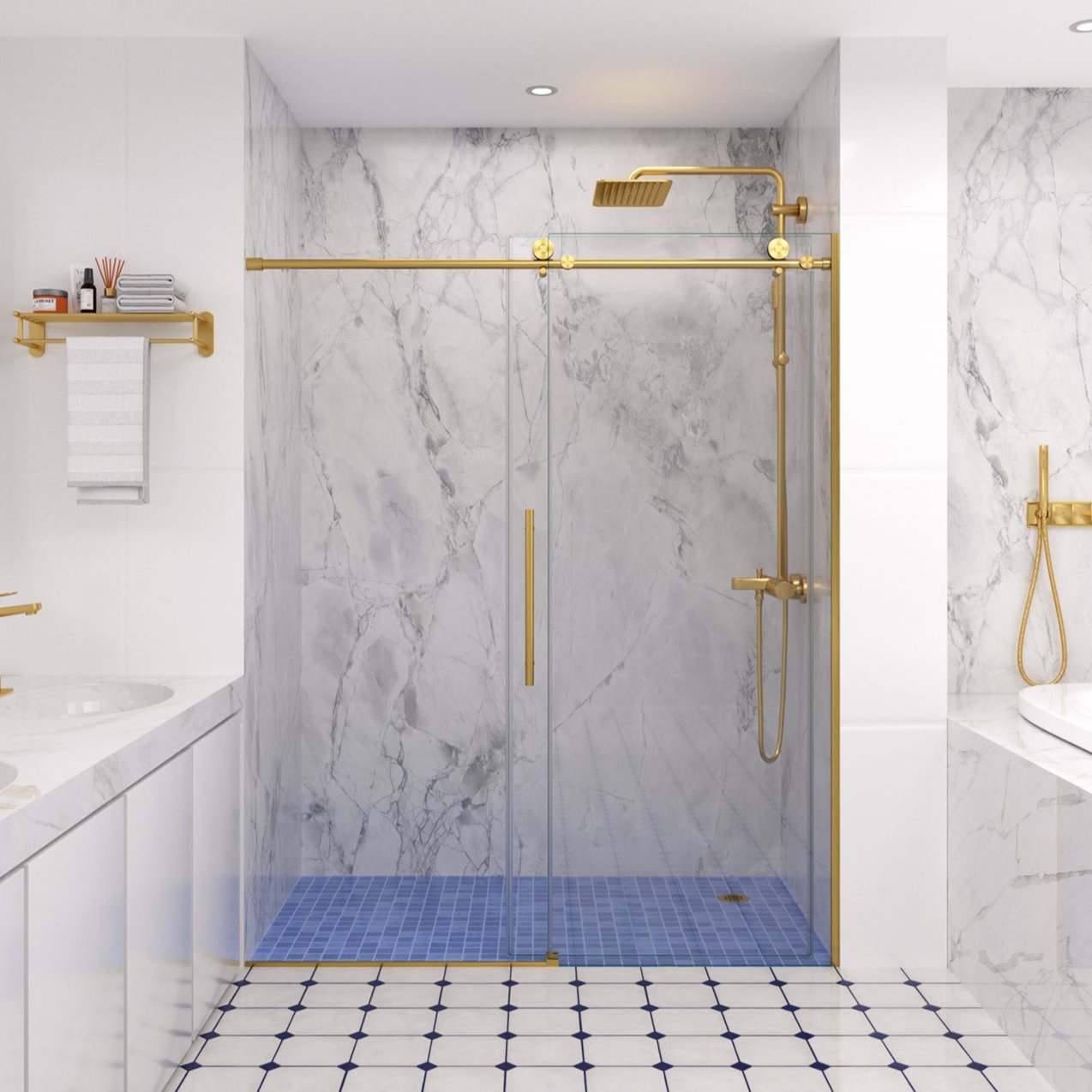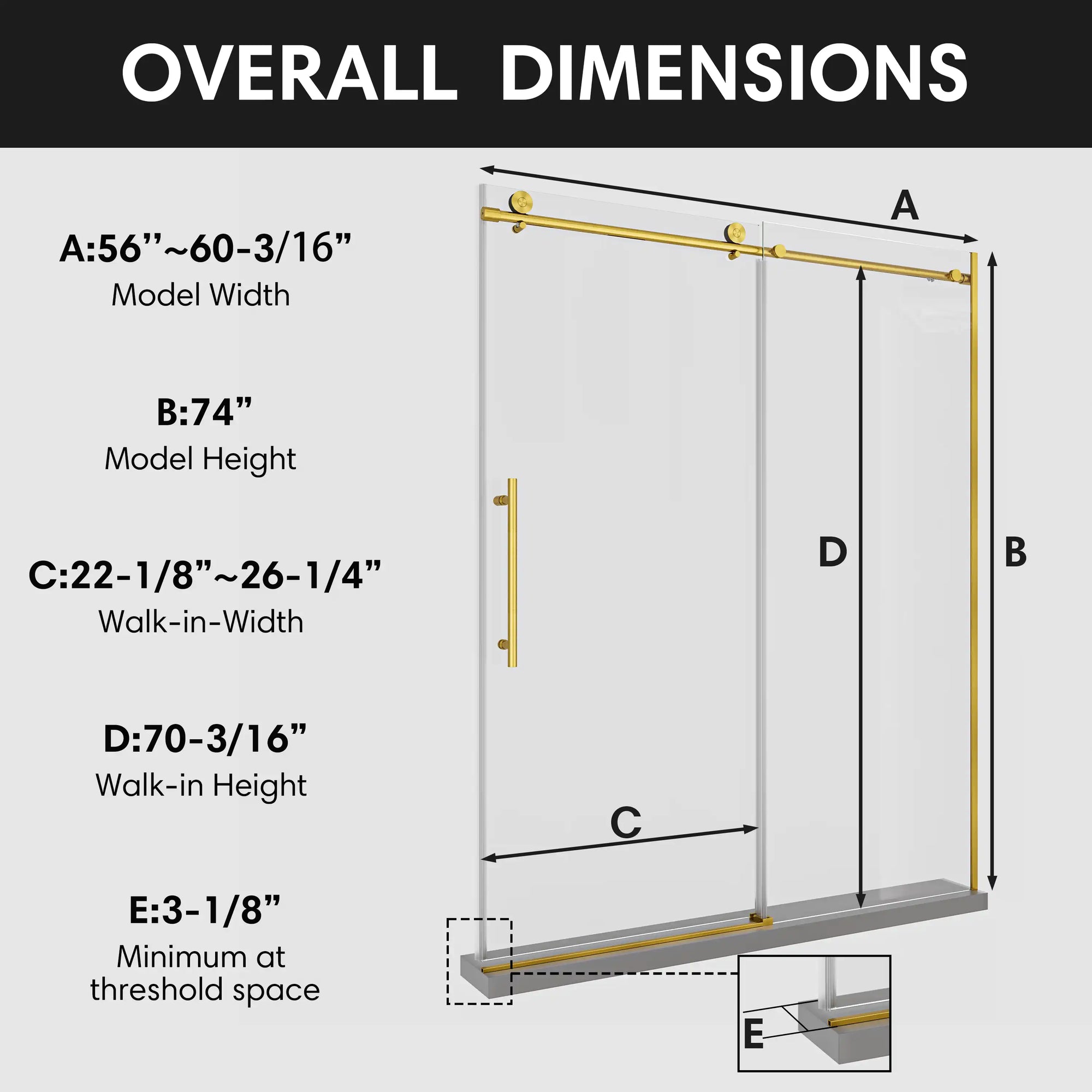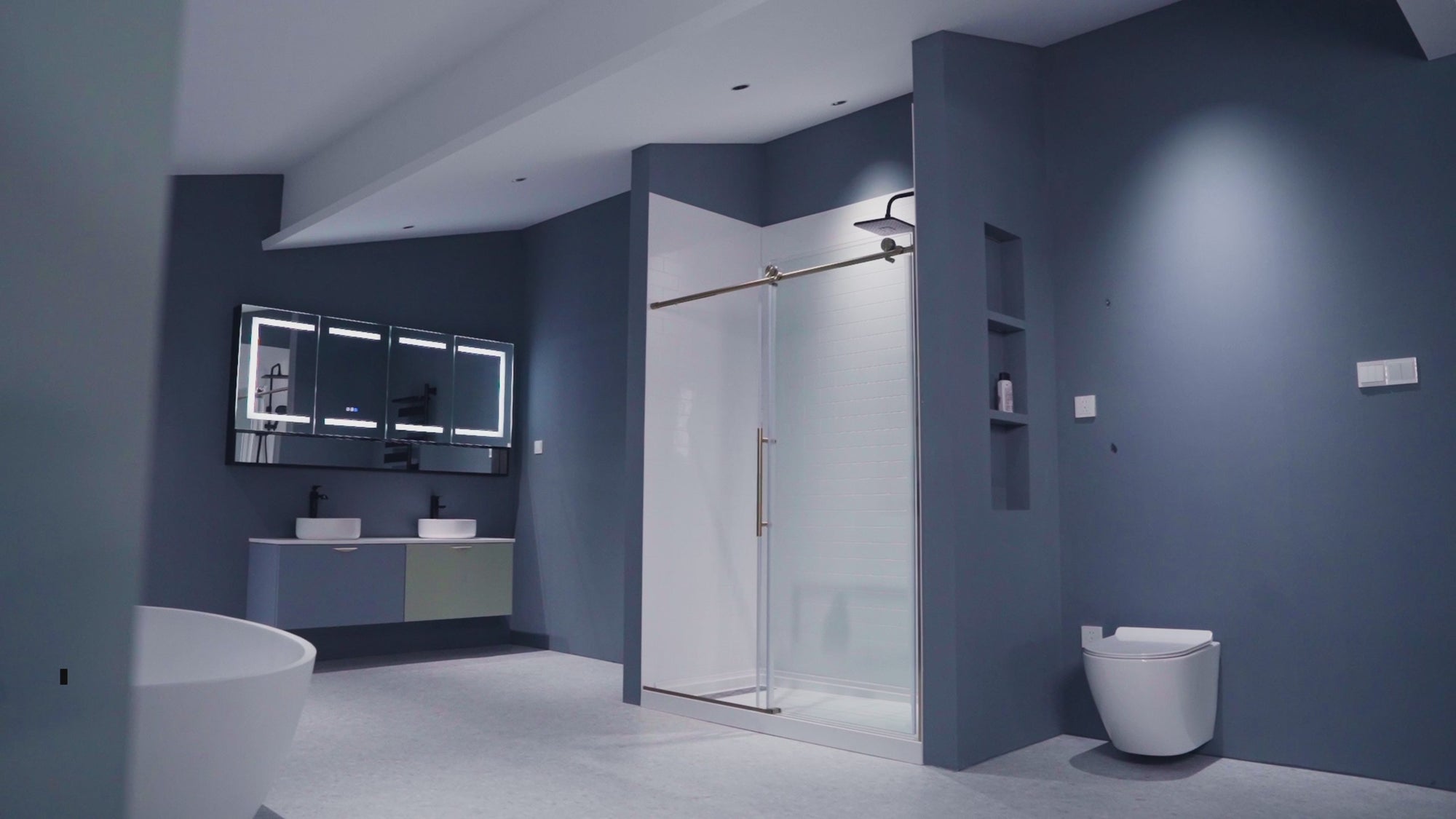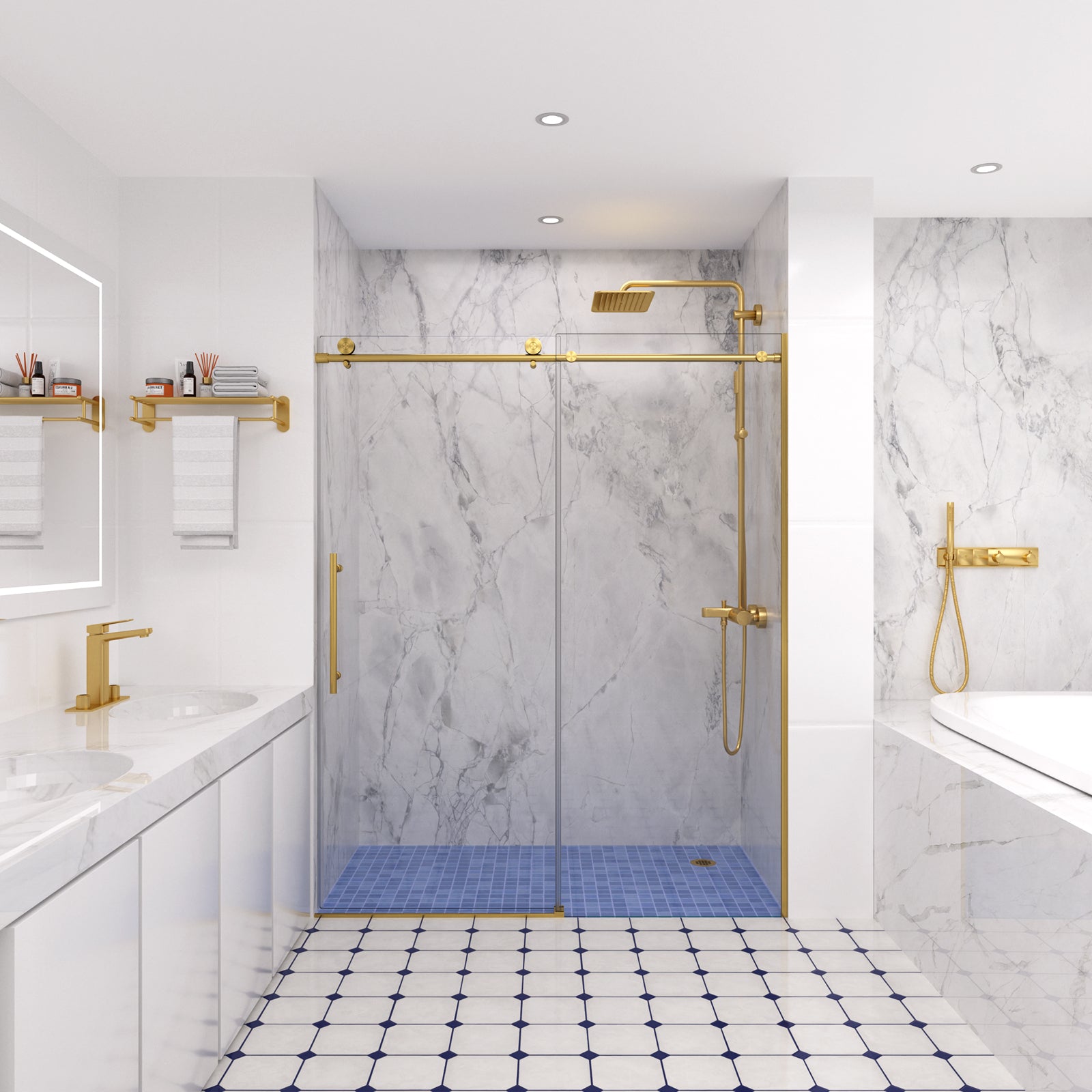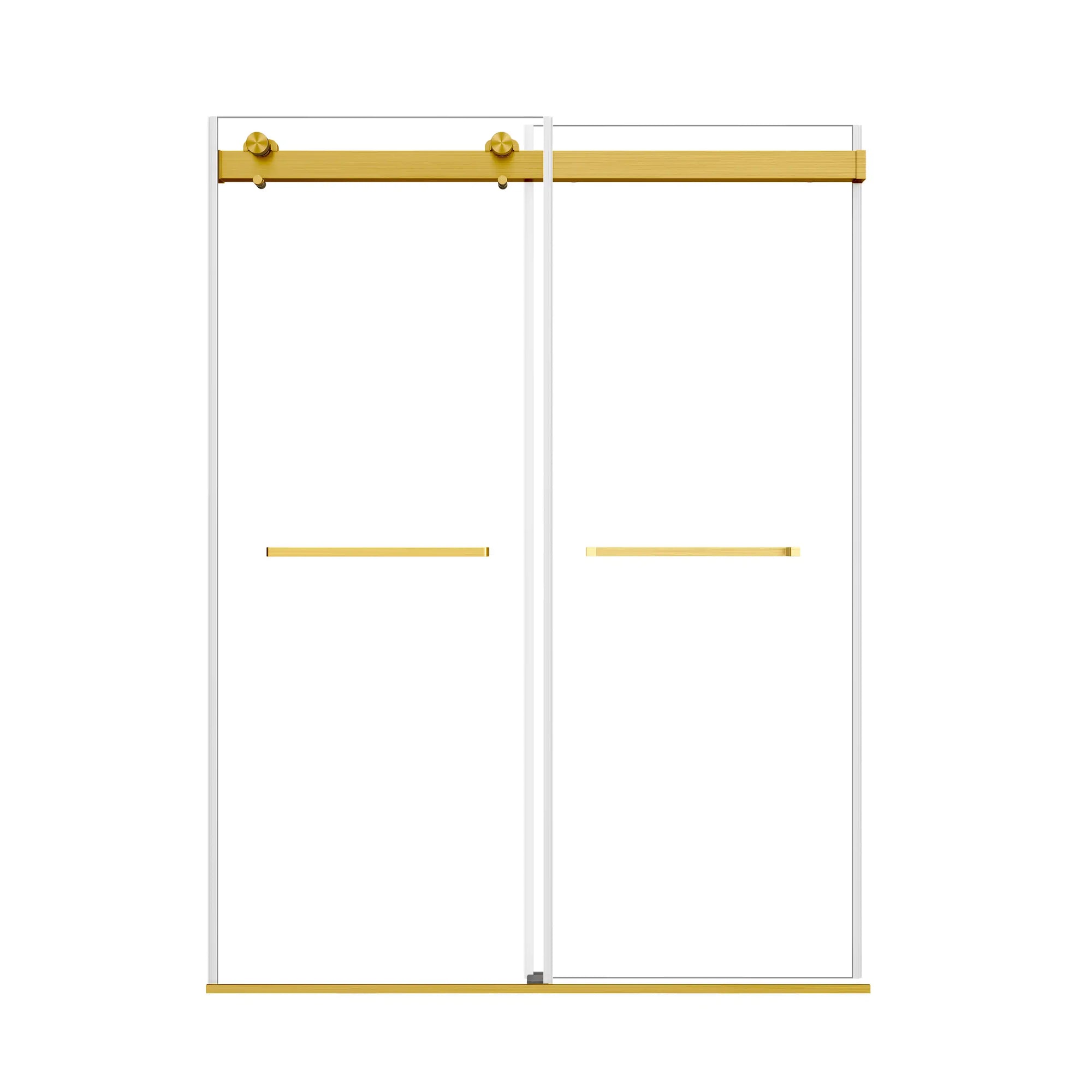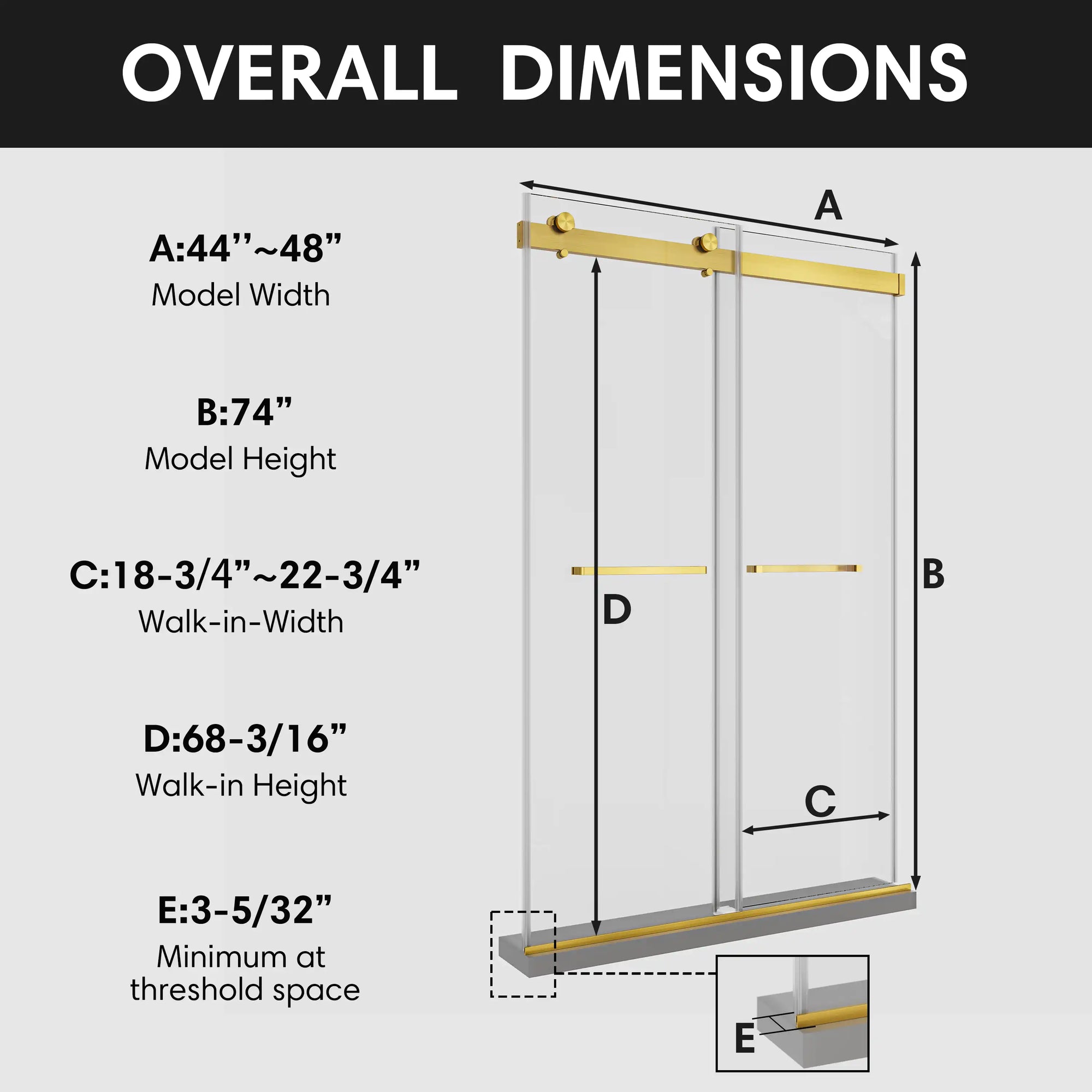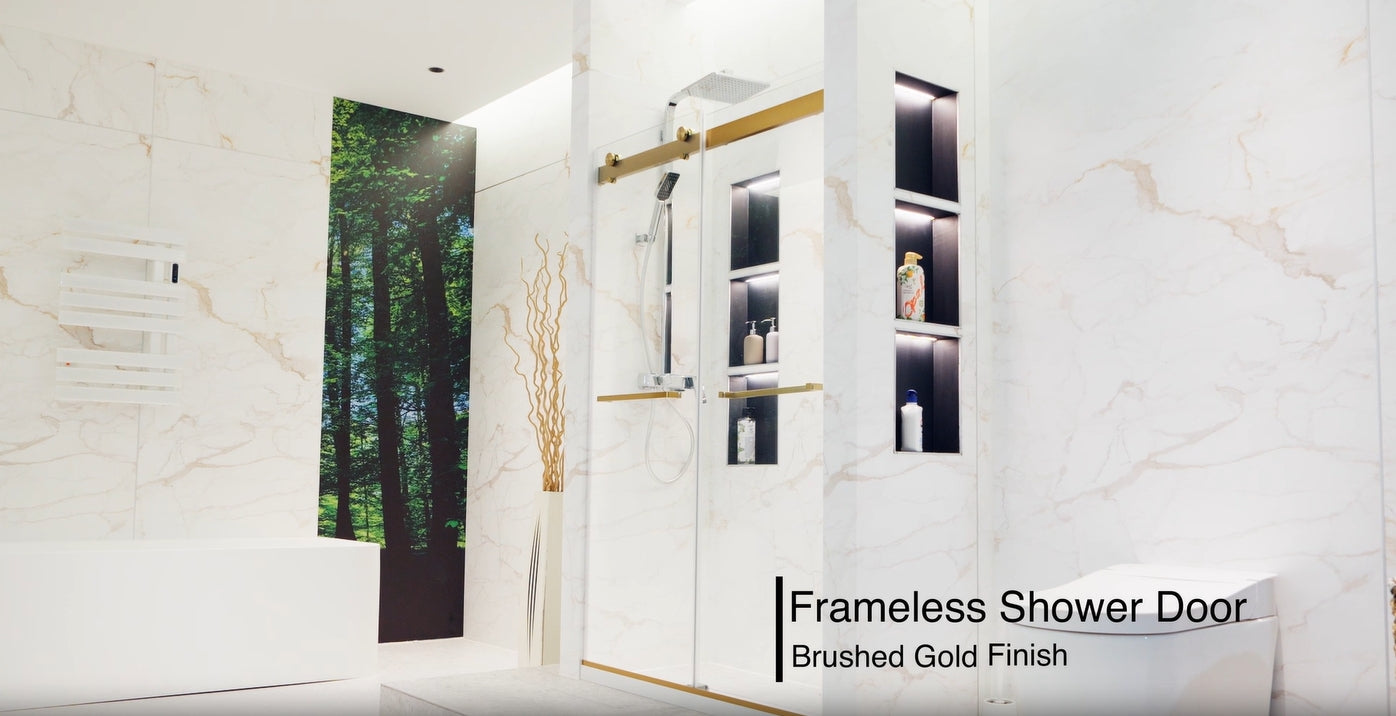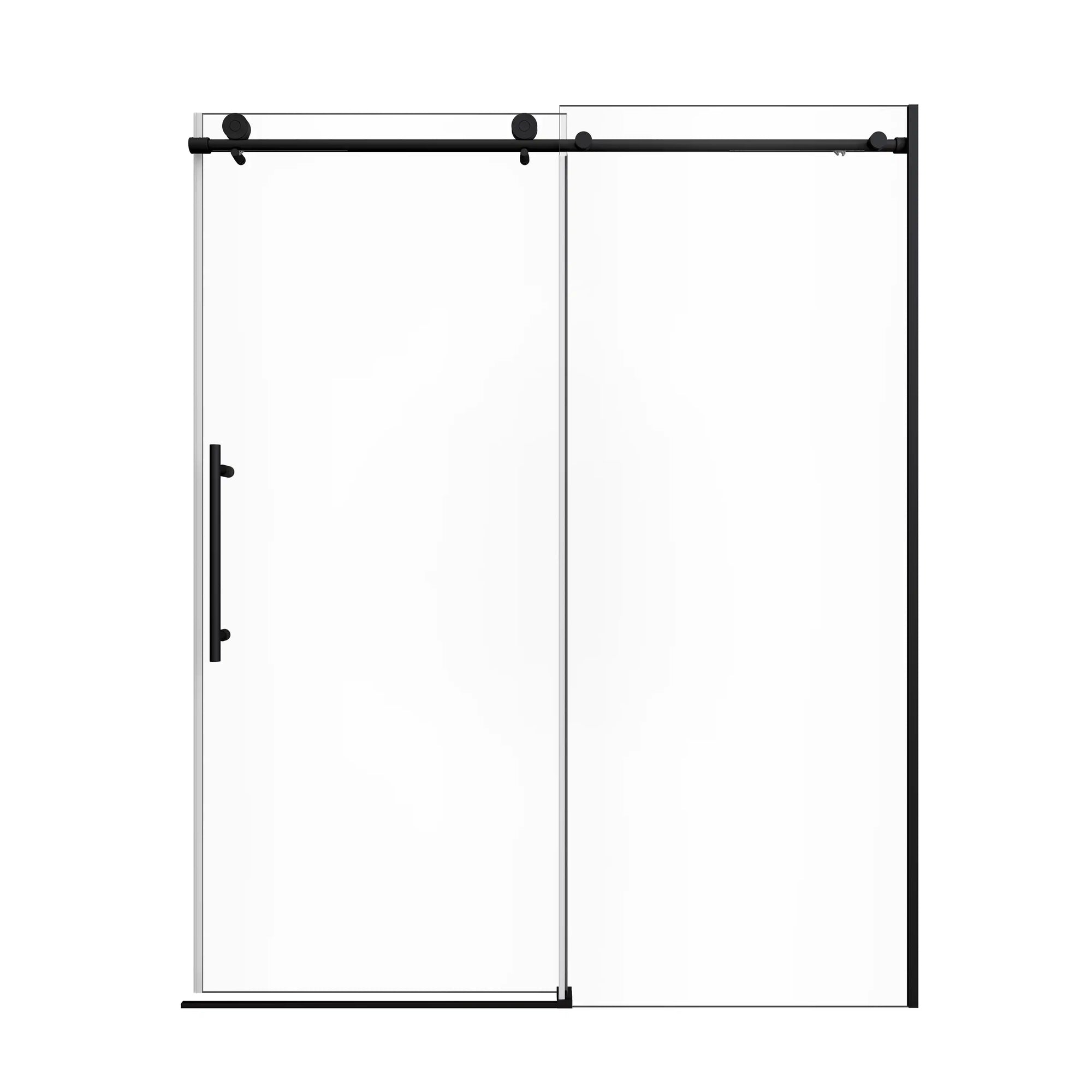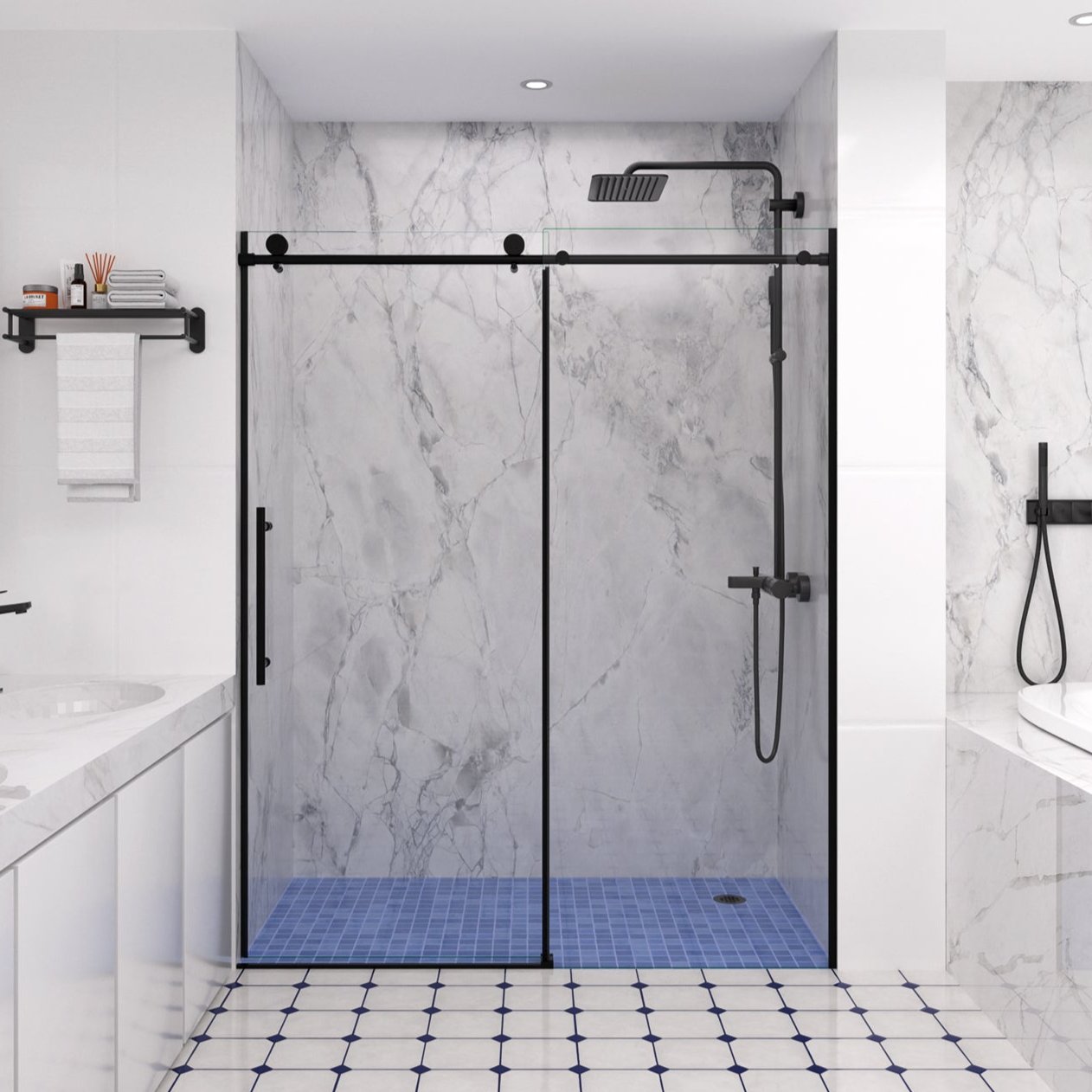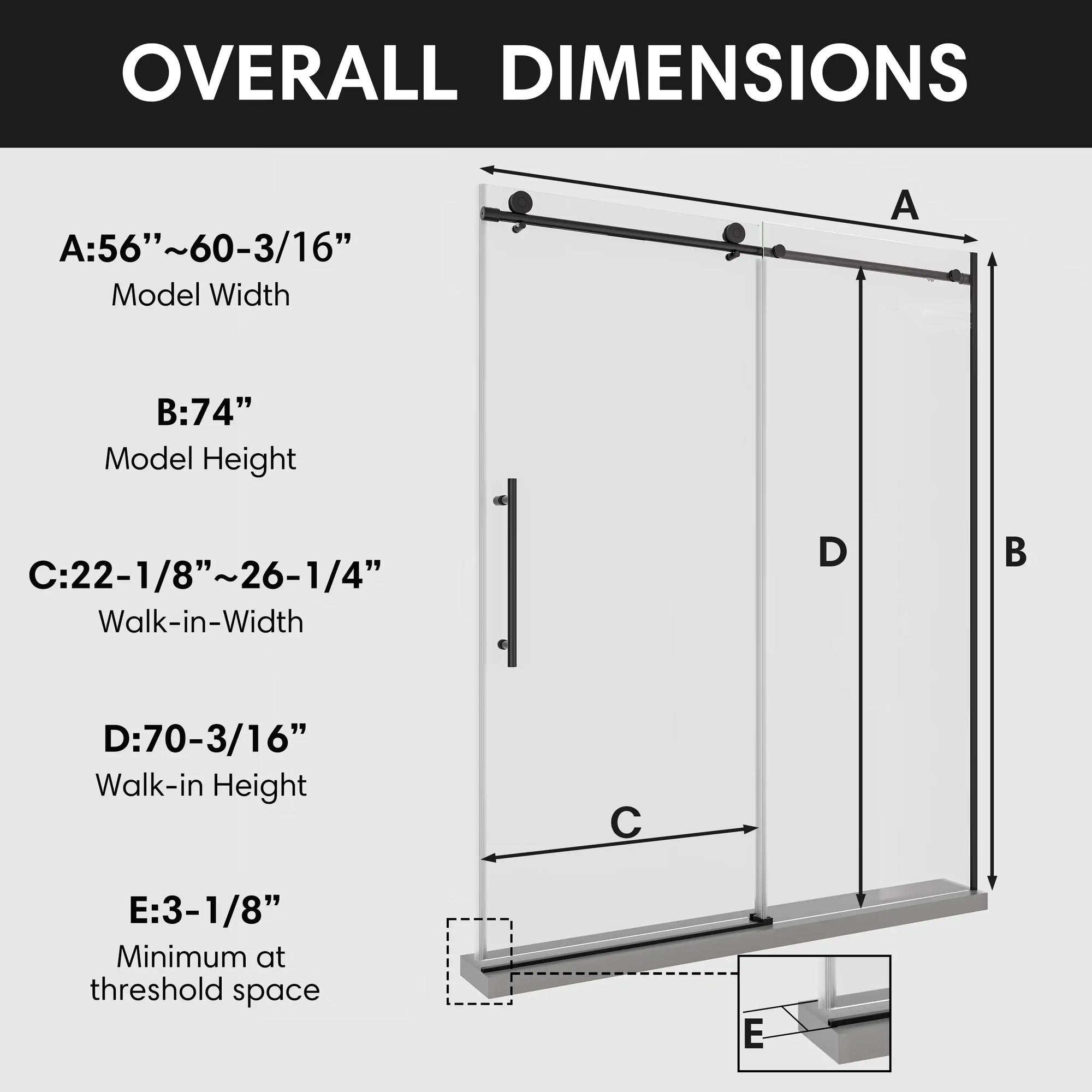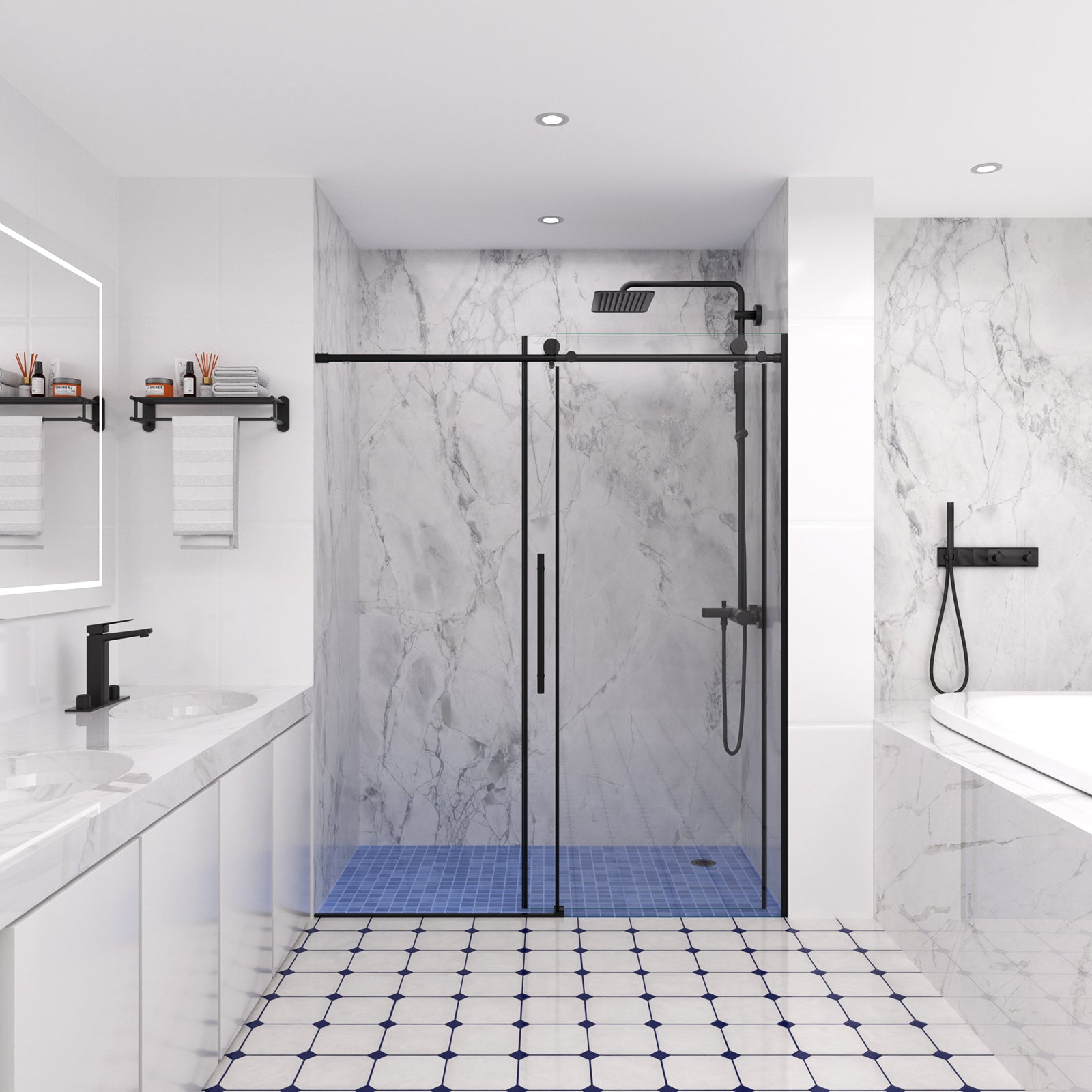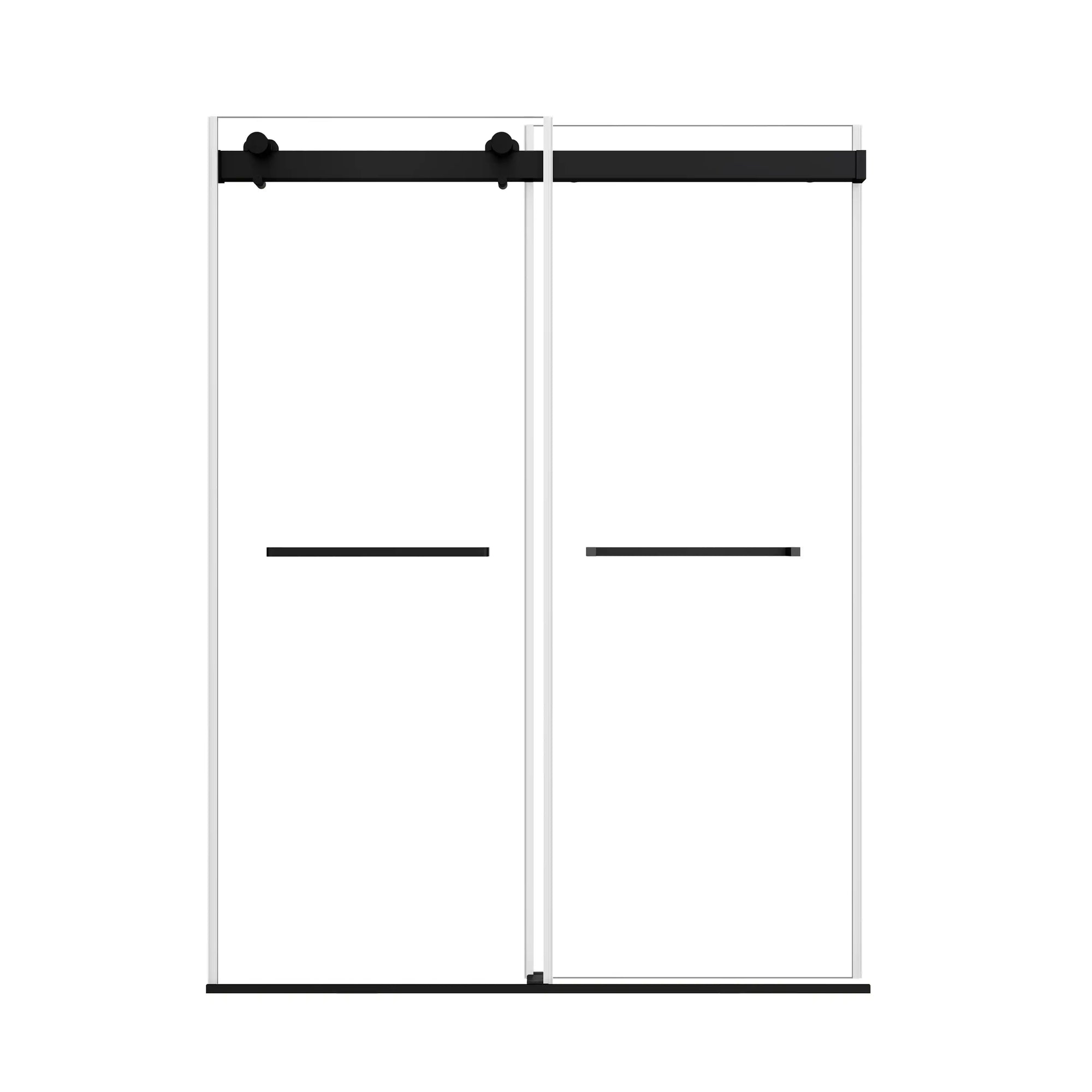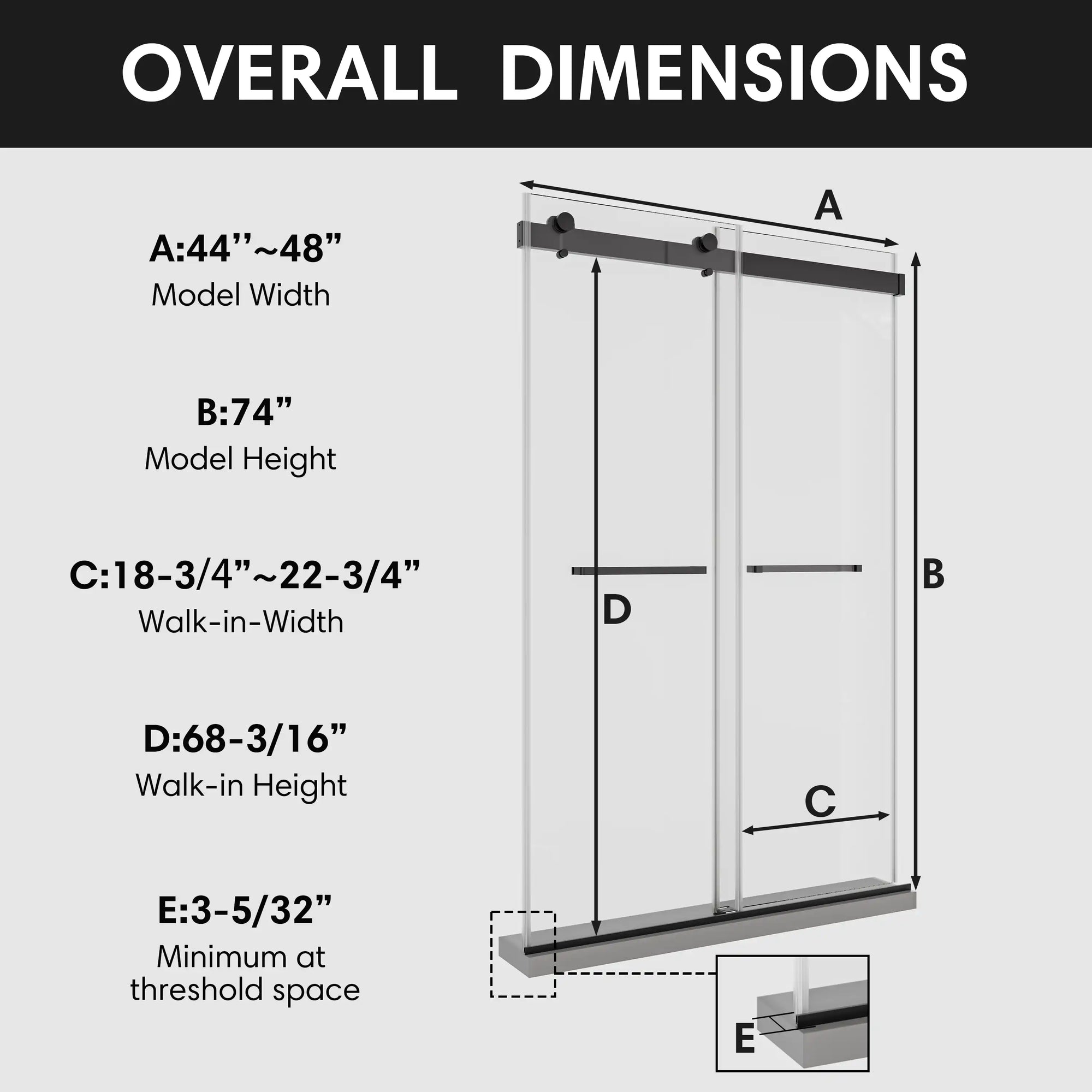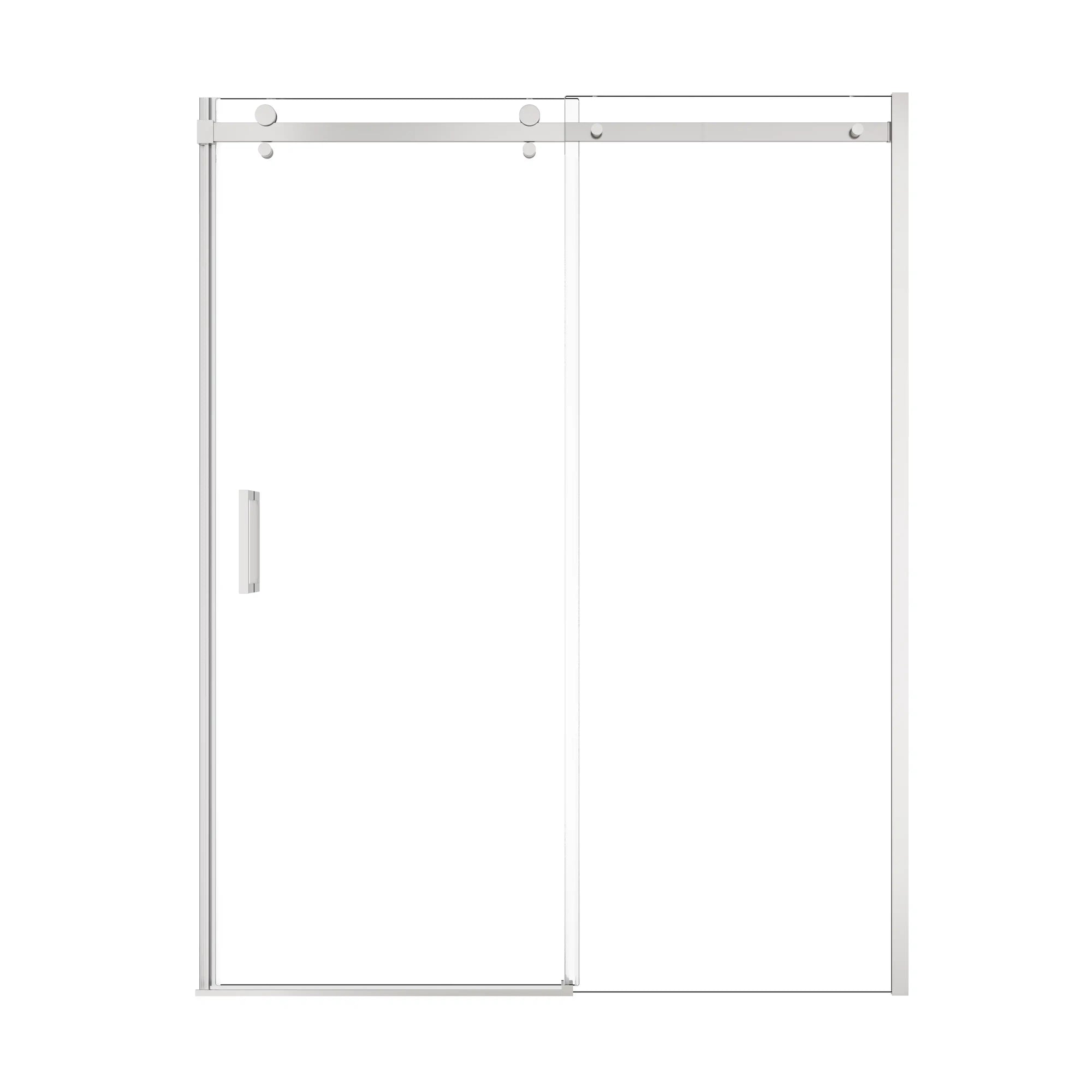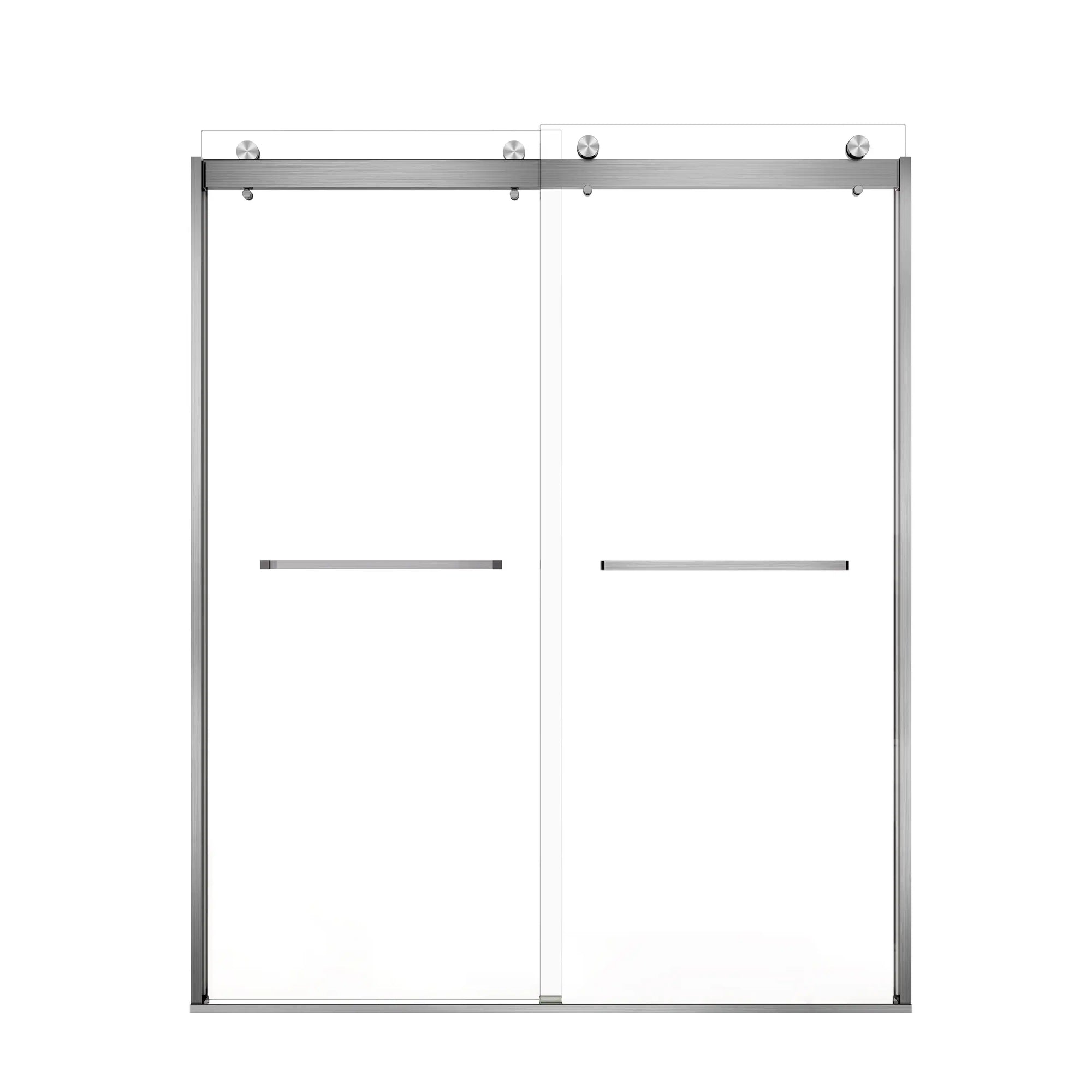If you’re in the middle of a bathroom remodel or designing one from scratch, choosing the right shower door is a decision that can easily overwhelm even the savviest homeowner. The shower is the centerpiece of most bathrooms, and the door isn’t just functional—it’s a design statement. Whether you’re looking to create a sleek, minimalist spa-like feel or something more traditional and timeless, the right shower door can make or break the vibe of your entire bathroom.
Let’s walk through everything you need to know, from assessing your space to selecting materials and finishes that work for both your aesthetic preferences and practical needs. By the end of this guide, you’ll feel confident in choosing the shower door that elevates both the look and functionality of your bathroom.
1. Assessing Your Bathroom Space: Start with the Basics
Before you get too deep into glass types or door finishes, start by understanding the physical space you’re working with. Bathroom layouts vary wildly, and the space you have will heavily influence which door style is most practical.
Think About Shower Placement:
Where is your shower located? If it's tucked into a corner, a hinged door may work best as it opens outward without taking up extra space. On the other hand, a small bathroom may call for a bypass shower door like our Matte Black Chrome Framed Bypass Shower Door. Bypass doors slide along a track, making them ideal for tight spaces since they don’t require additional clearance for opening.
Evaluate Space for Door Swing:
If you’re leaning toward a swinging door, make sure you have enough room for the door to open fully without hitting anything—like a nearby vanity or toilet. It’s easy to overlook this detail, but you don’t want to choose a stunning frameless hinged door, only to find out you’ll be bumping into your sink every time you try to get out of the shower!
2. Framed, Semi-Frameless, or Frameless? Which Is Right for You?
Shower doors come in three main styles: framed, semi-frameless, and frameless. The style you choose will significantly impact both the look and the cost.
Frameless Shower Doors:
Frameless doors have become the go-to choice for modern and contemporary bathrooms. With no visible metal framing, they offer a clean, seamless look that makes the bathroom feel larger and more open. They’re also easier to clean, since there are fewer crevices where soap scum and grime can build up. Frameless doors typically use thicker, tempered glass to ensure stability.
One thing to keep in mind with frameless doors is that they do tend to come with a higher price tag due to the heavy-duty glass required for support. However, the investment is often worth it if you're going for a luxe, high-end feel.
Framed Shower Doors:
Framed doors, on the other hand, are the classic workhorses of the shower door world. The metal framing provides stability, meaning you can use thinner, less expensive glass. However, the downside is the bulkier appearance, and they can be trickier to clean, as the frame tends to trap moisture and soap residue over time.
For homeowners on a budget or those with traditional tastes, framed shower doors remain a solid, practical option. You’ll find a variety of finishes, from polished chrome to oil-rubbed bronze, to match your bathroom fixtures.
Semi-Frameless Shower Doors:
If you’re torn between the two, semi-frameless doors offer a happy medium. They have minimal framing, often only around the edges, while the door panels themselves remain frameless. This gives you the structural stability of a framed door with a more modern, sleek look.
Our Shower Door Collection includes a variety of framed and semi-frameless options to suit different needs, whether you’re going for a timeless look or something cutting-edge.
3. Choosing the Right Glass Type: Form Meets Function
The type of glass you choose for your shower door can dramatically change the overall look of your bathroom, and it serves more than just an aesthetic purpose. You’ll want to choose glass that fits both your style and your functional needs. Let’s break down the most common options:
Clear Glass:
Clear glass is by far the most popular choice in modern bathroom designs. It opens up the space visually, making the entire bathroom feel larger and more open. If you’ve spent time and money on beautiful tile work in your shower, clear glass will show it off to its fullest.
However, there’s a trade-off: clear glass needs regular cleaning. Water spots, soap scum, and fingerprints can quickly dull the glass’s pristine look. Investing in coated glass (sometimes referred to as “easy clean” or “stay clean” glass) can be a lifesaver here. It repels water and prevents minerals from adhering to the surface, making it easier to maintain a sparkling clean appearance with minimal effort.
Frosted Glass:
If privacy is more of a priority, frosted glass is an excellent choice. It offers the same durability and quality as clear glass but diffuses light to obscure the view. This is perfect for shared bathrooms where multiple people might need to use the space at the same time. A common misconception is that frosted glass can make the room feel smaller, but with the right design, it can still lend a modern, elegant look.
Textured Glass:
Textured glass is another alternative for those who want a little more character or privacy in their shower. From subtle patterns to bold, etched designs, textured glass can provide a unique, decorative touch to your bathroom while still letting light through. This is a great way to add visual interest without going overboard.
No matter what you choose, always opt for tempered glass. Tempered glass is designed to shatter into small, blunt pieces if it breaks, making it far safer than regular glass. This is standard in the shower door industry and ensures that even in the worst-case scenario, your safety is a top priority.
4. Hardware and Finishes: Making a Style Statement
Hardware is often an afterthought, but it can truly elevate the look of your shower door and tie the entire bathroom together. From handles to hinges, the hardware finish you choose should complement the rest of your bathroom fixtures for a cohesive look.
Matte Black:
Matte black has surged in popularity over recent years, particularly in contemporary and industrial-style bathrooms. Its bold, sophisticated appearance creates a strong contrast against lighter colors, like white or marble, and adds a touch of drama to the space.
If you’re considering a matte black look, our Matte Black Chrome Framed Bypass Shower Door fits the bill perfectly. It’s a sleek, stylish option for those who want to make a statement with their bathroom design.
Chrome:
For those who prefer a timeless, versatile look, chrome is a fantastic choice. It’s reflective, bright, and works with just about any color scheme or décor style. Chrome fixtures are especially popular in modern, minimalist bathrooms due to their clean, polished appearance.
Brushed Nickel:
If you’re aiming for something more subdued and soft, brushed nickel offers a warmer, muted alternative to chrome. It has a softer, satin-like finish that’s perfect for transitional or traditional bathrooms.
Whatever finish you choose, be sure to match your shower door hardware with your faucet, towel bars, and even your lighting fixtures for a polished, intentional design.
5. Special Features and Technology
In today’s market, there are more options than ever before to customize your shower door experience. Here are some additional features you may want to consider when selecting your door:
Soft-Closing Doors:
Gone are the days of accidentally slamming a heavy glass door shut. Many modern shower doors come with soft-closing mechanisms that allow the door to glide smoothly and close gently, eliminating noise and protecting the glass from damage over time.
Towel Bars and Accessories:
Some shower doors come with built-in towel bars, hooks, or shelves for added convenience. These can be particularly handy in smaller bathrooms where every inch of storage space counts.
Magnetic Seals and Water Barriers:
Look for shower doors with high-quality magnetic seals and water barriers. These ensure that the door closes securely and helps to prevent water from escaping onto your bathroom floor. Proper sealing can make a world of difference in keeping your bathroom dry and mold-free.
Frequently Asked Questions (FAQ)
Q: How do I know what size shower door I need?
A: Start by measuring the width and height of your shower opening. You’ll need to account for any potential obstructions, like nearby vanities or fixtures, to ensure the door can open and close smoothly. If you're unsure, consult a professional installer or reach out to us at ACE DECOR for expert advice.
Q: Can I install a shower door myself?
A: While some homeowners opt for DIY installations, it’s often best to leave shower door installation to professionals. Precise measurements are crucial, and improper installation can lead to leaks or even damage to the glass. ACE DECOR offers professional installation services to ensure your door is installed correctly the first time.
Q: What’s the difference between bypass doors and hinged doors?
A: Bypass doors slide along a track, making them ideal for small spaces where a swinging door would take up too much room. Hinged doors, on the other hand, open outward like a traditional door and offer a more luxurious feel, but they require more clearance.
Q: How can I maintain my glass shower door?
A: Regular cleaning with a vinegar solution or glass cleaner will help prevent soap scum and hard water stains. Consider investing in coated glass, which is easier to clean and requires less maintenance.
Q: Does ACE DECOR offer warranties on their shower doors?
A: Yes! We offer a 5-year warranty on all our shower doors, providing you with peace of mind and long-lasting durability.

